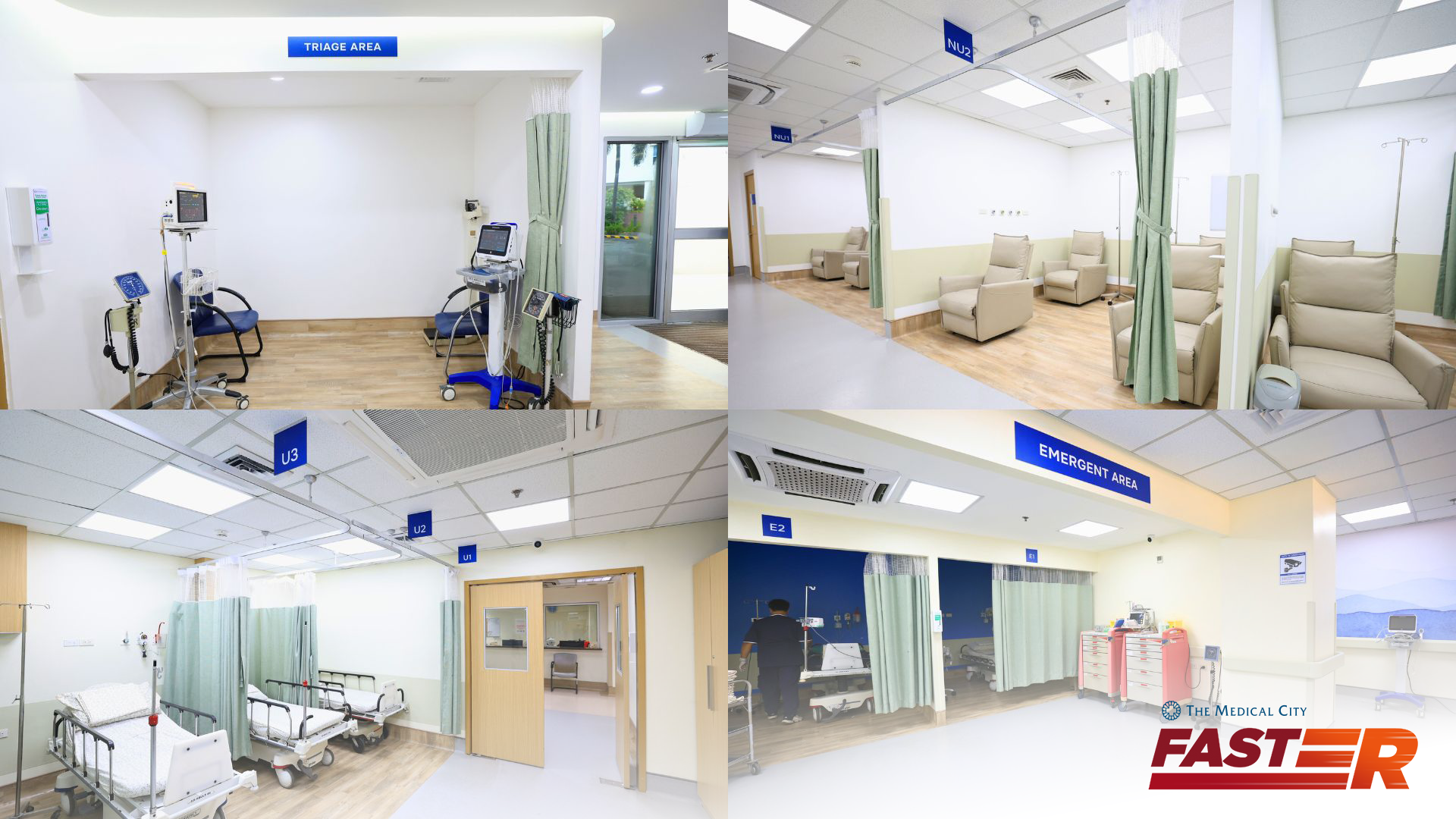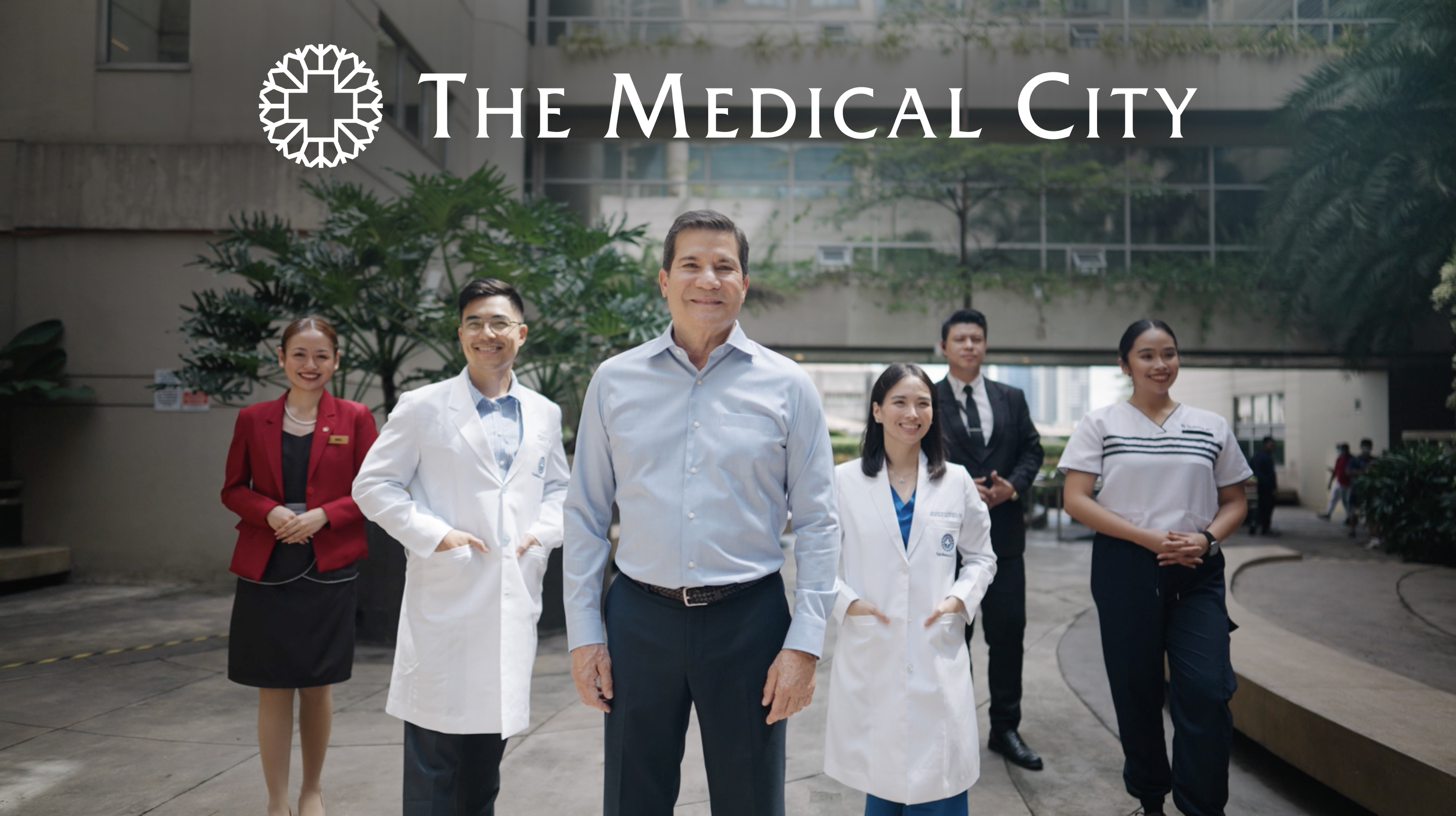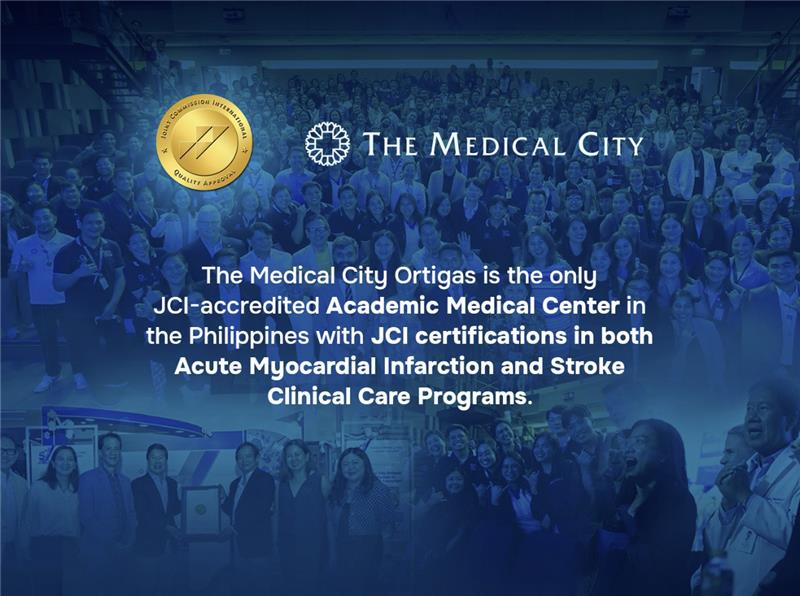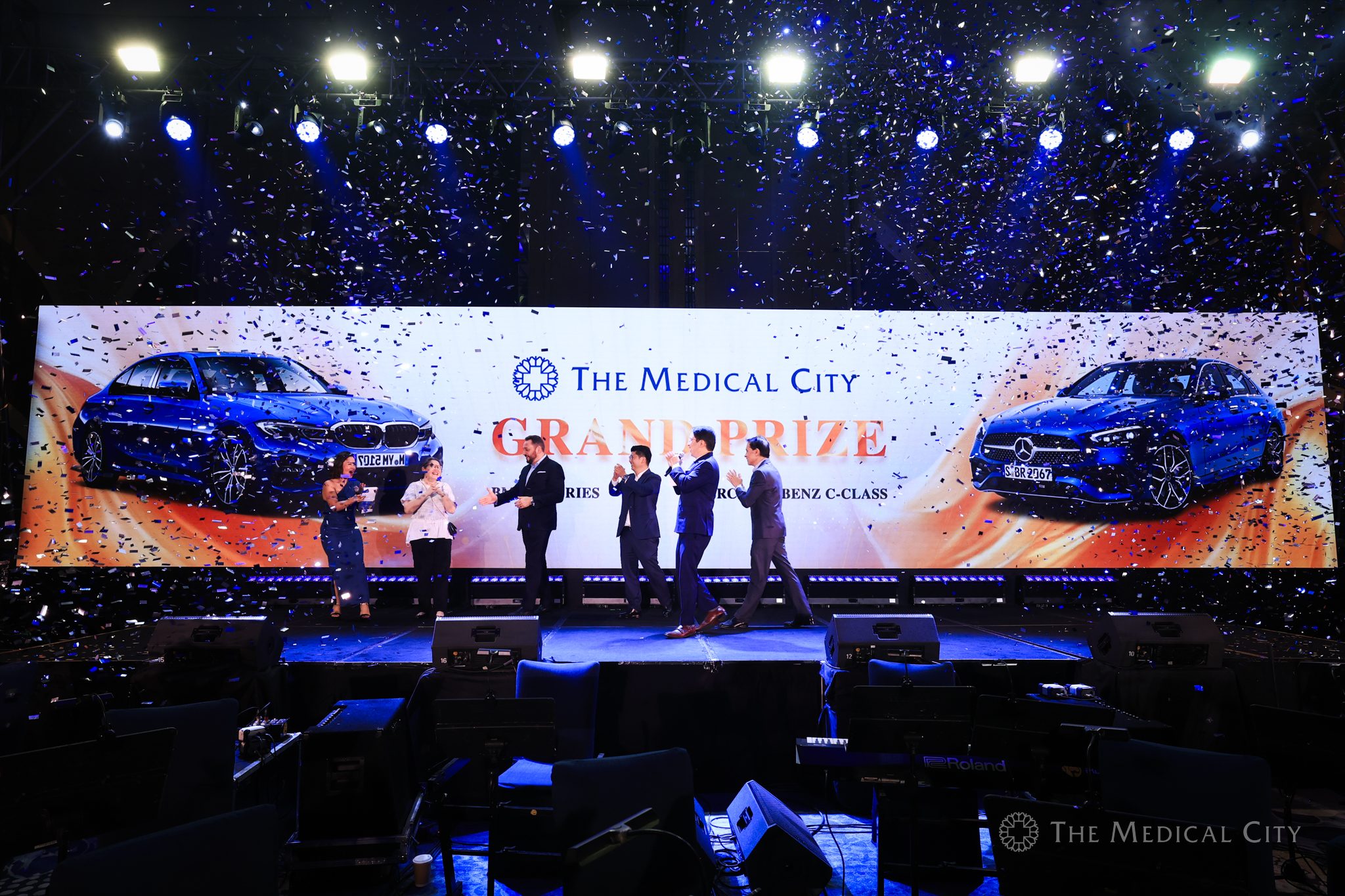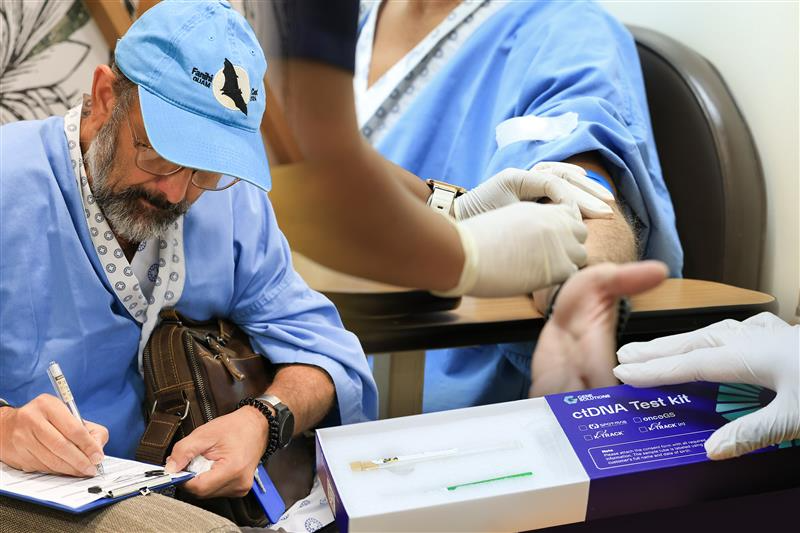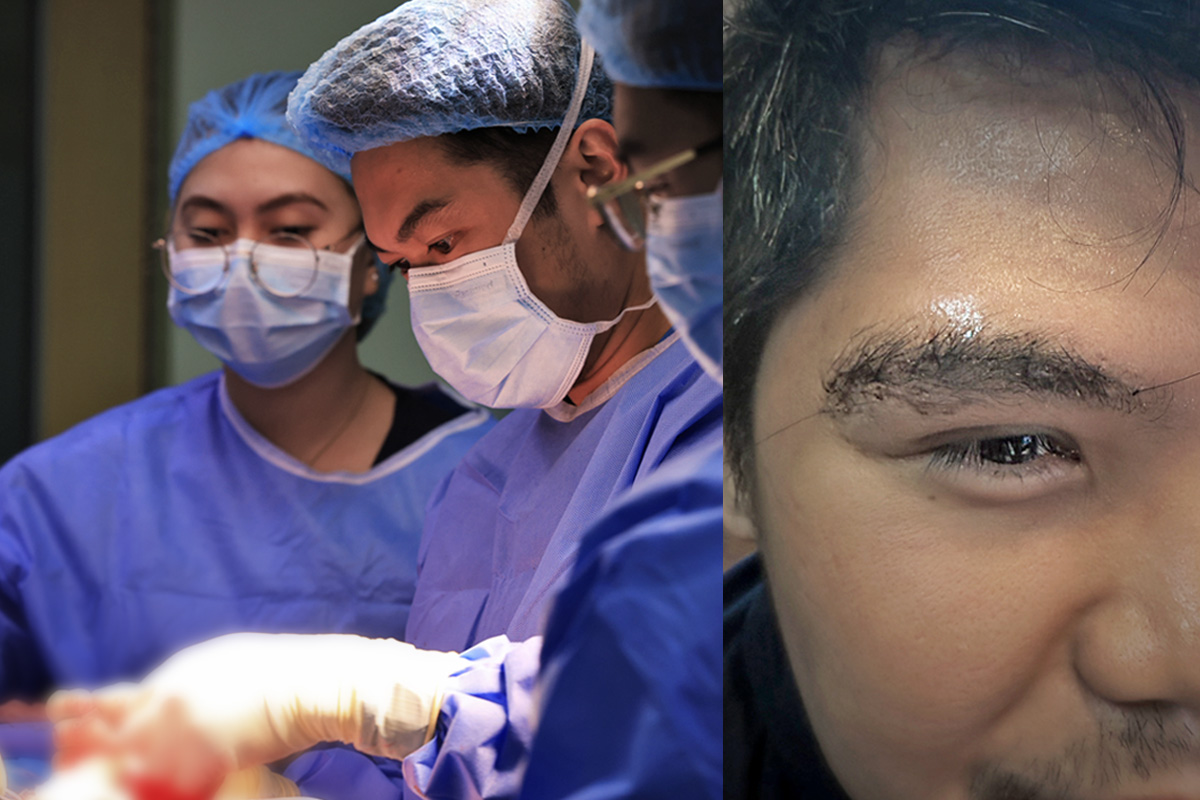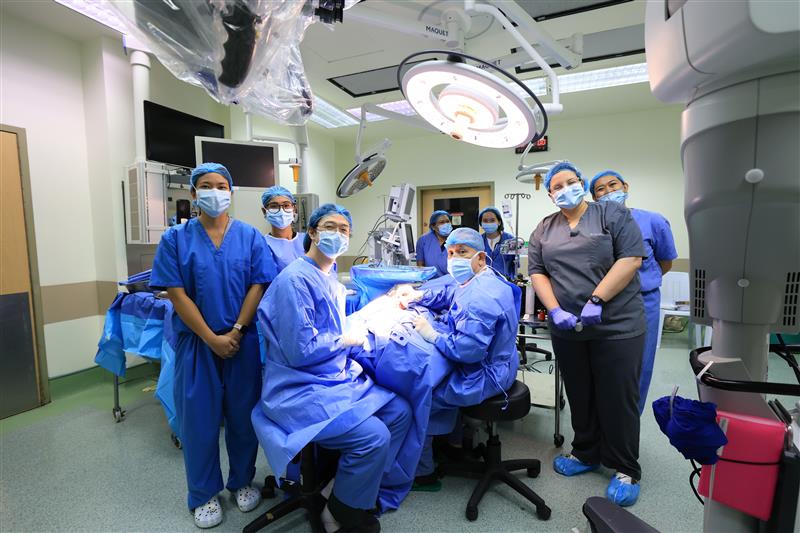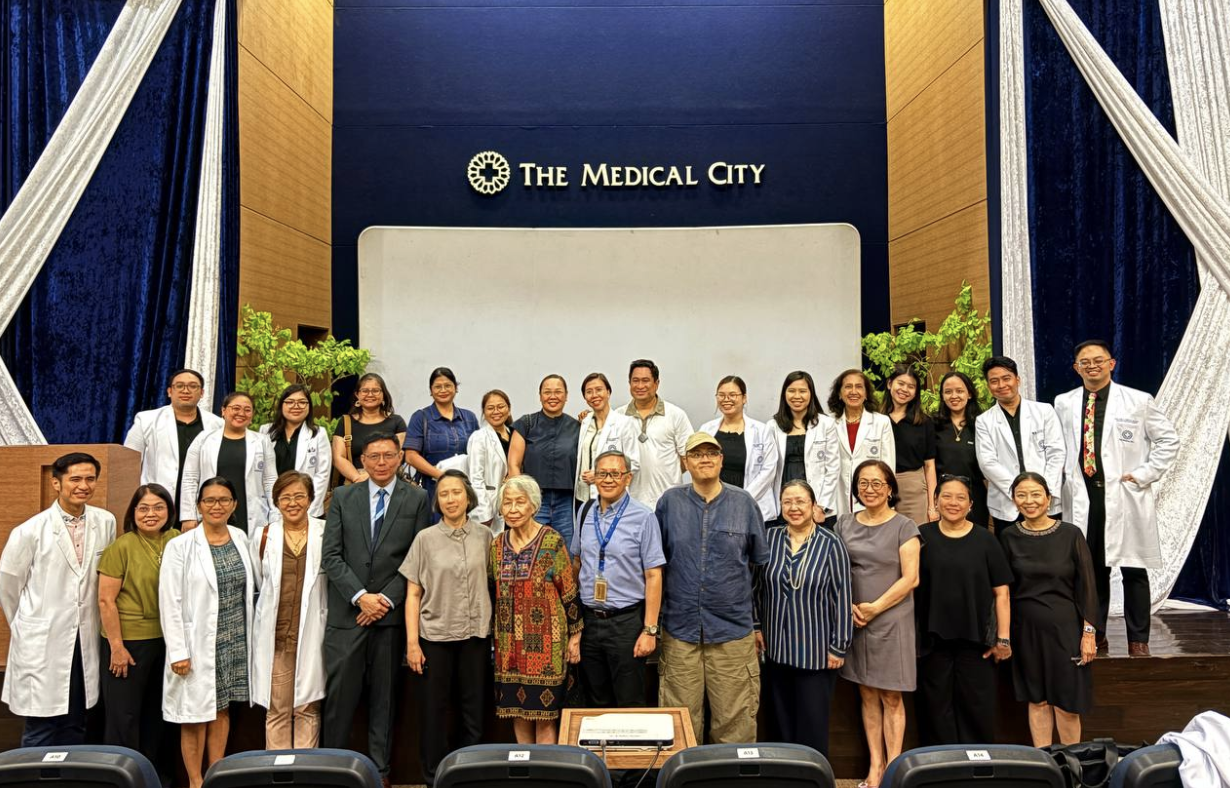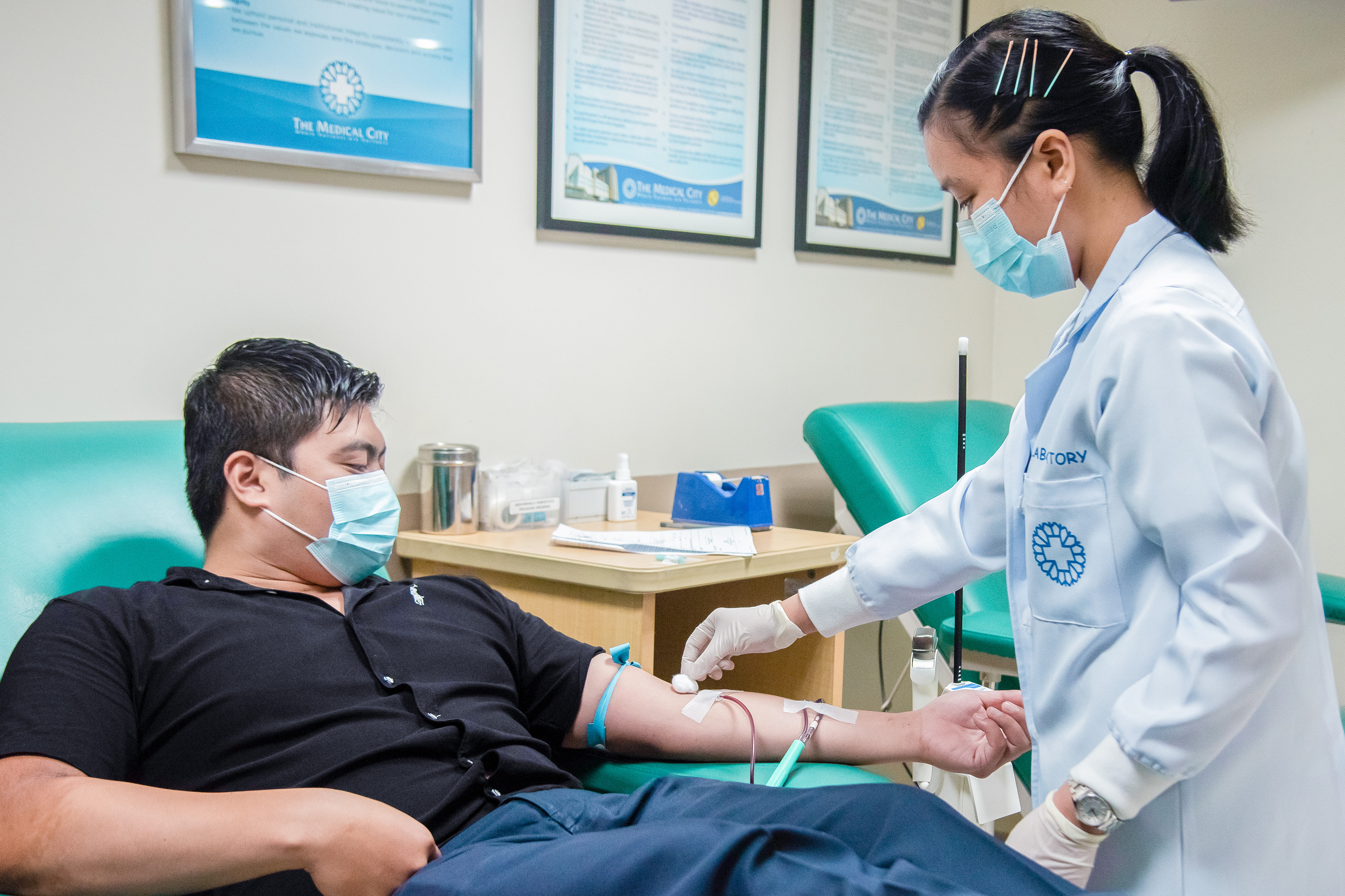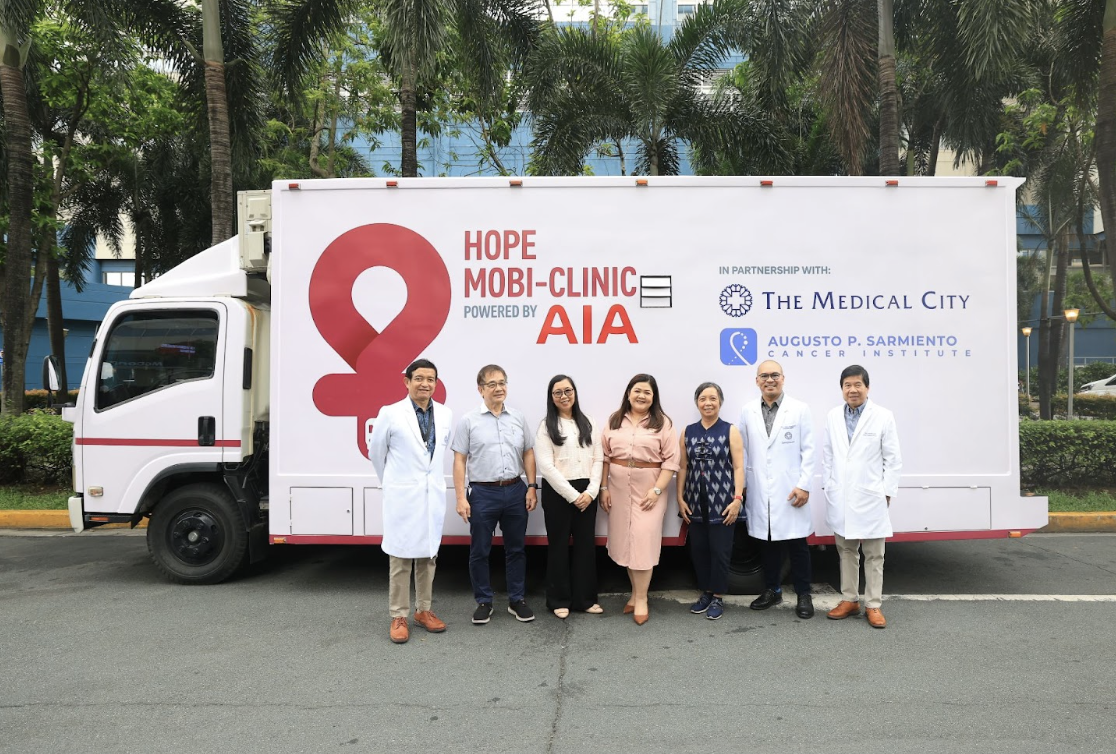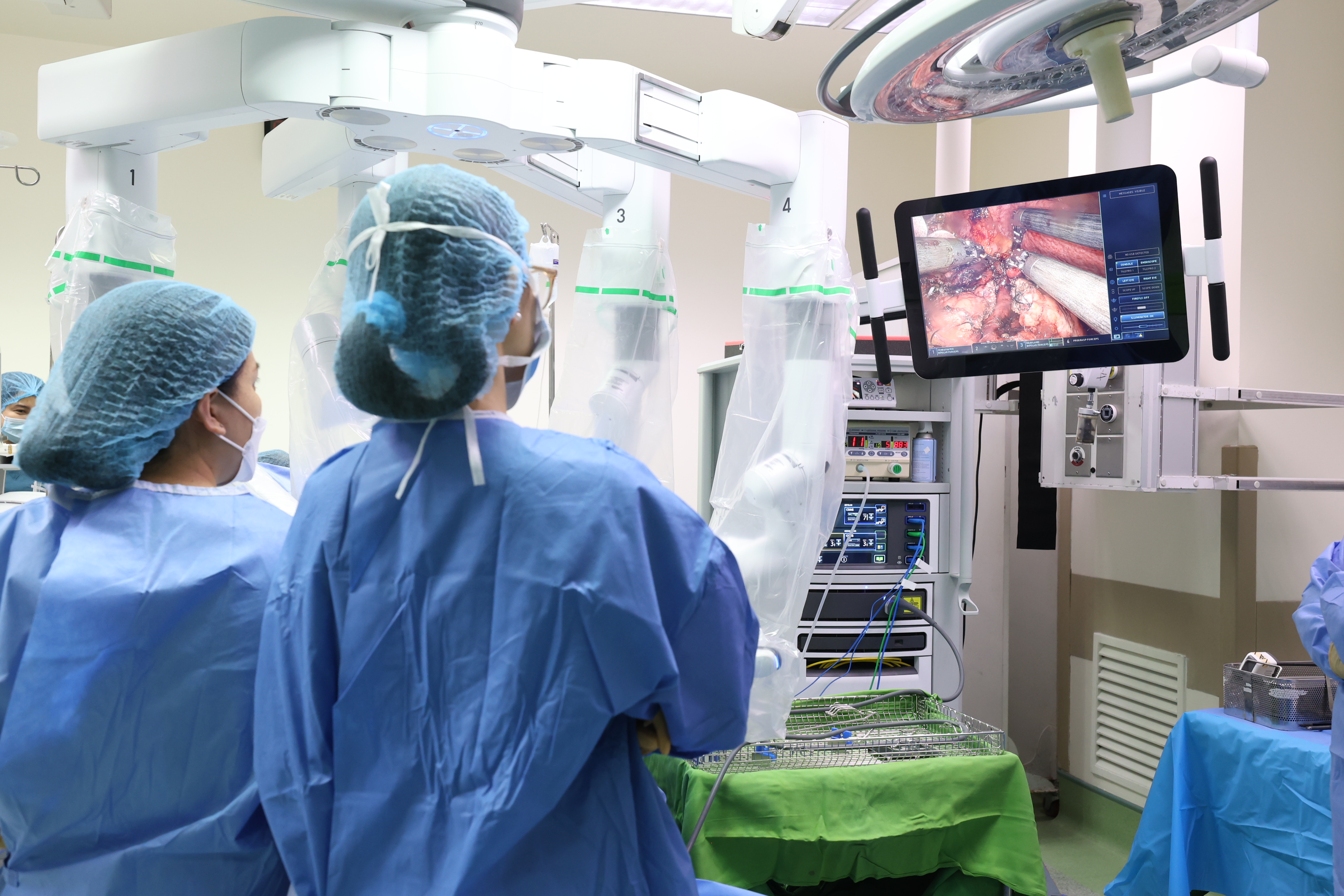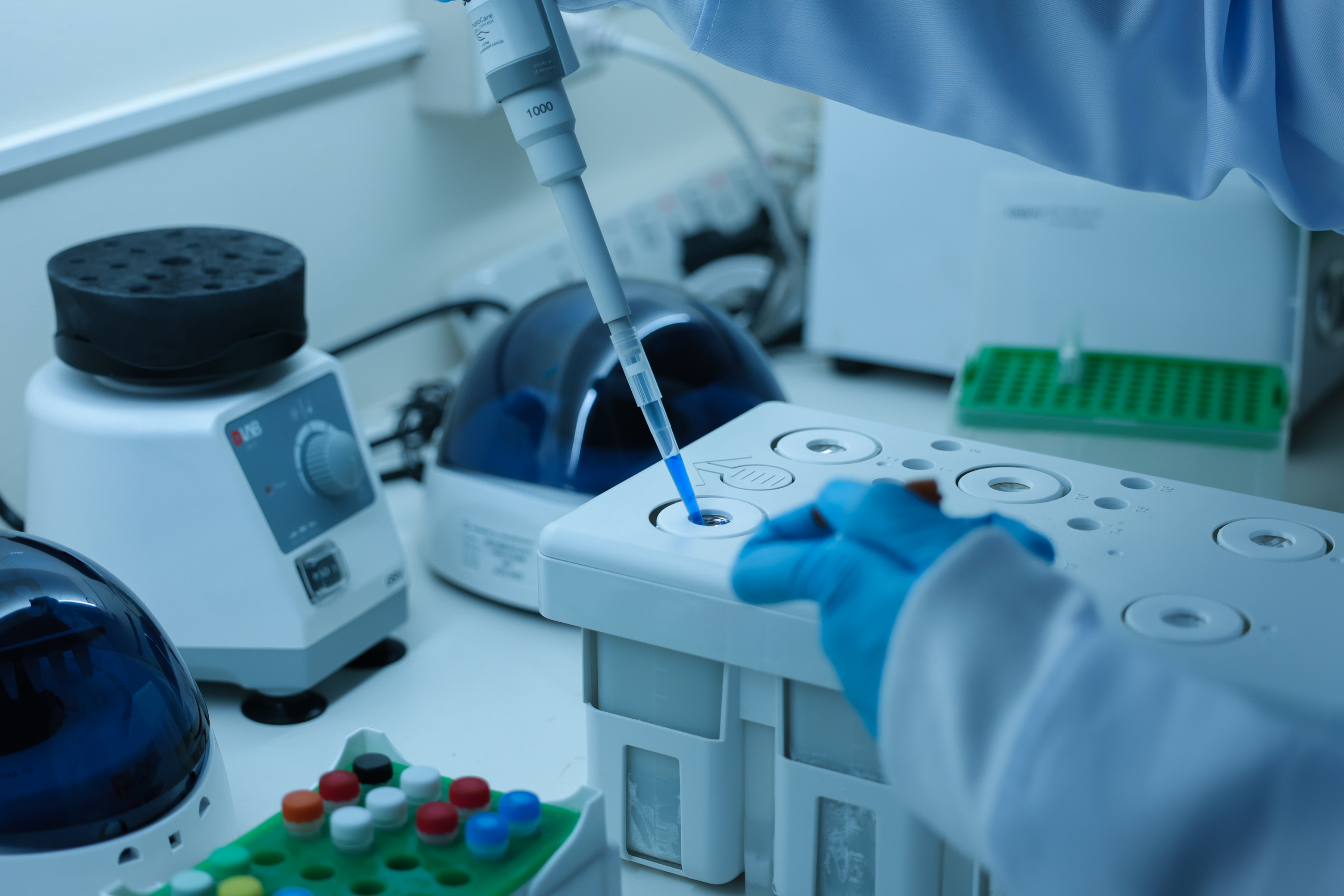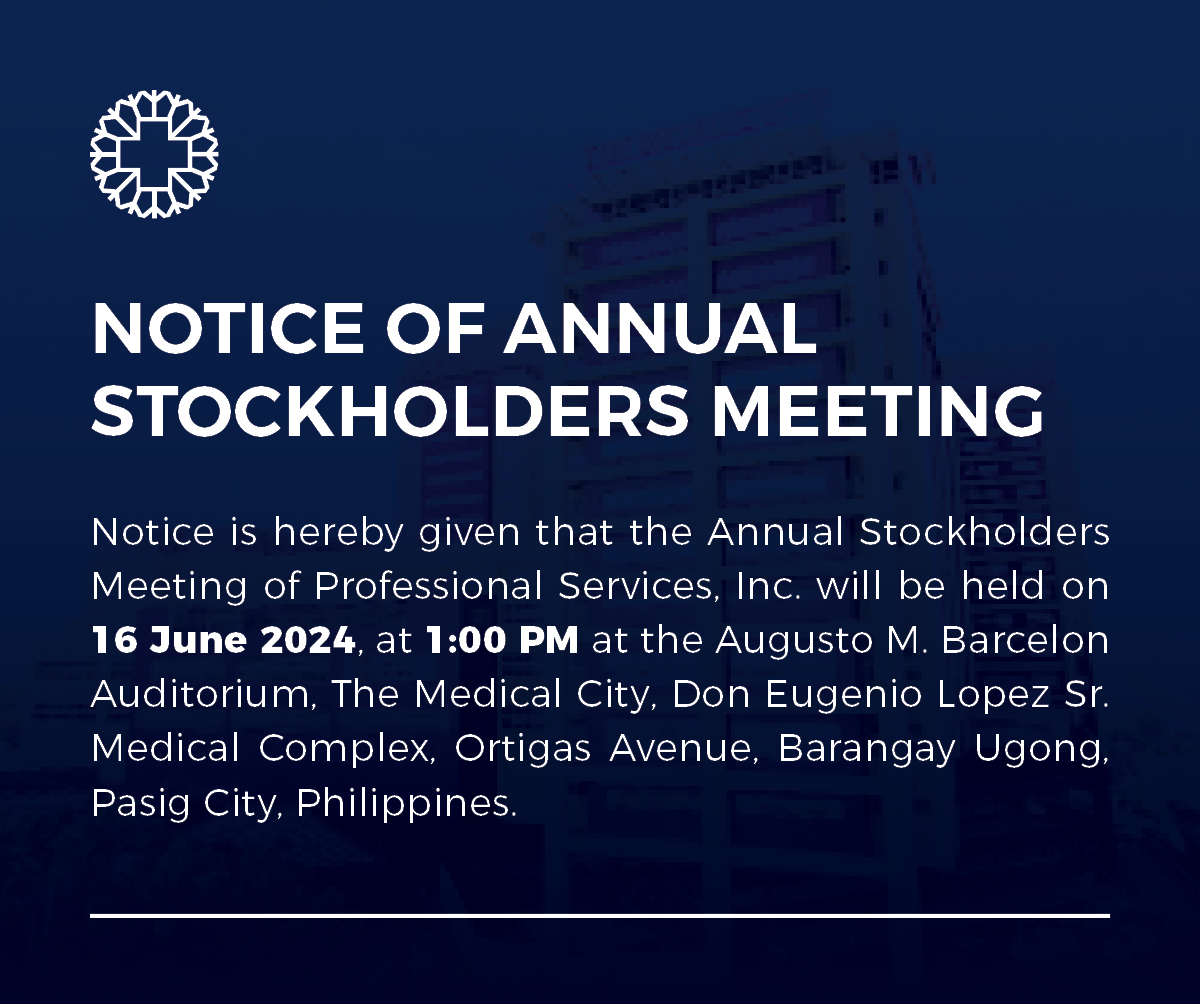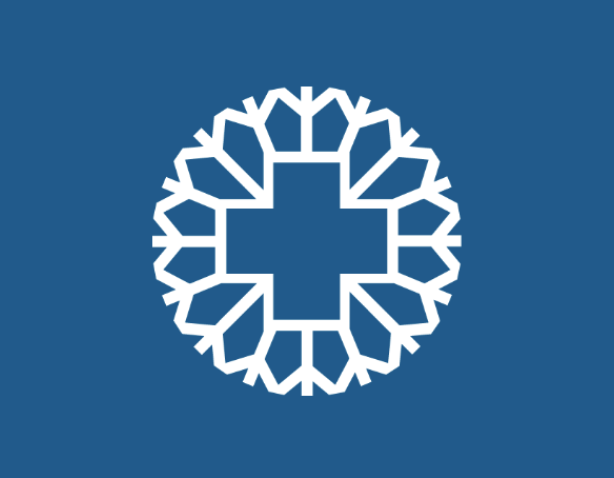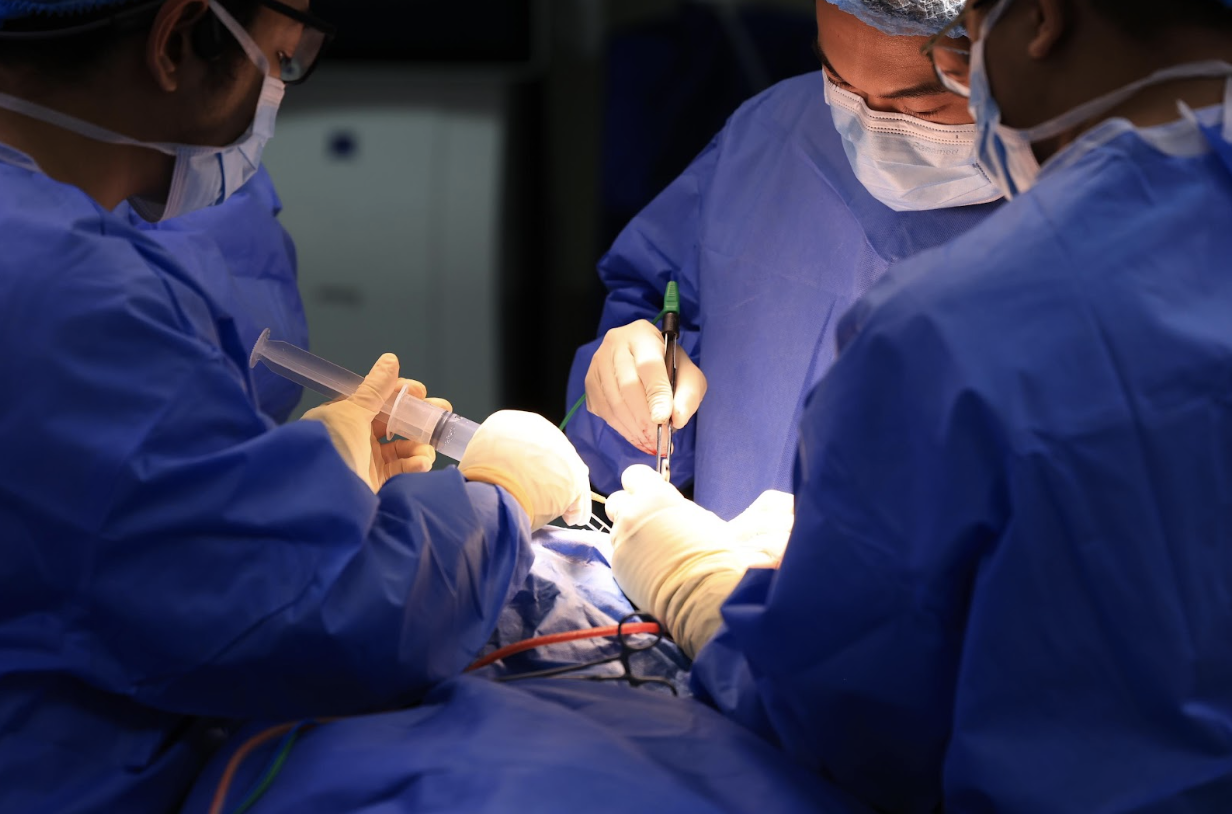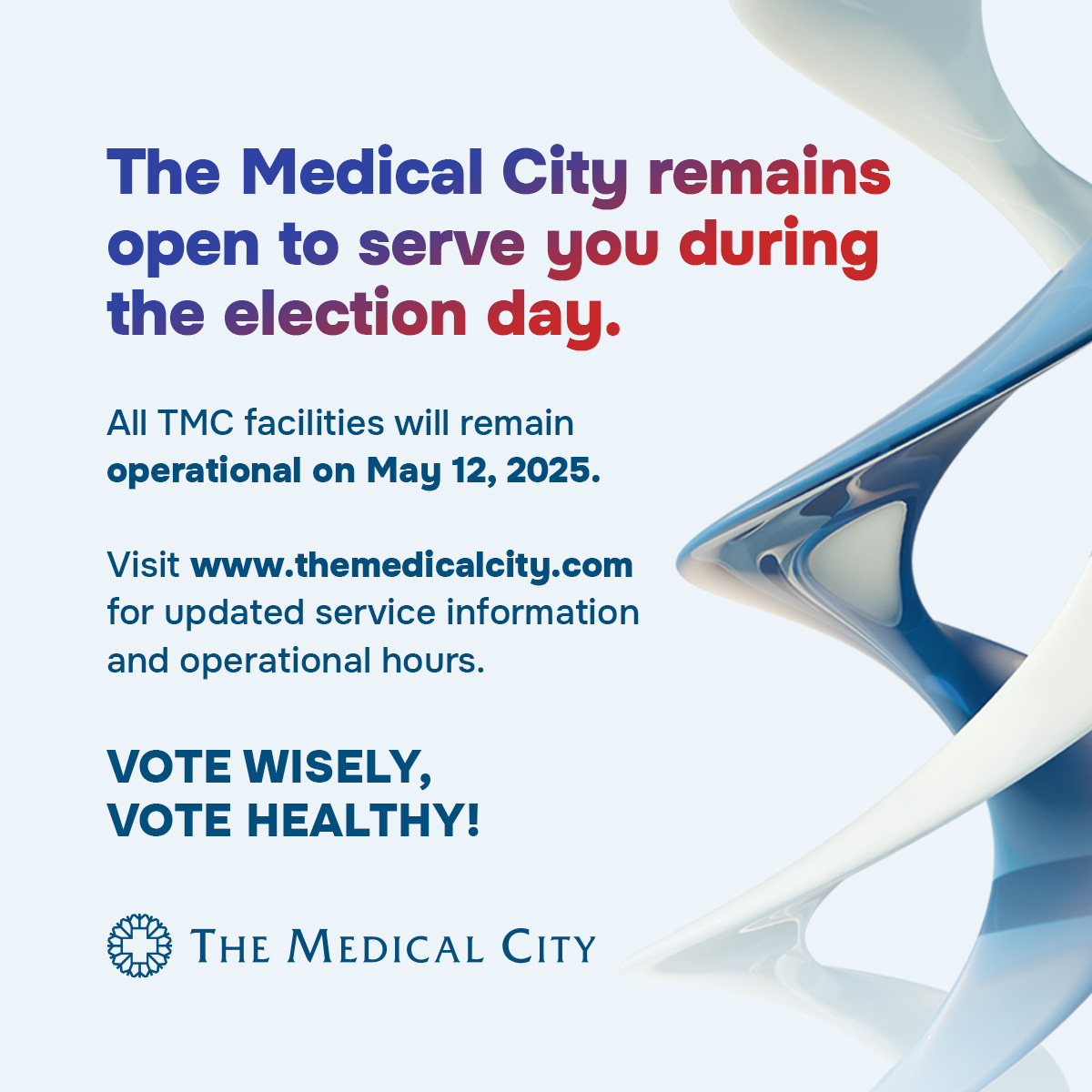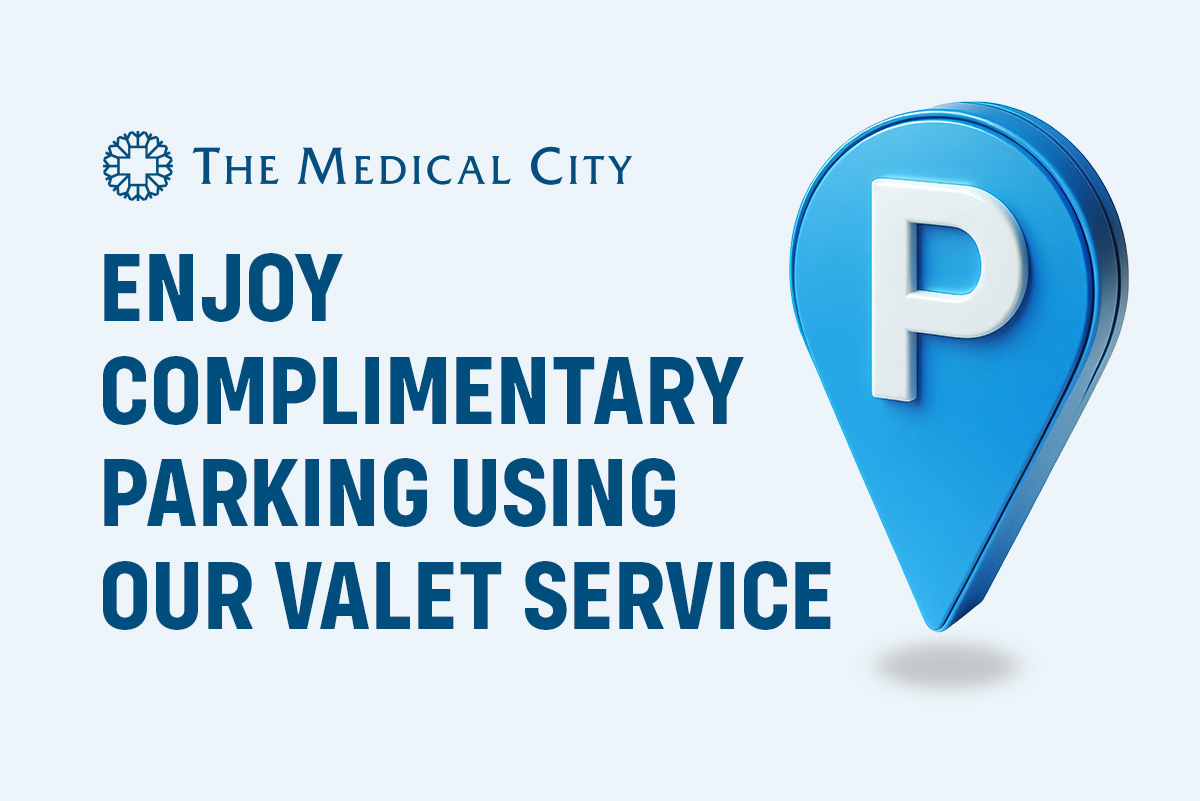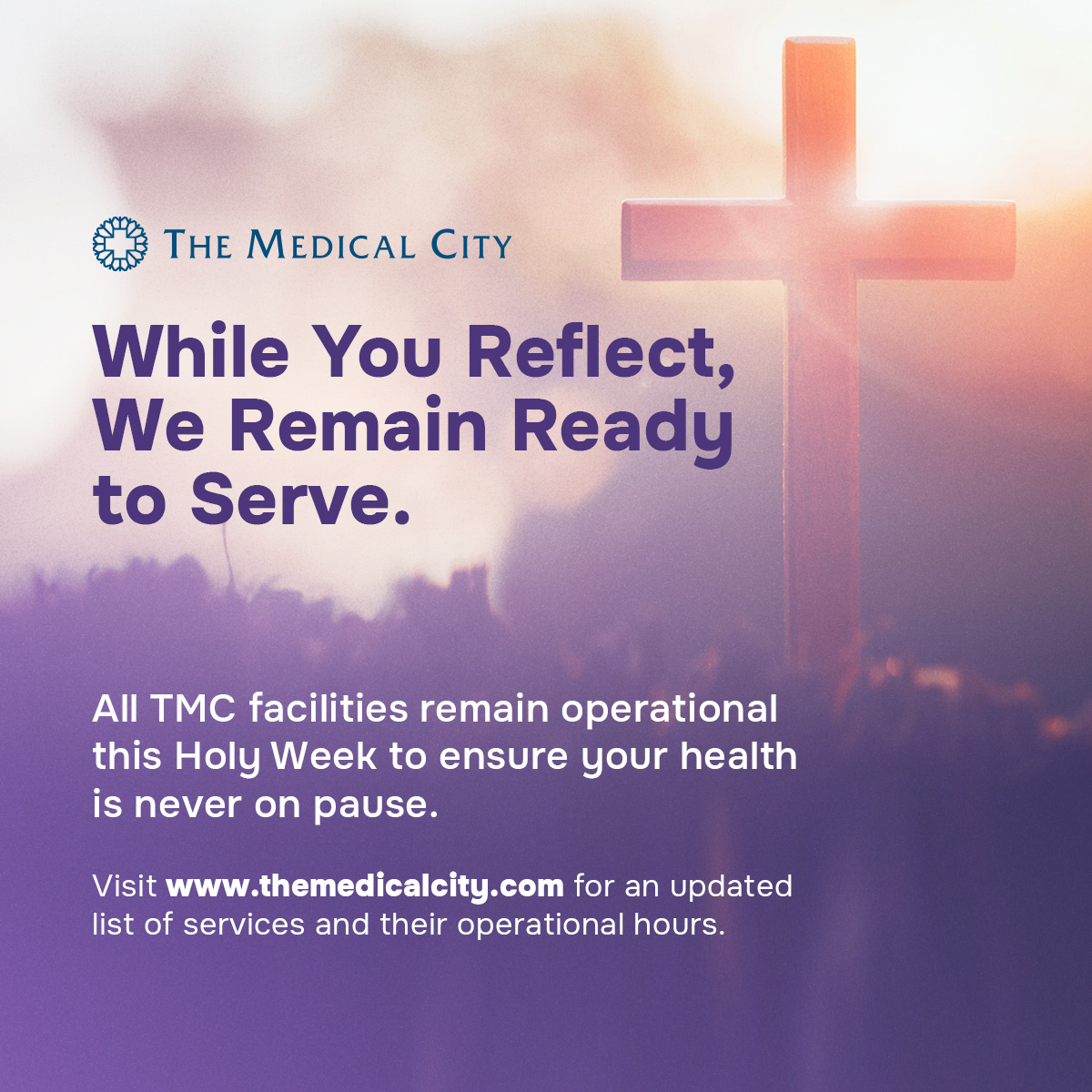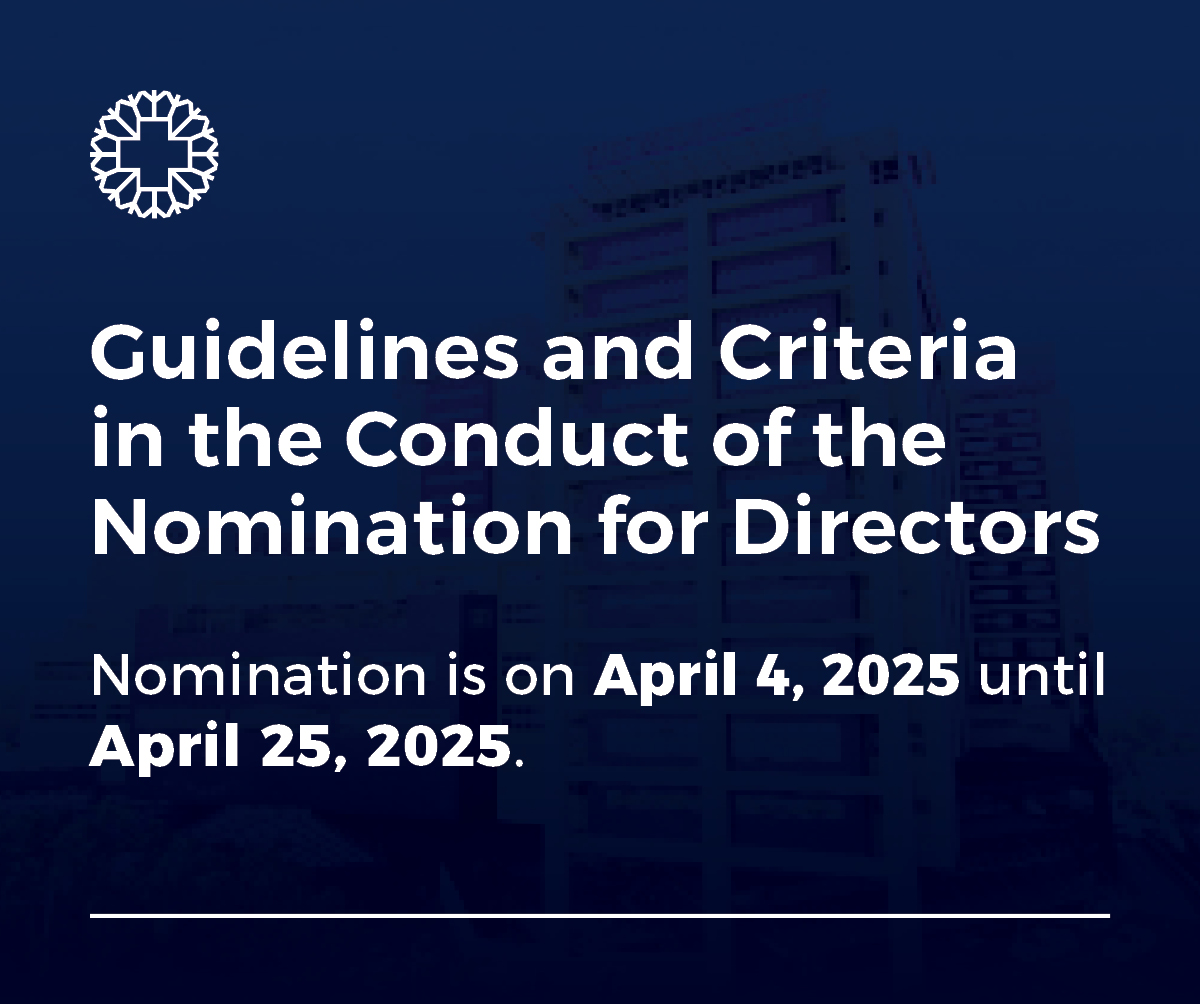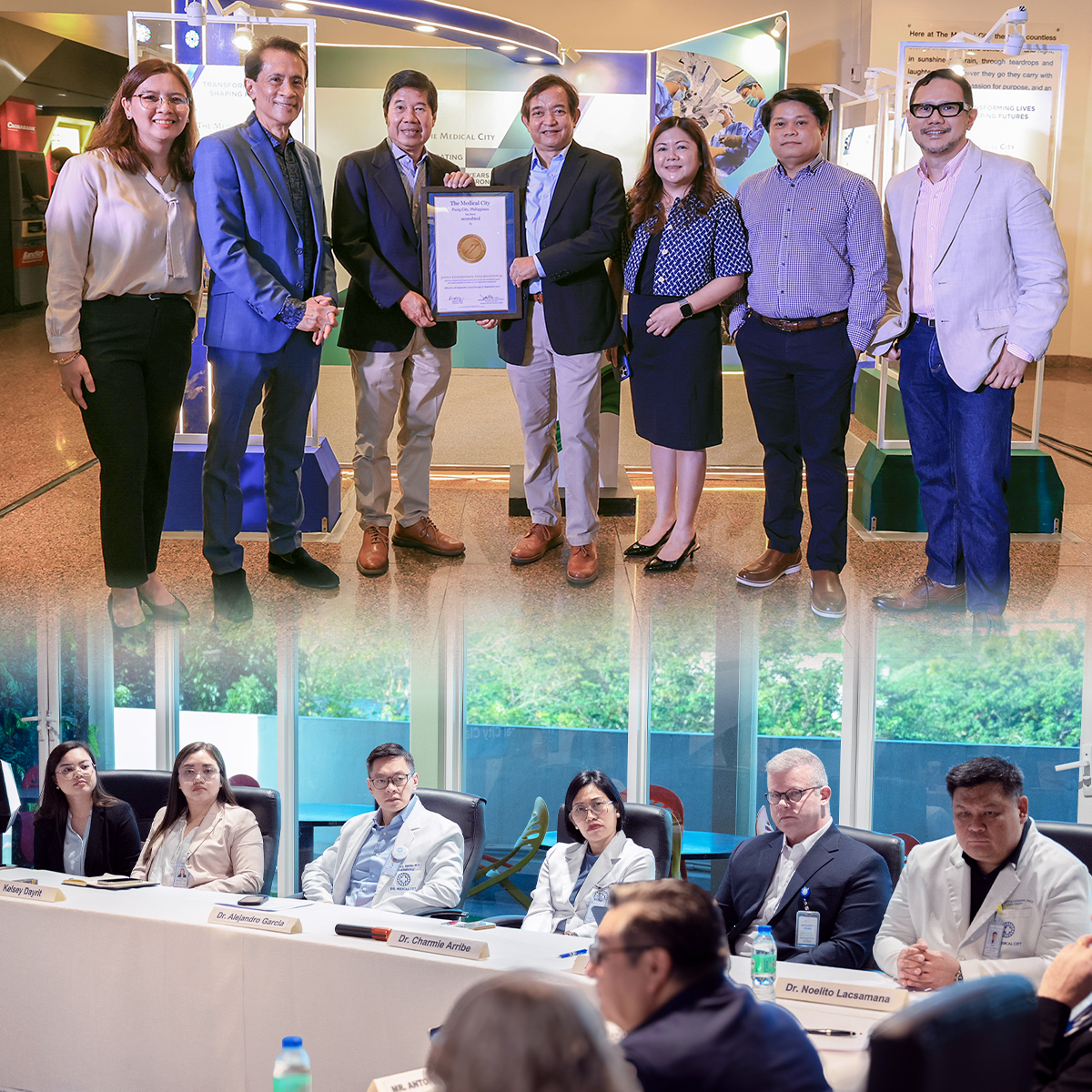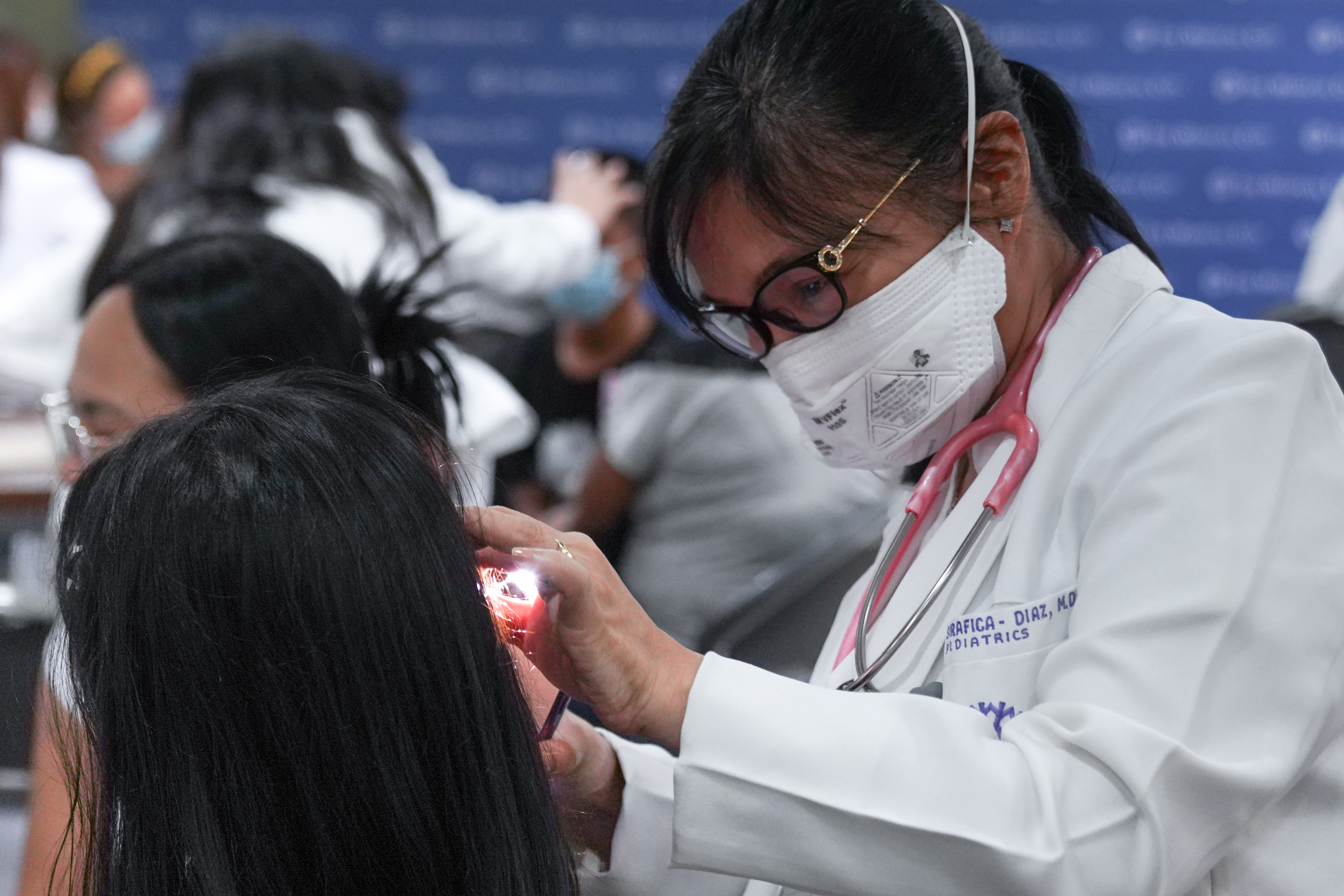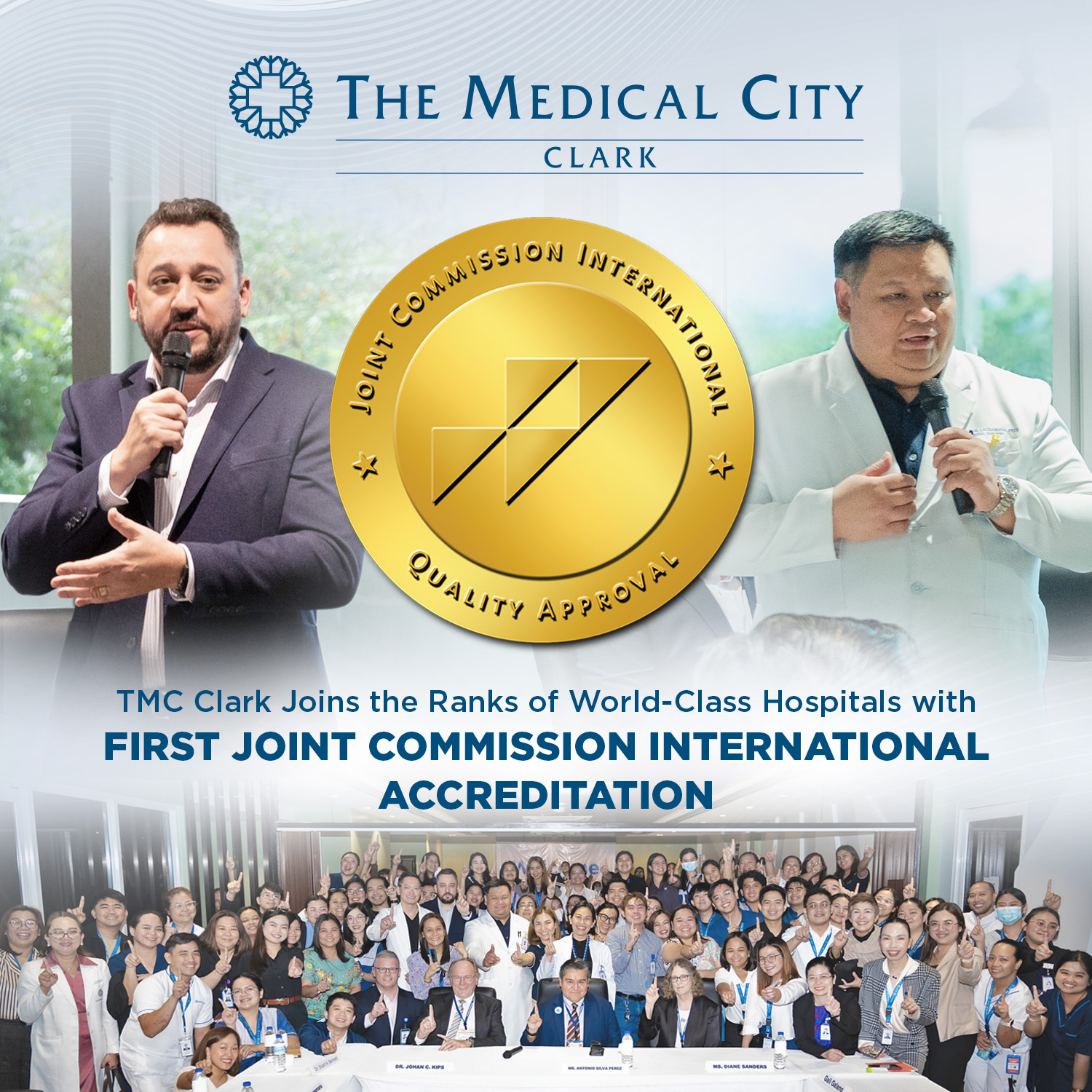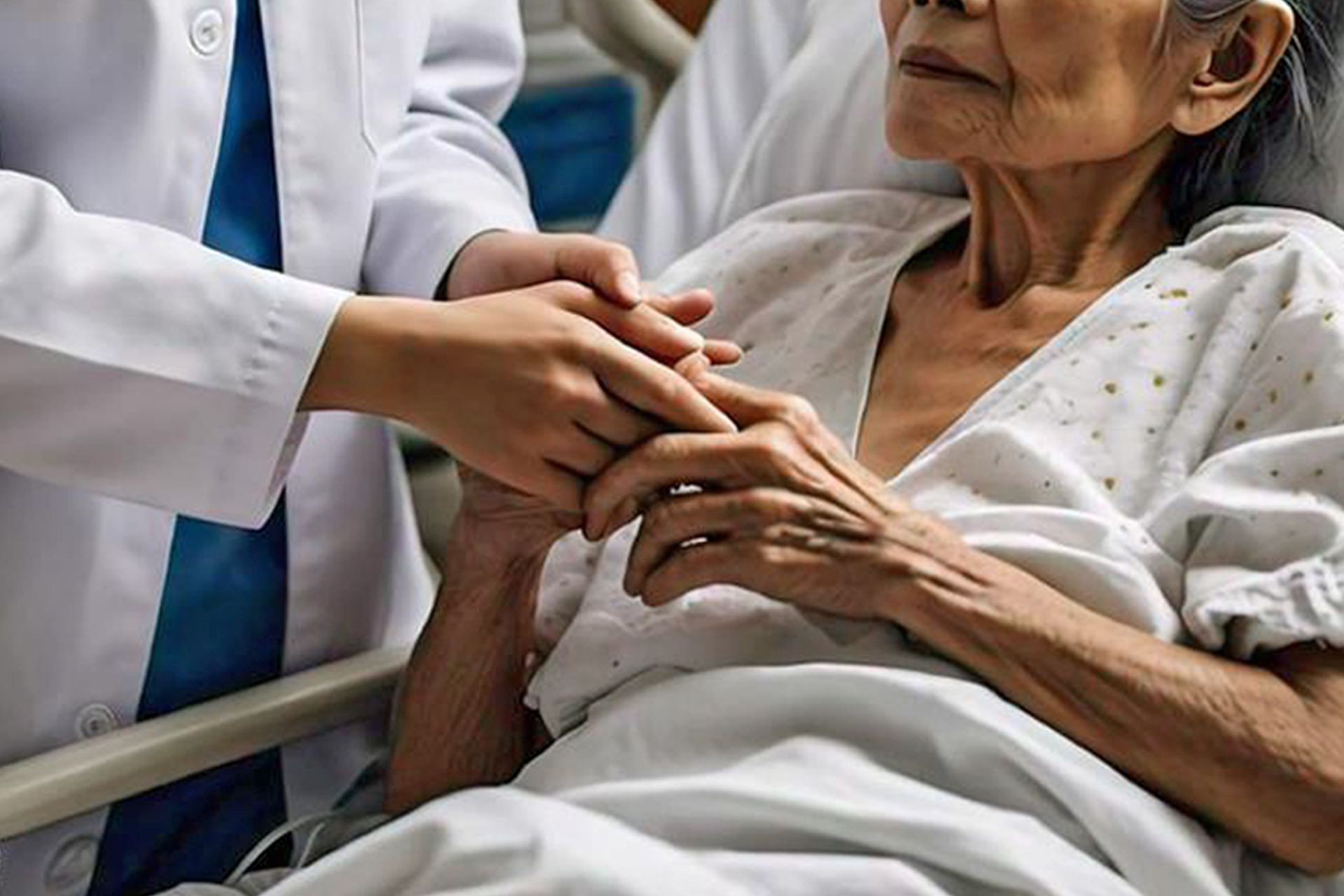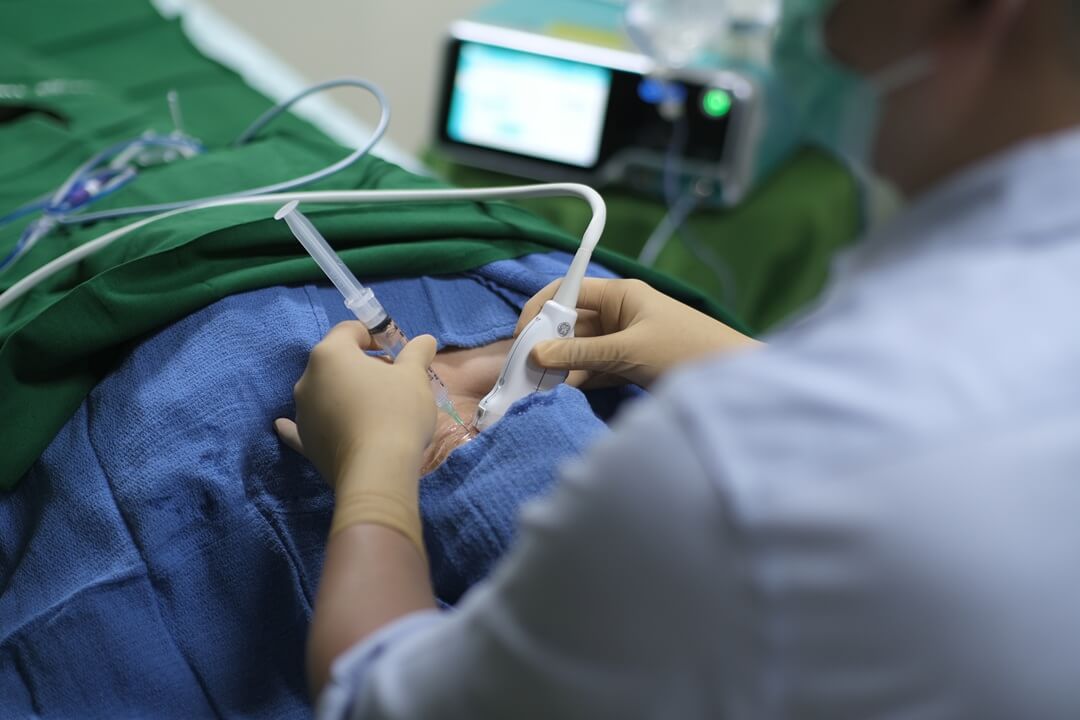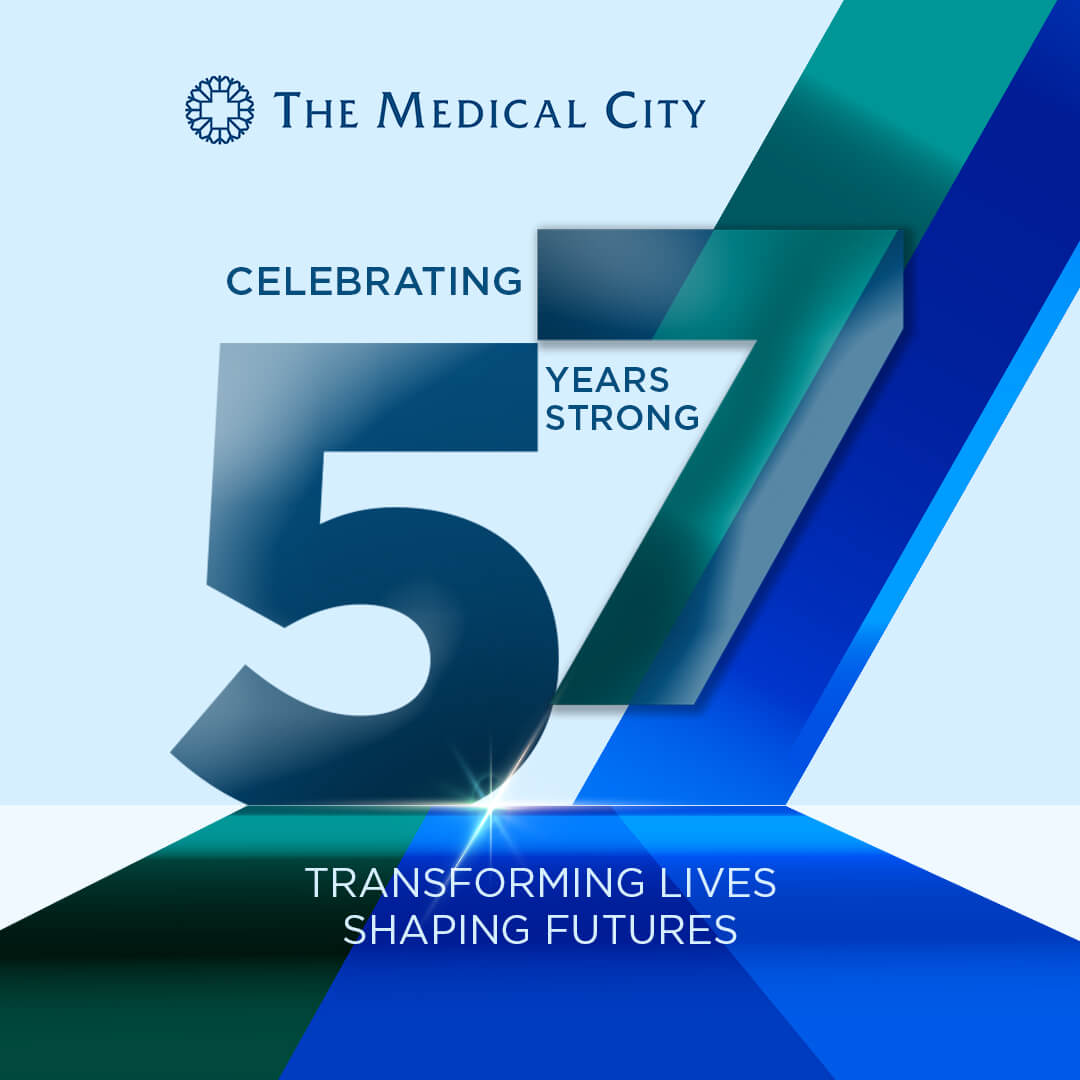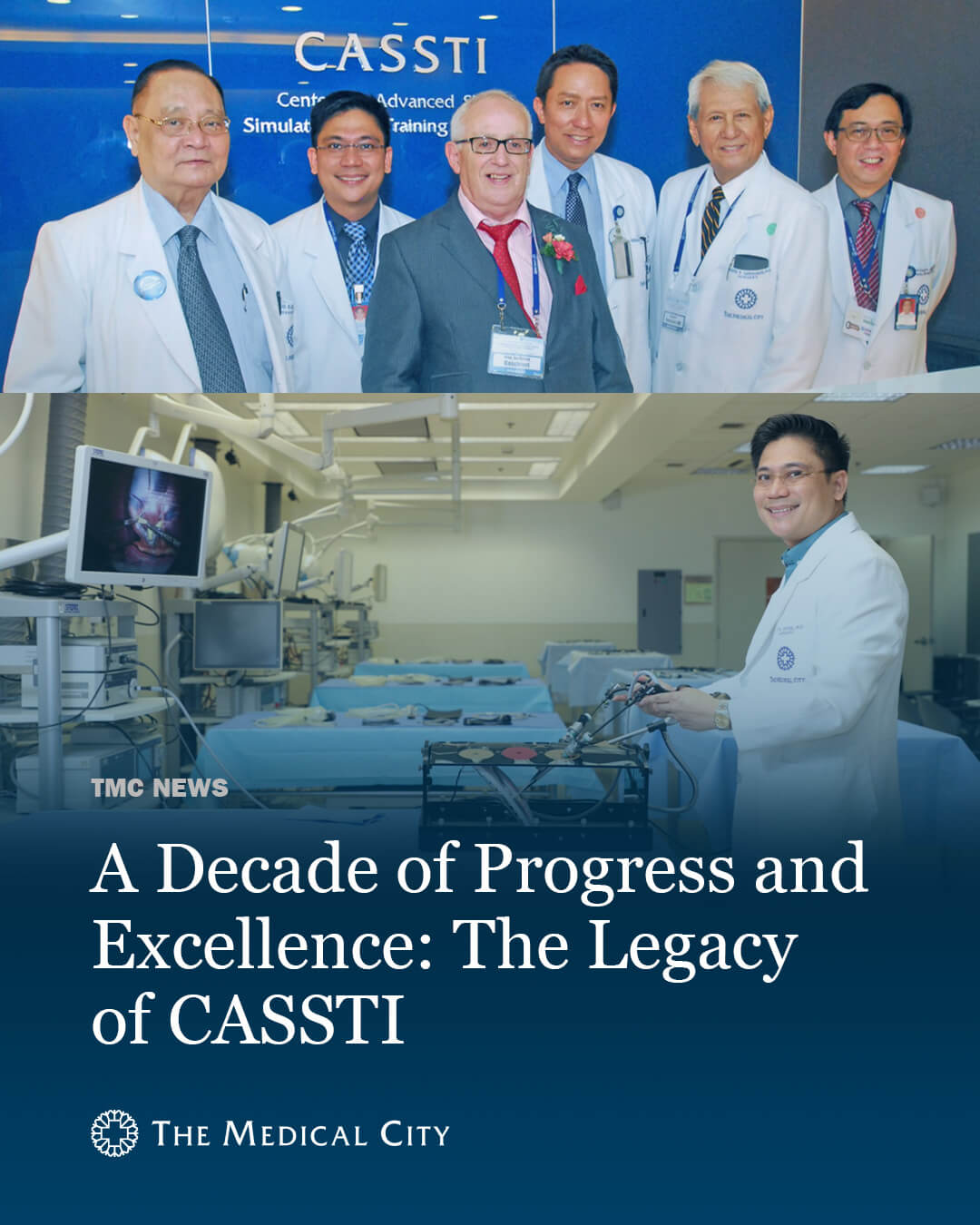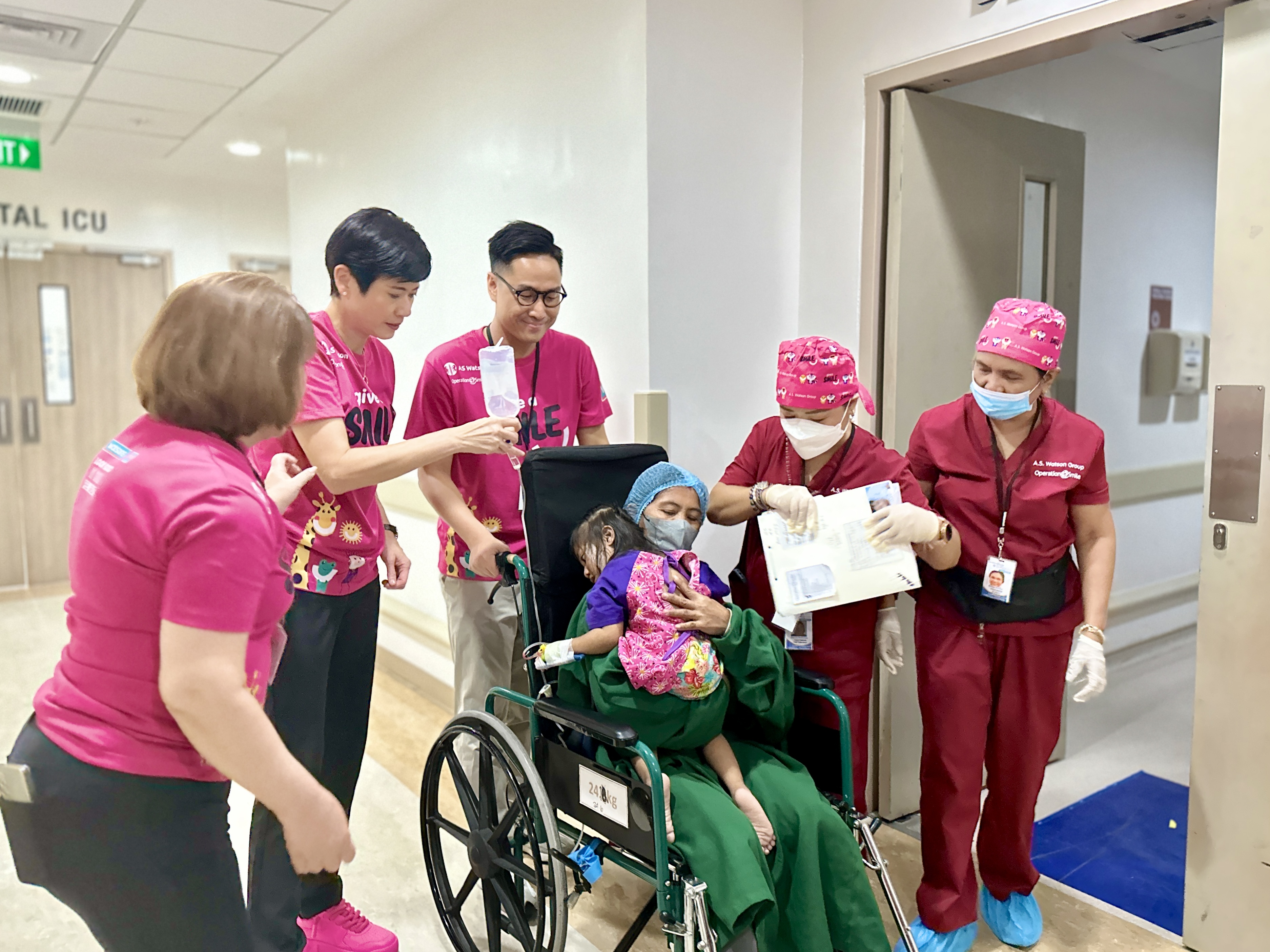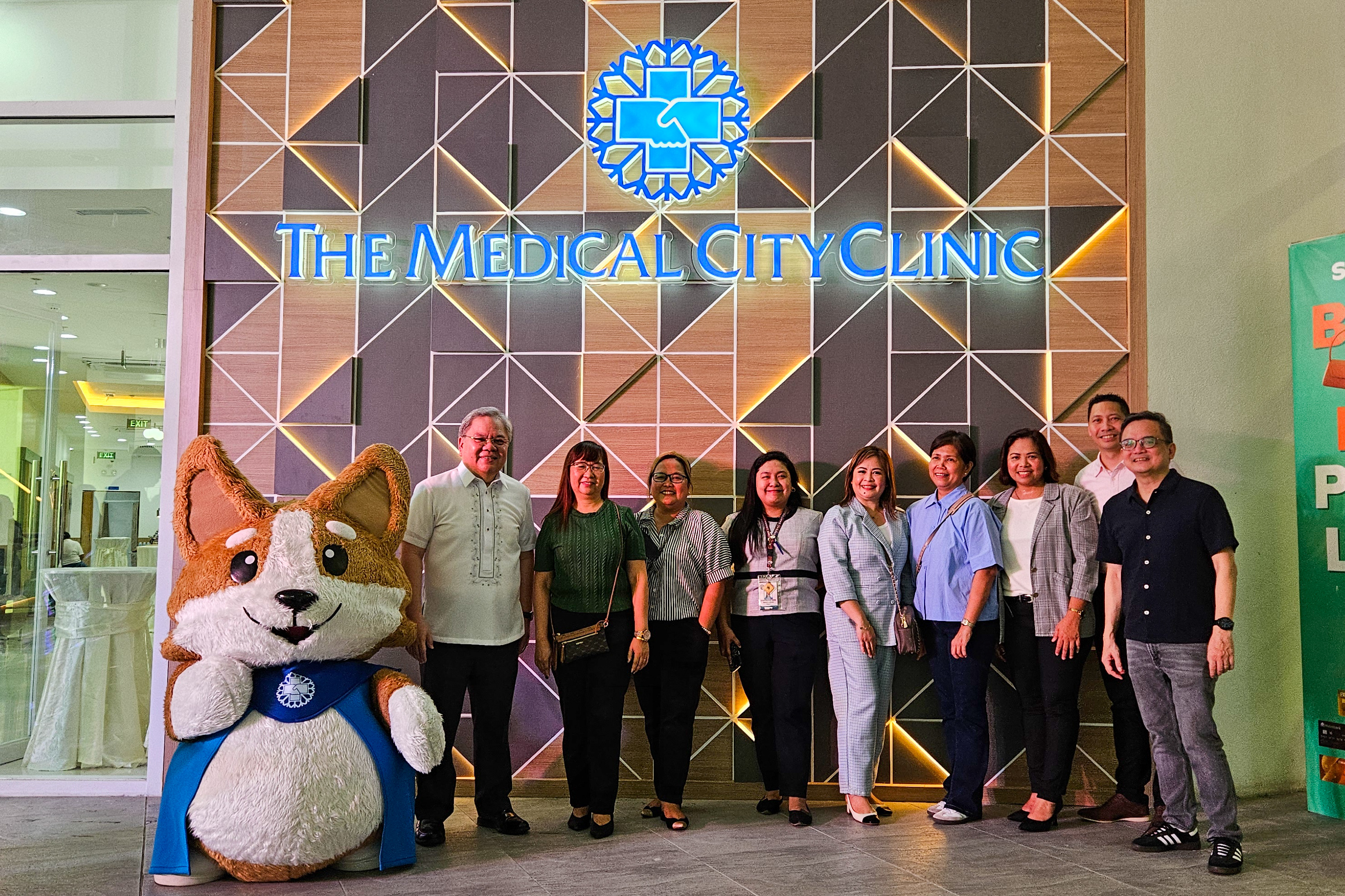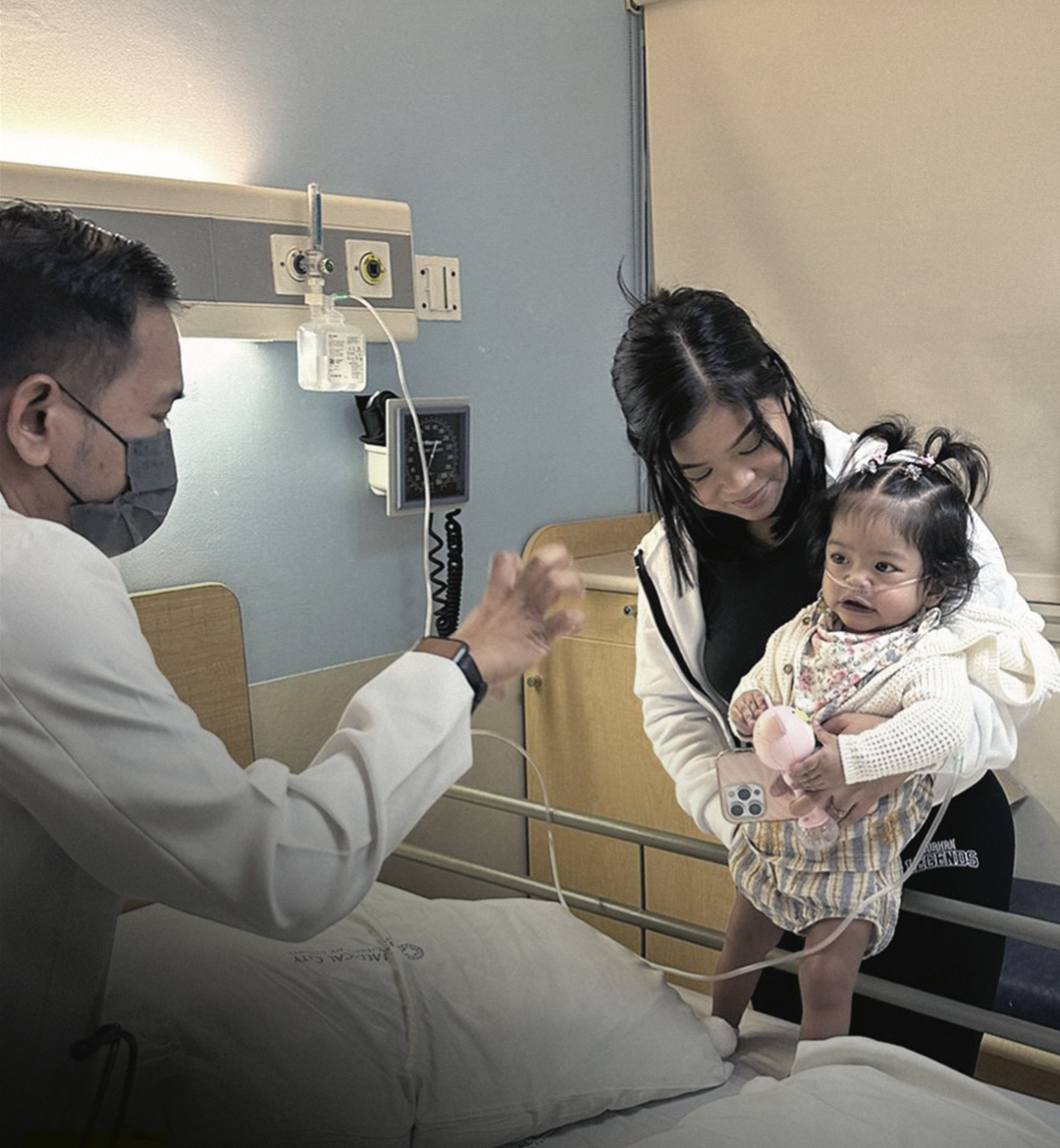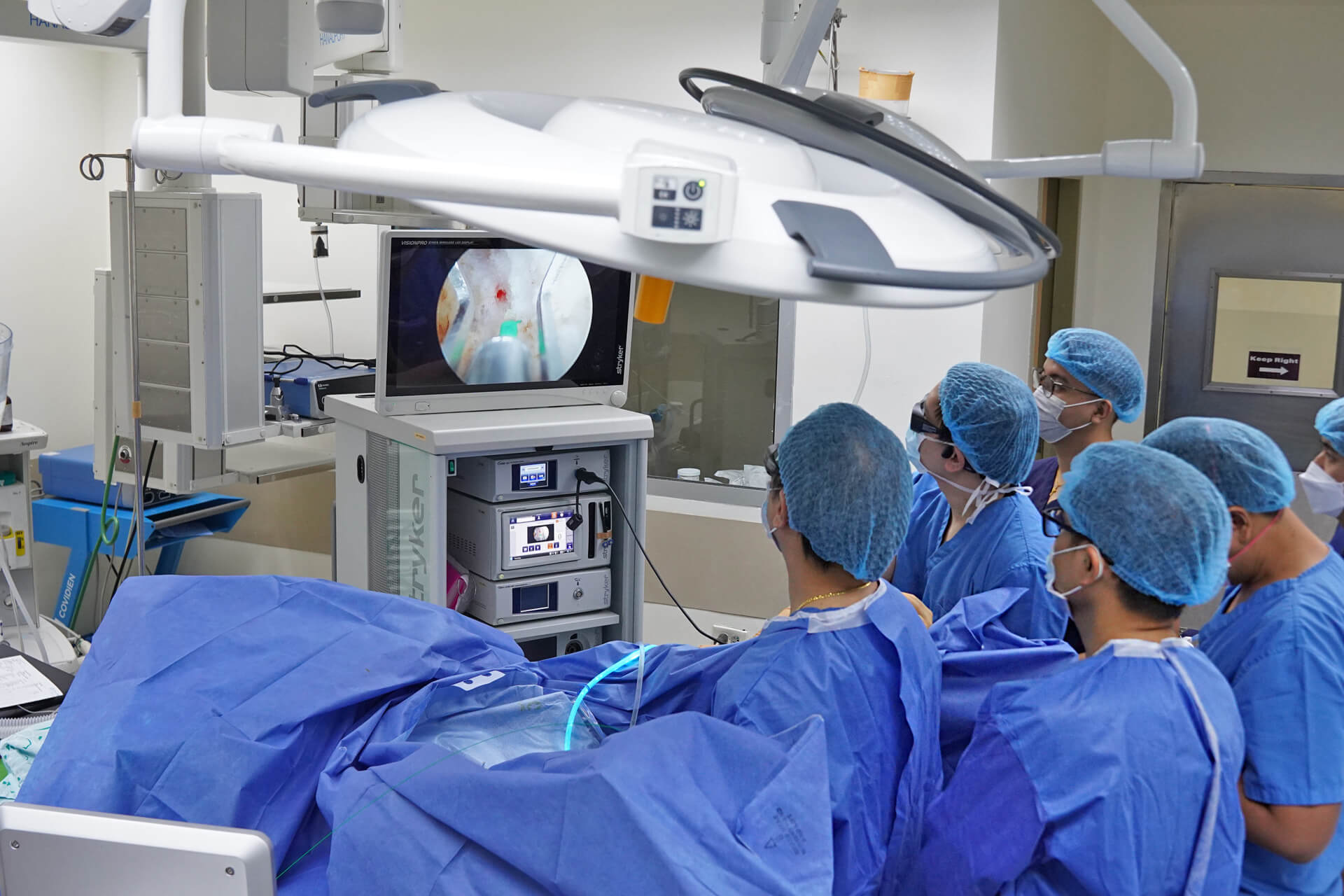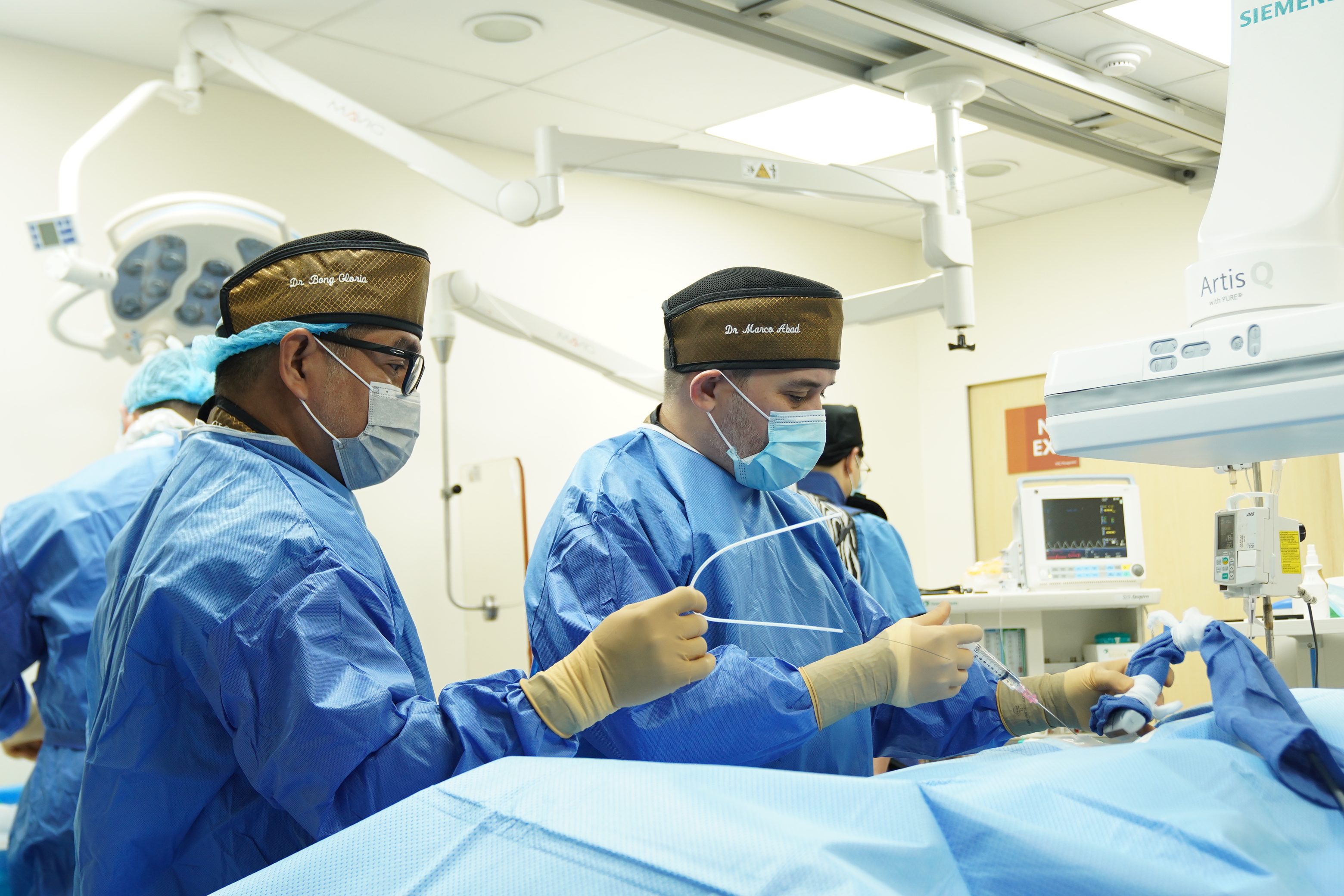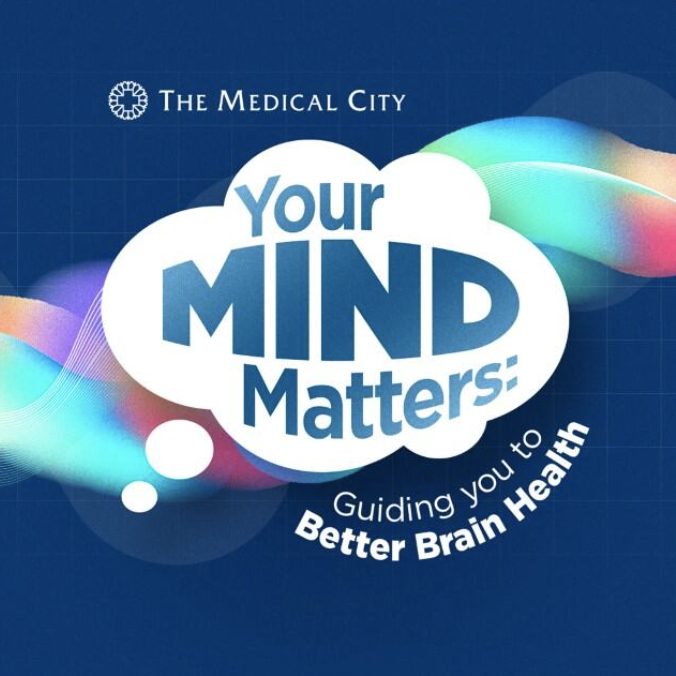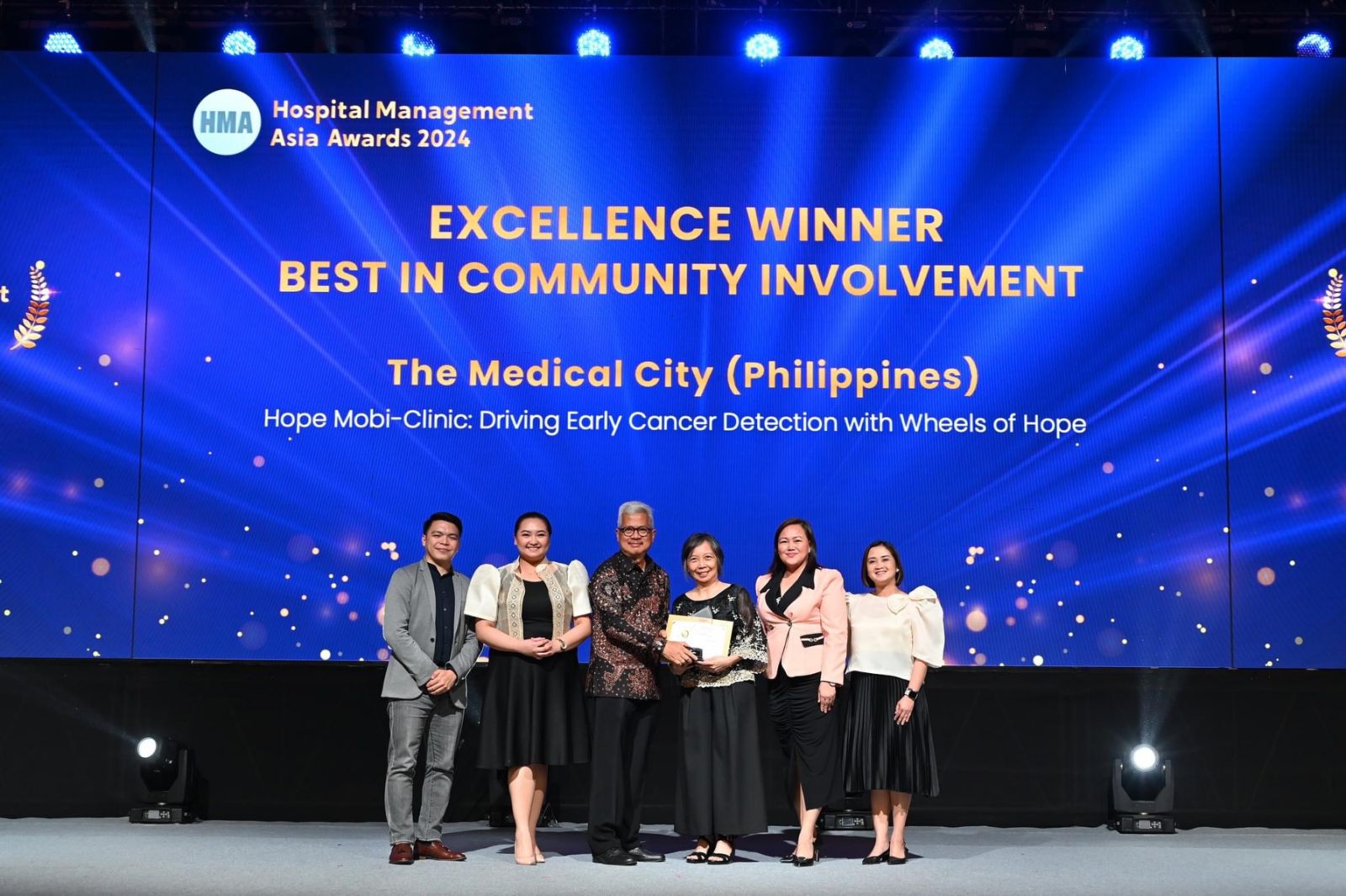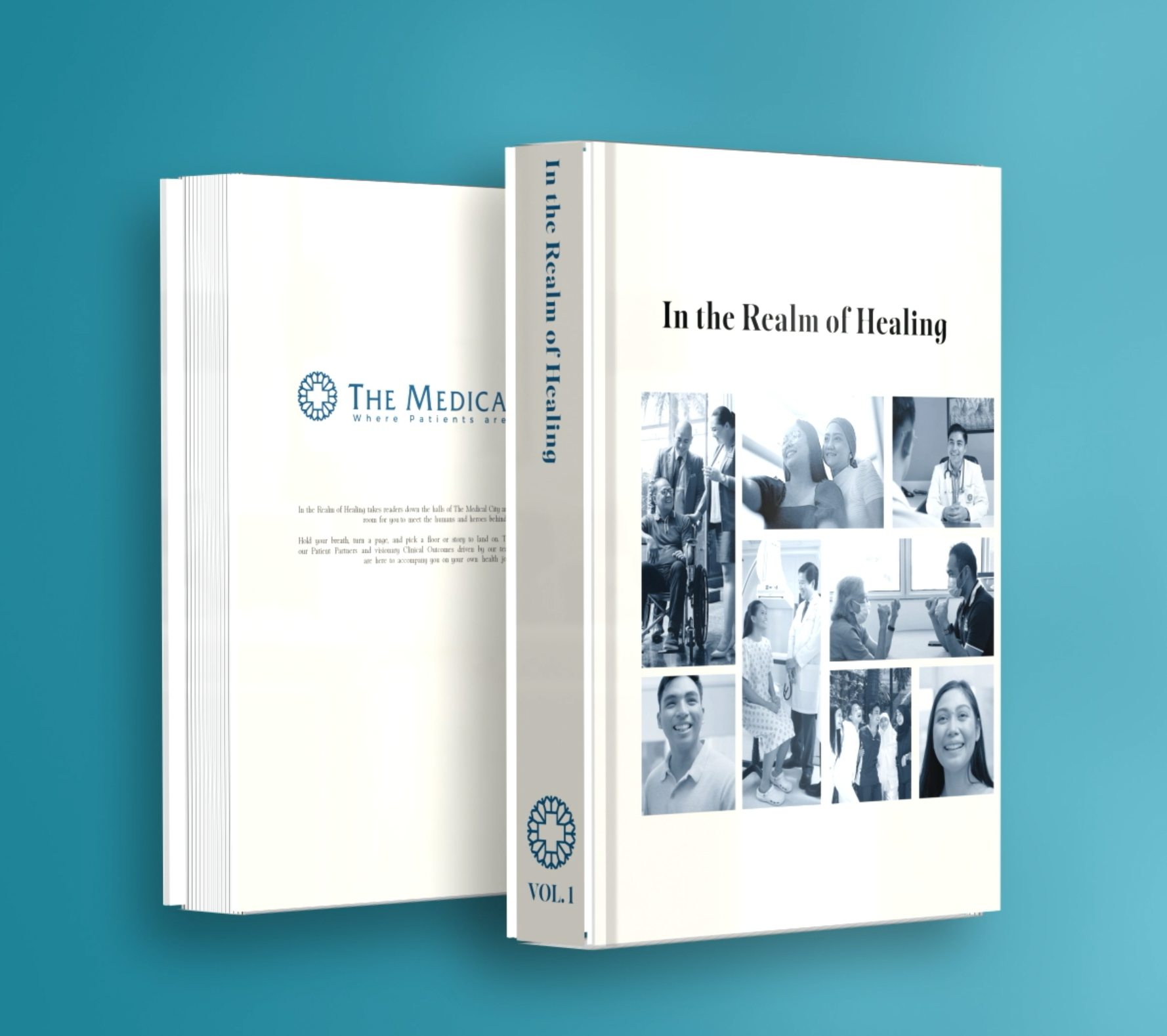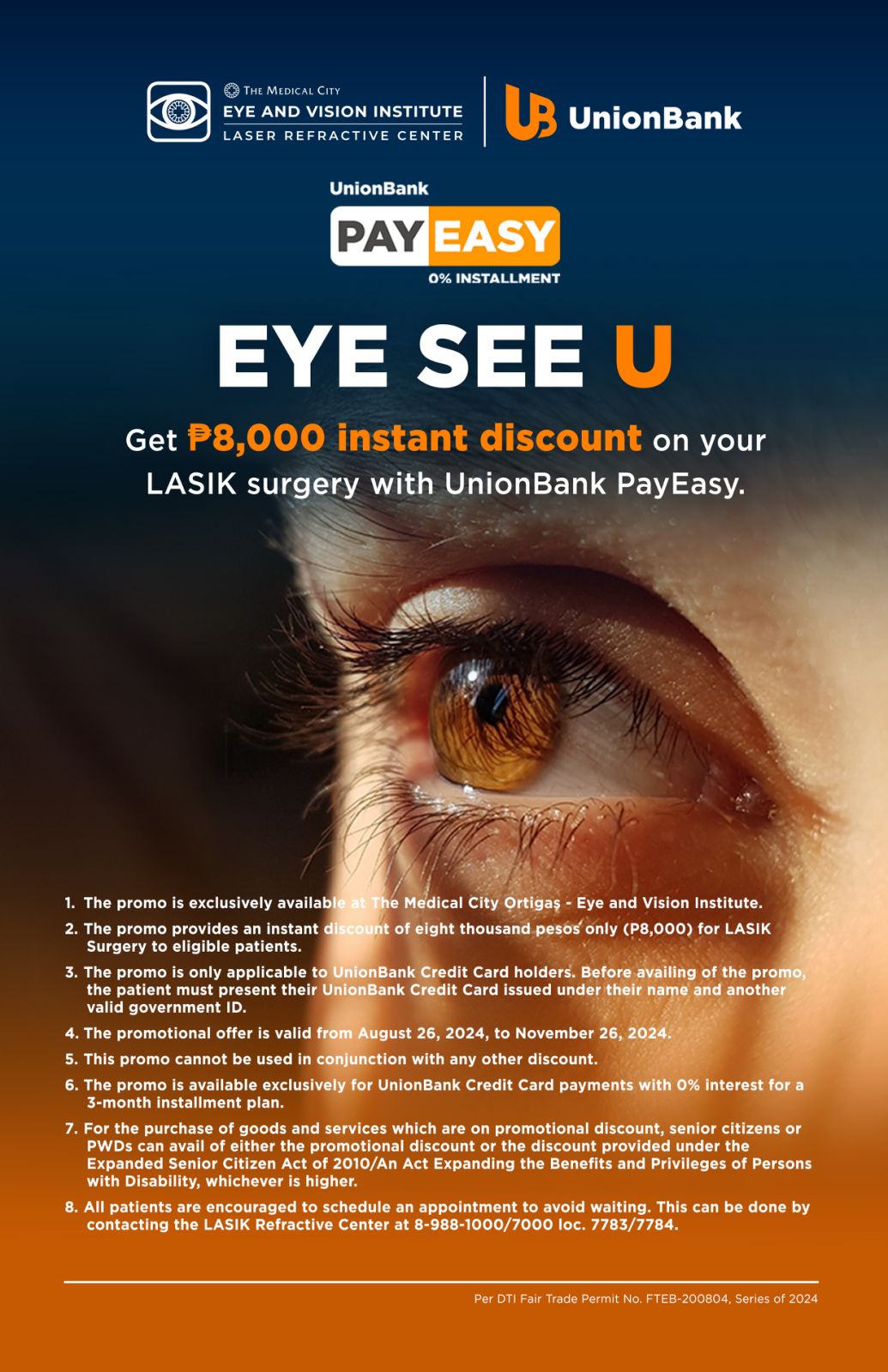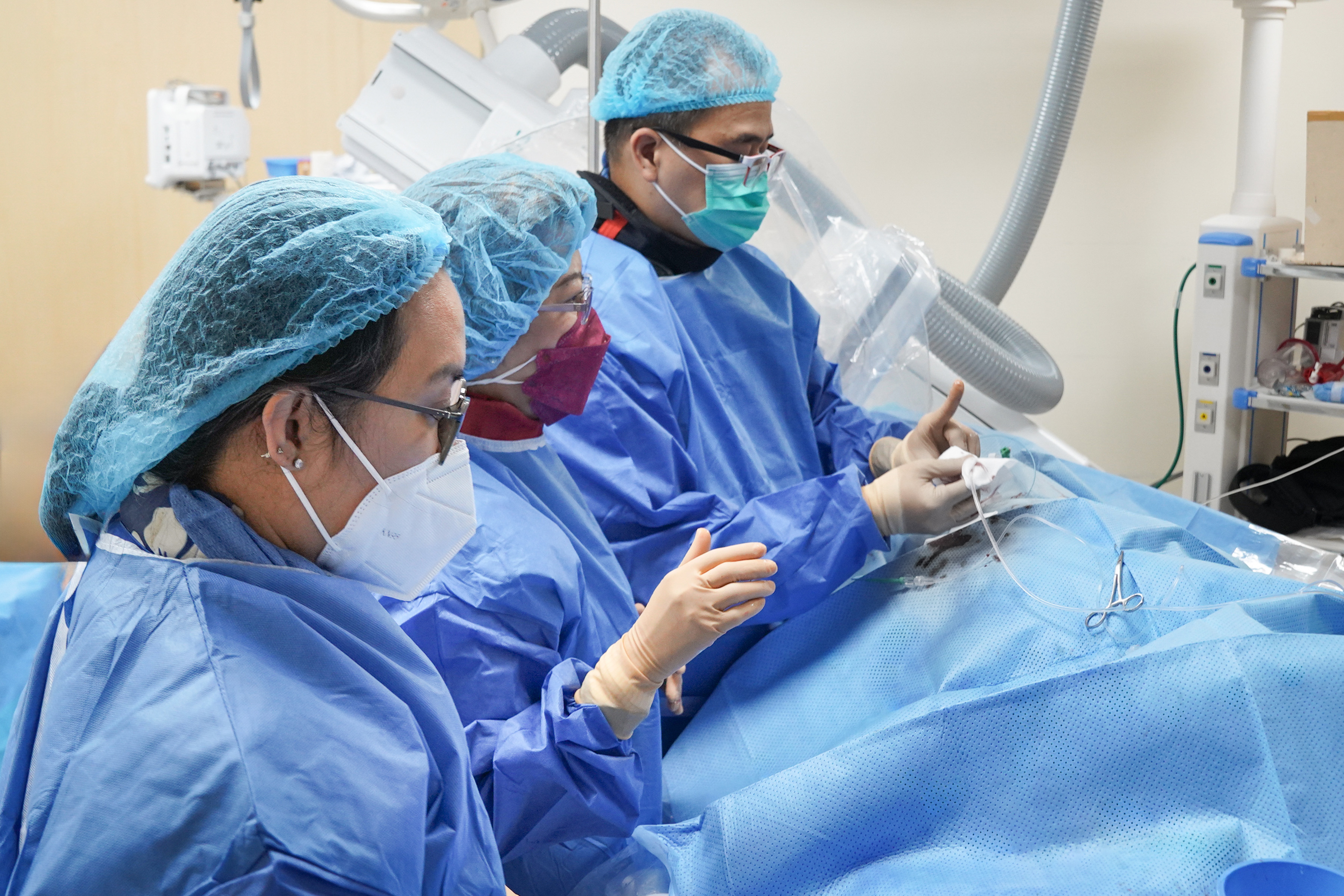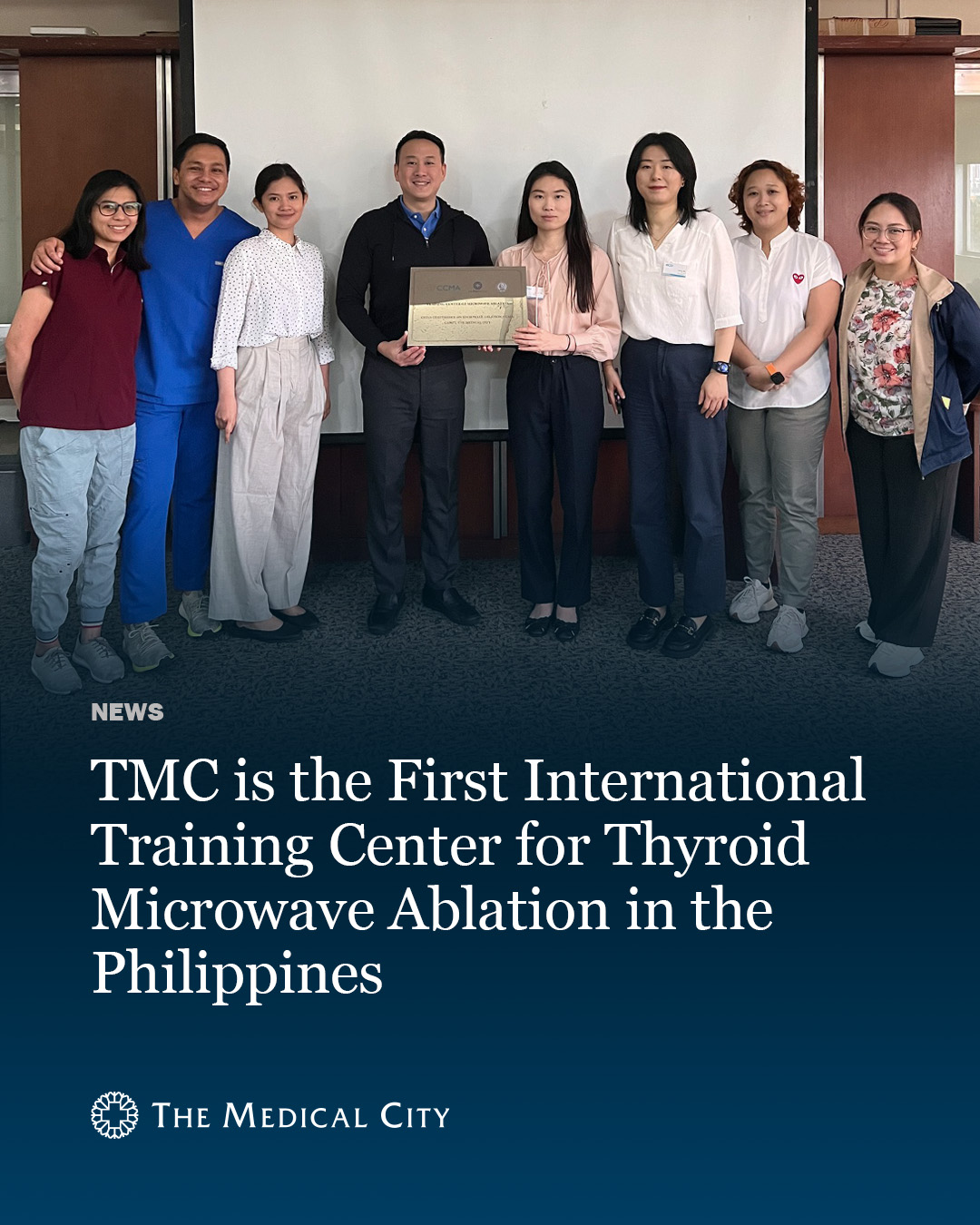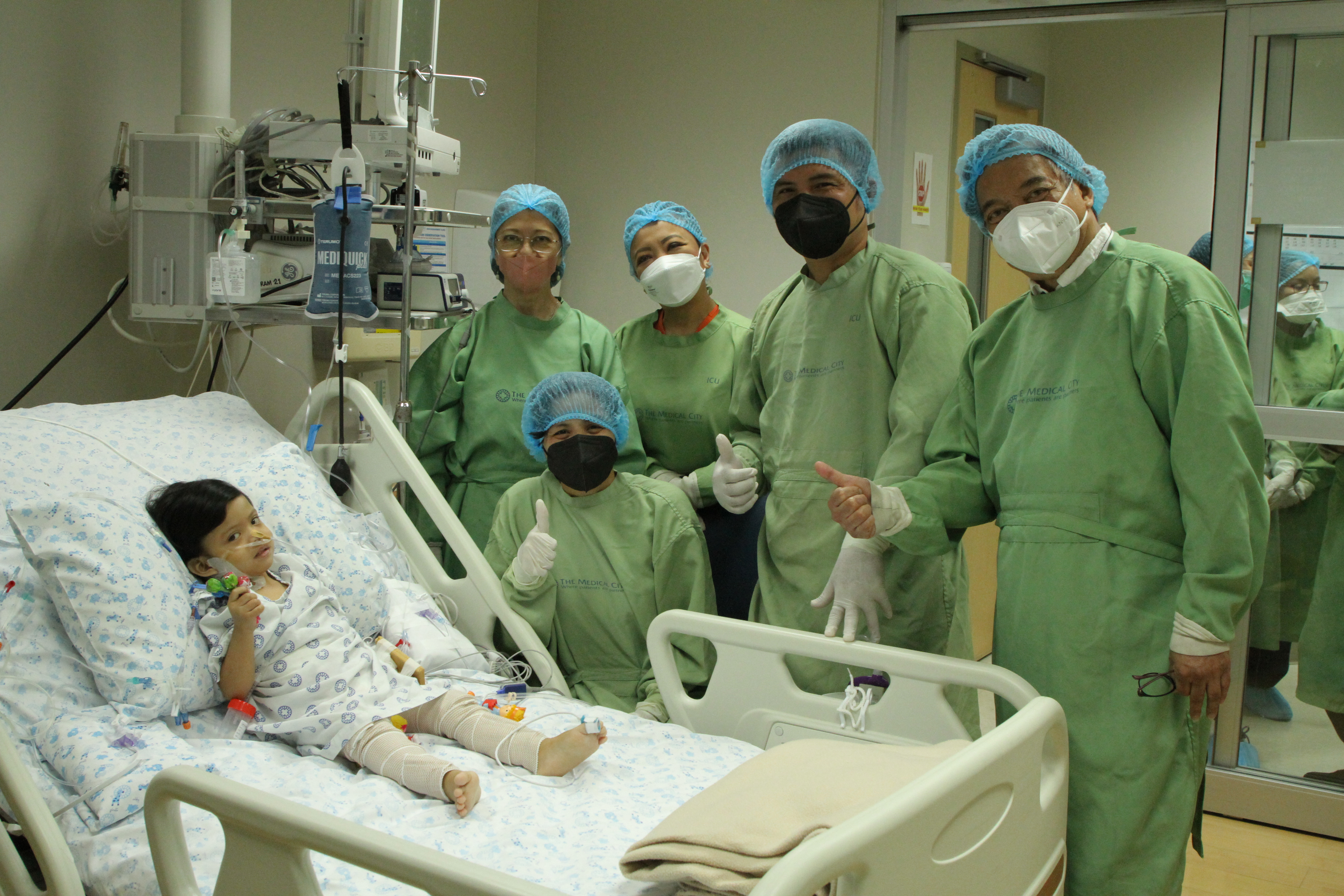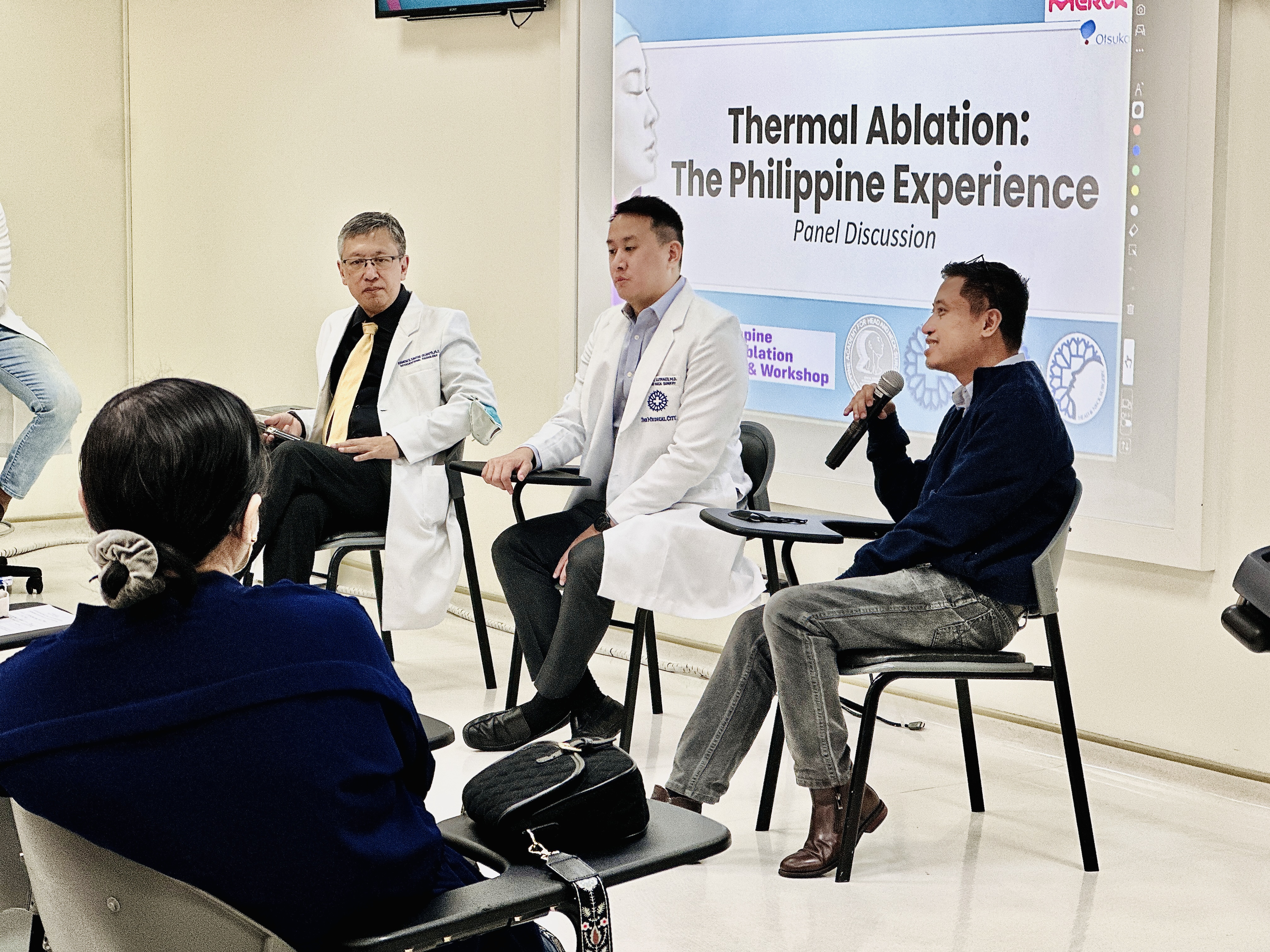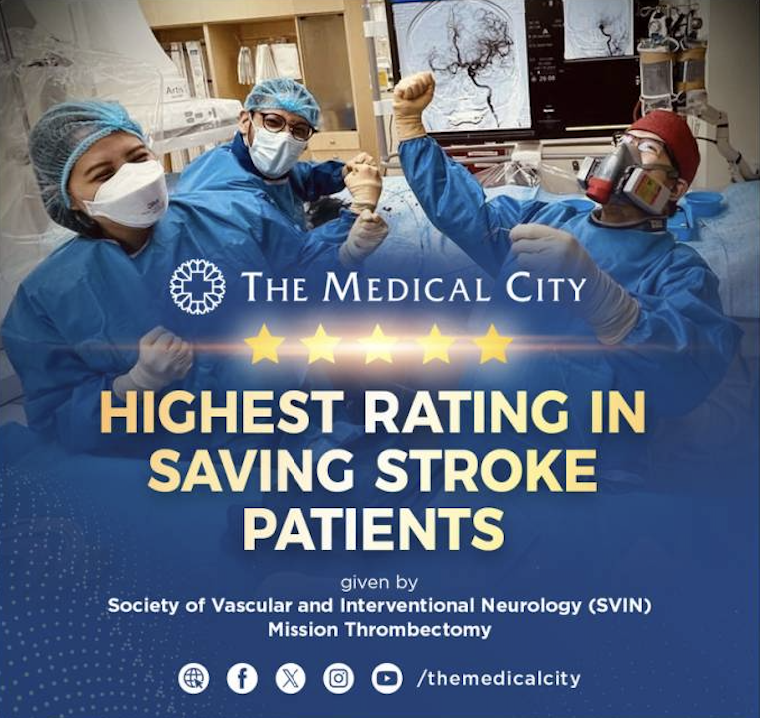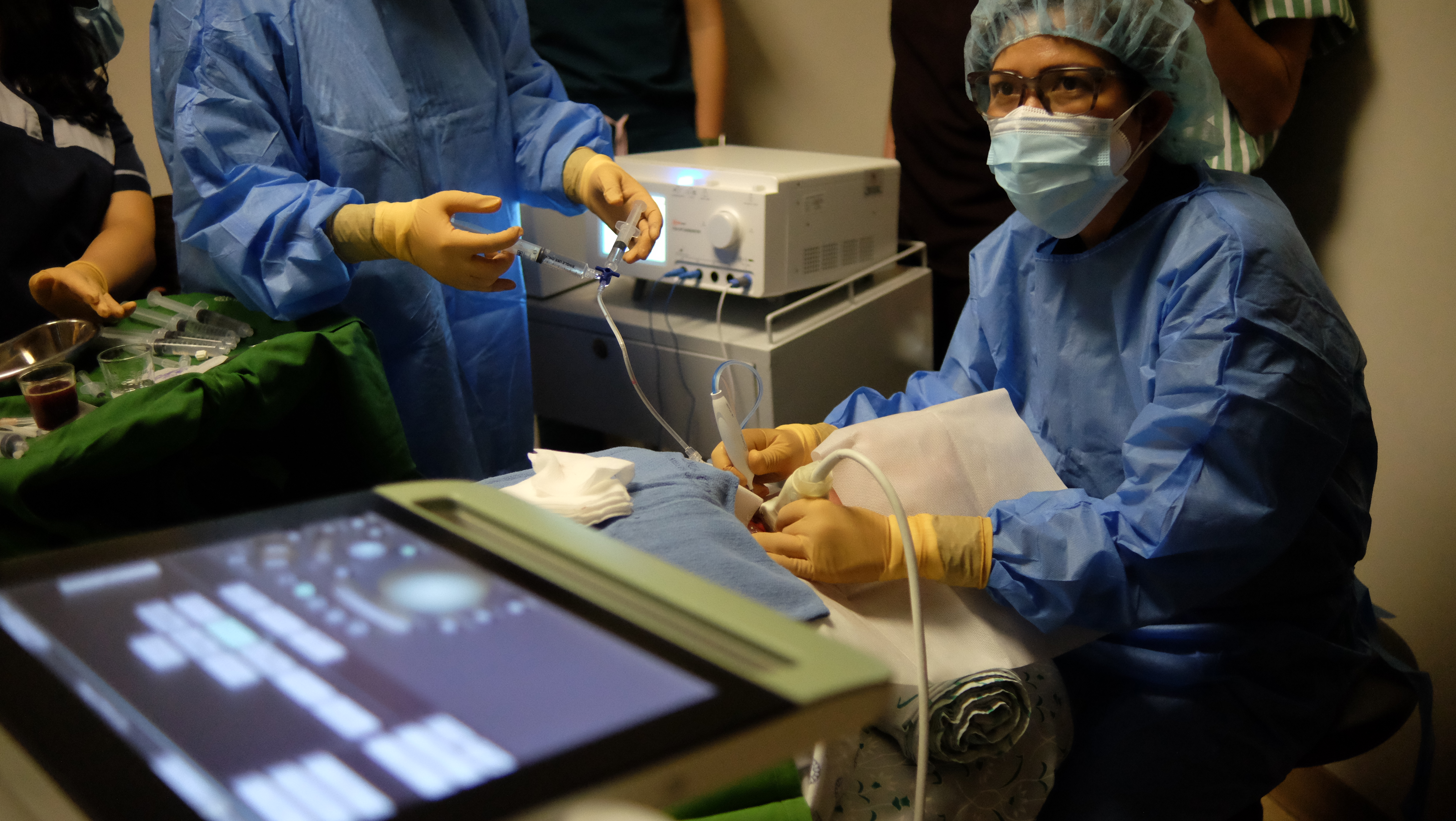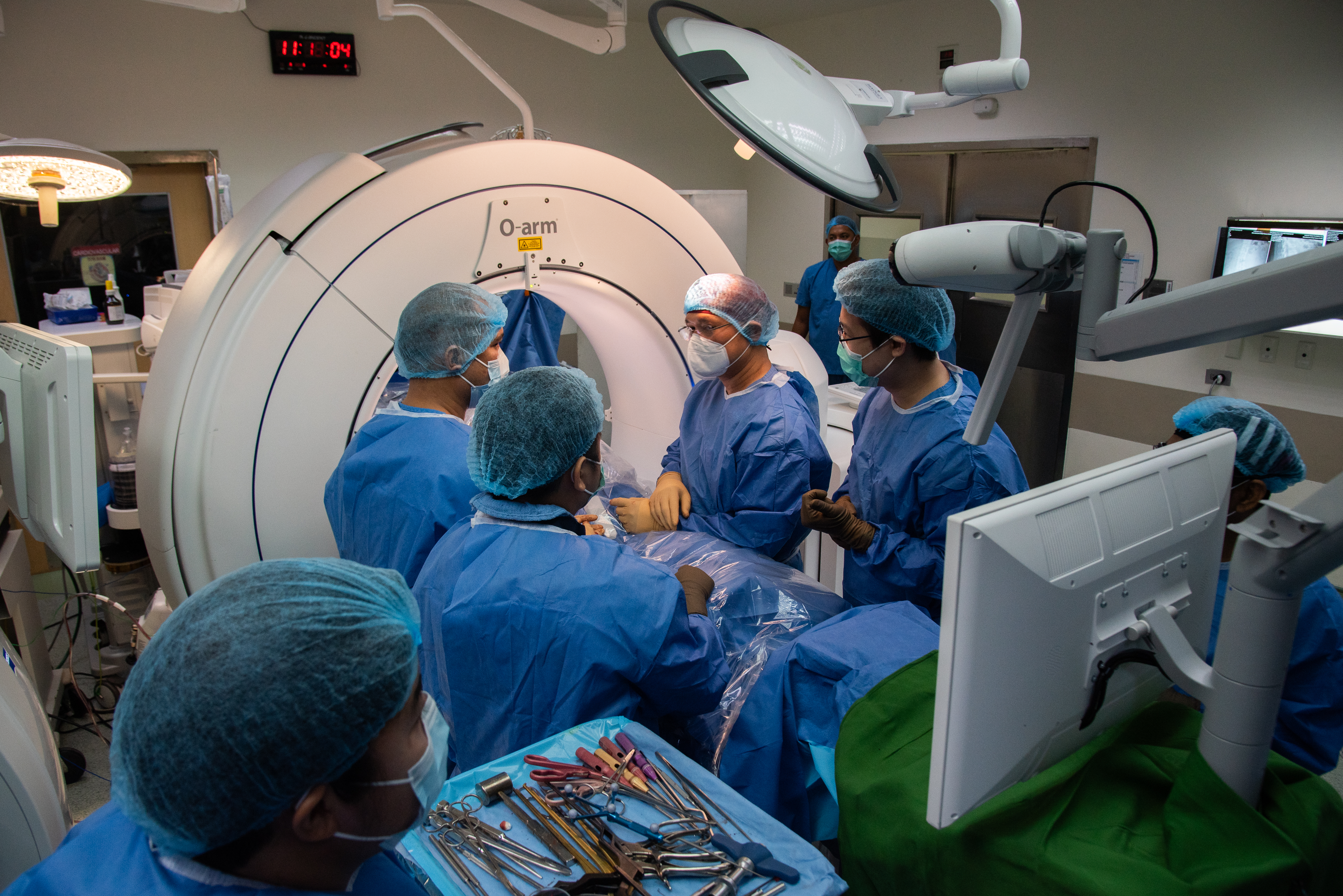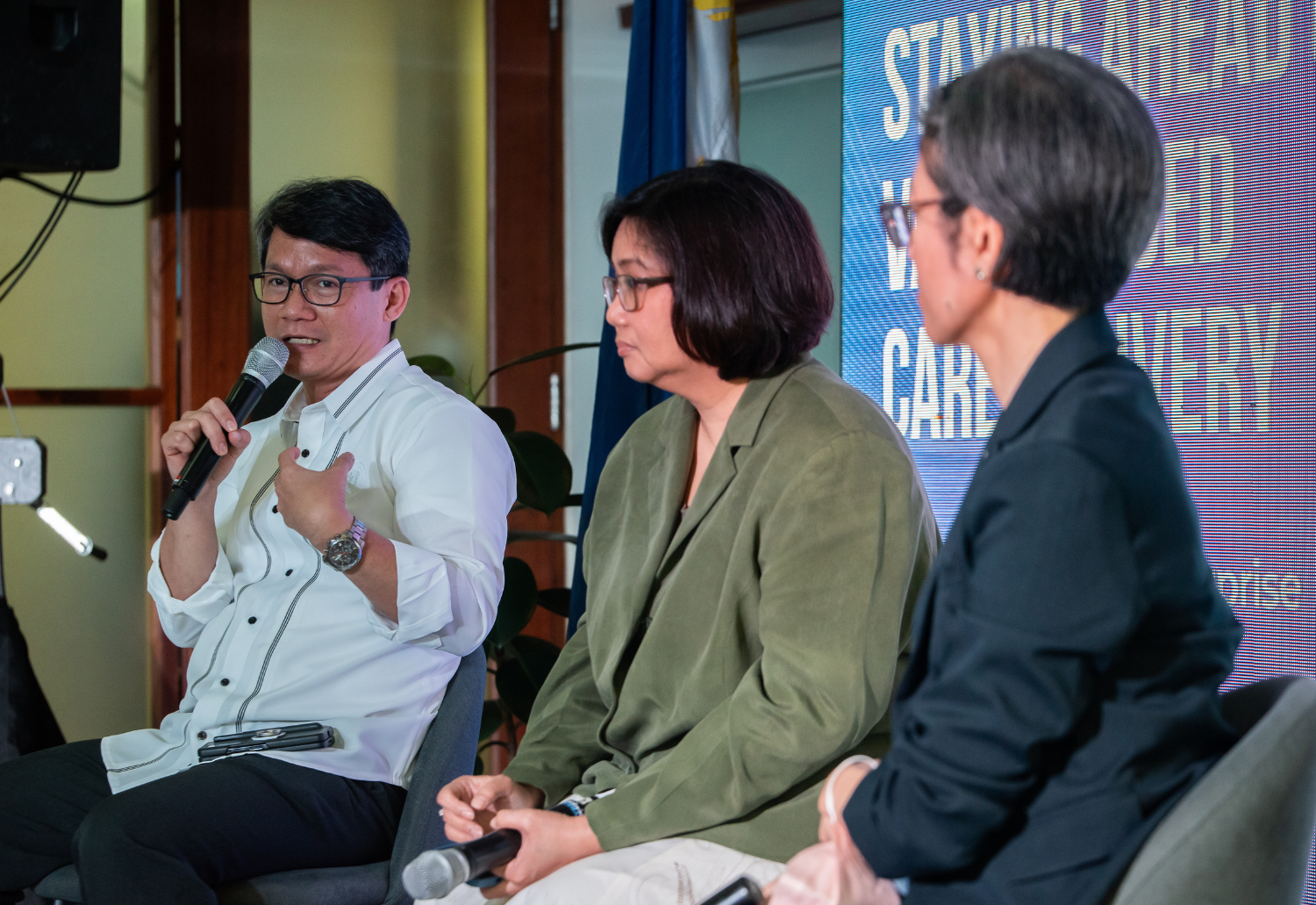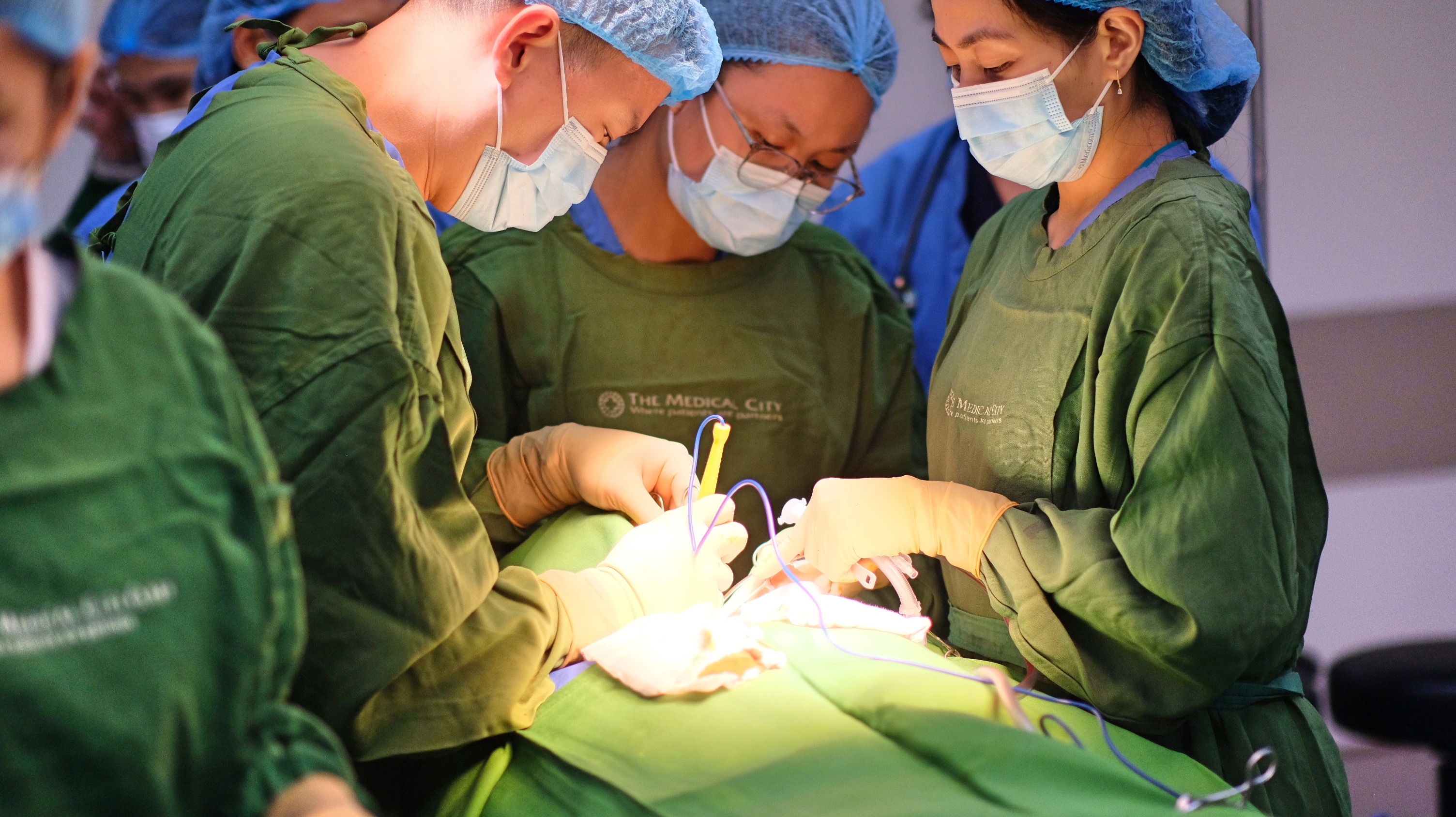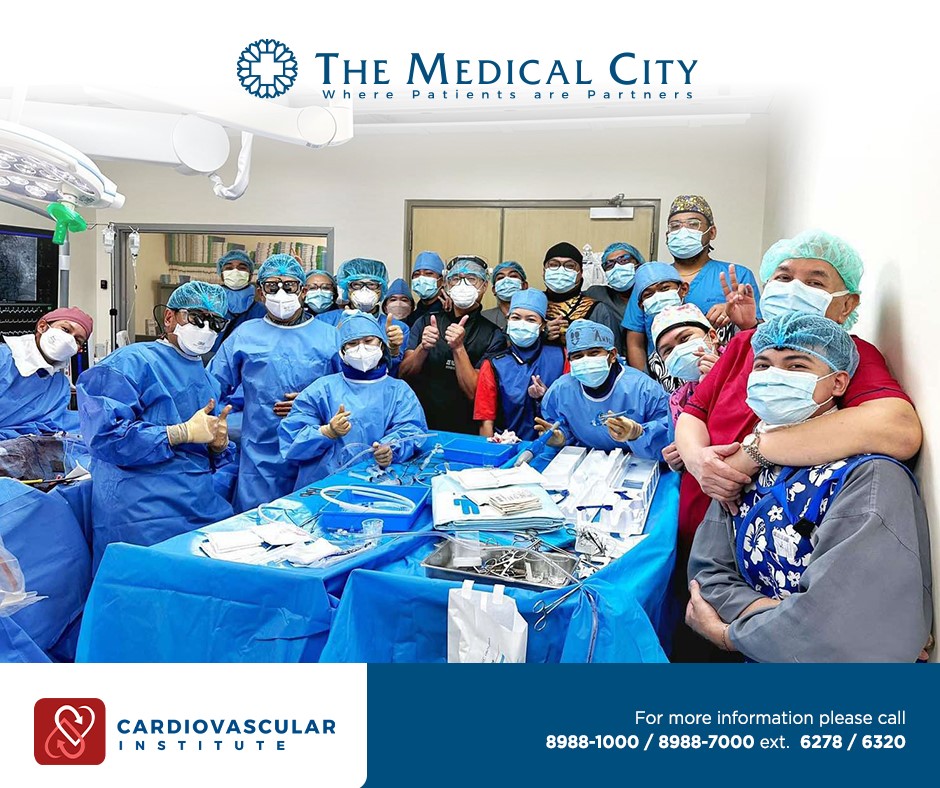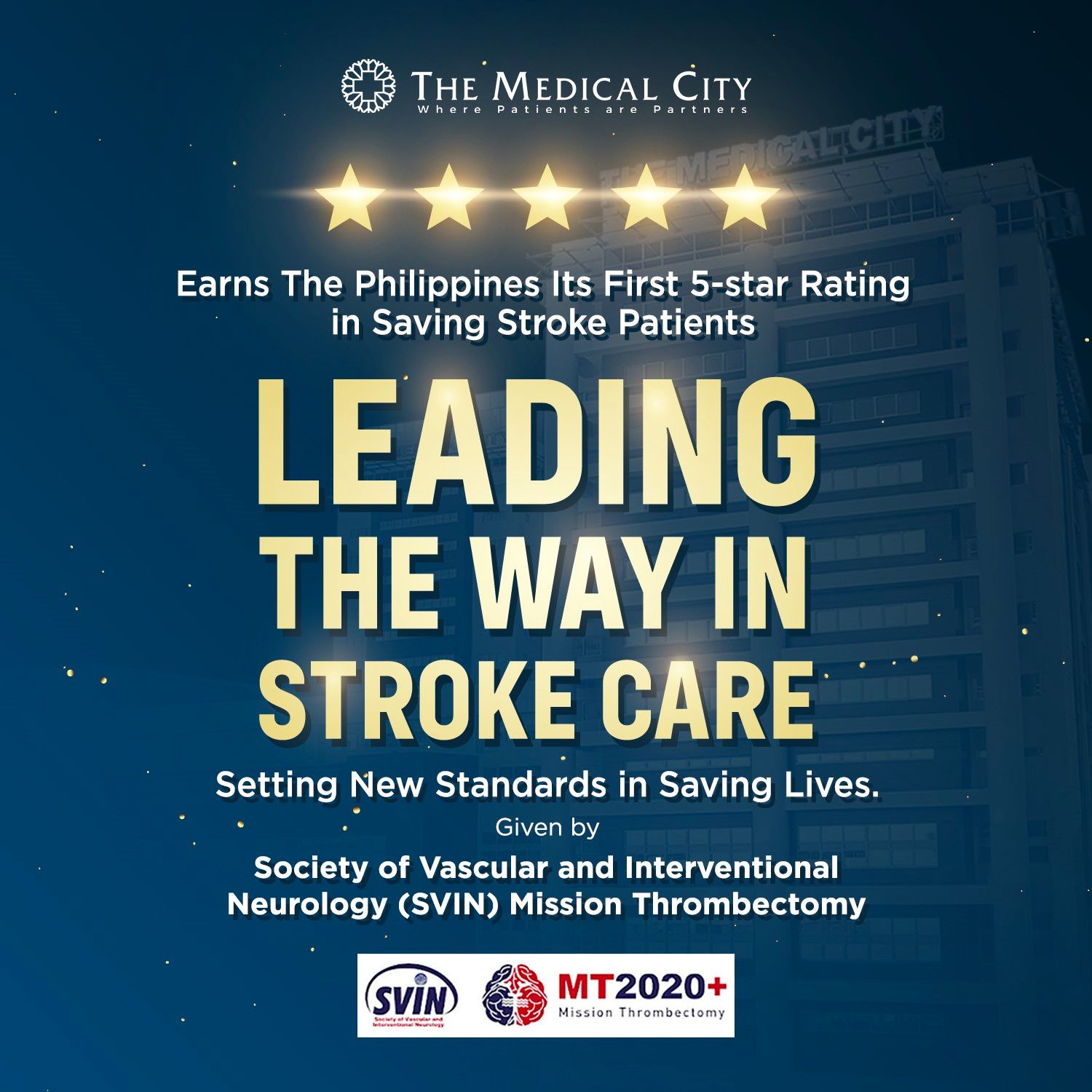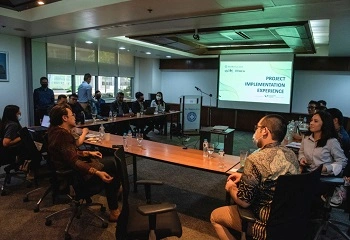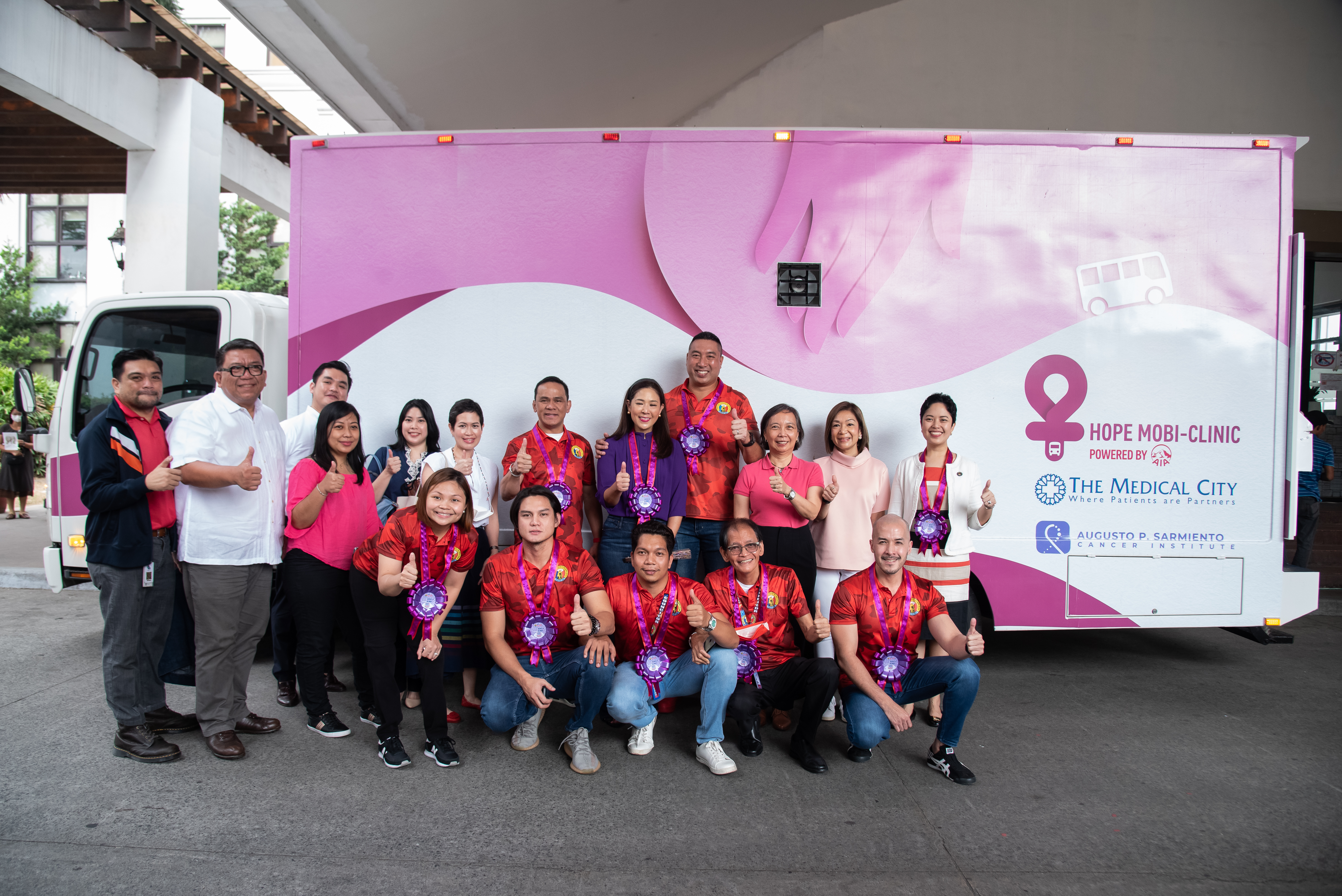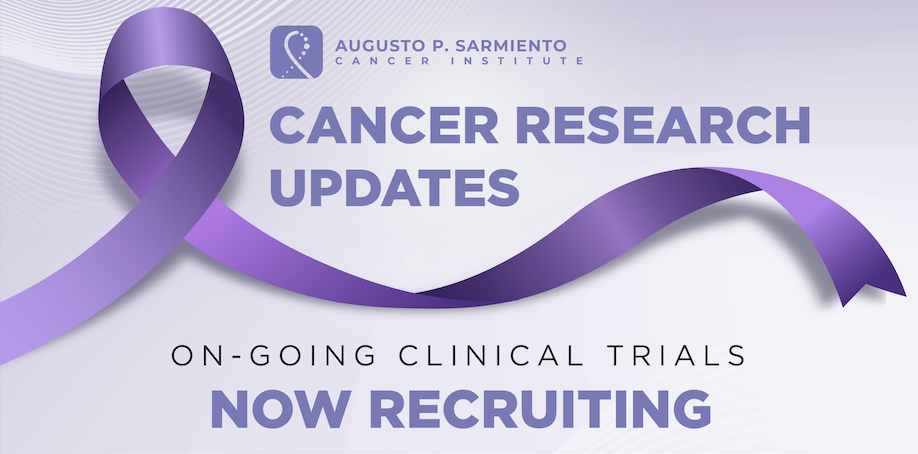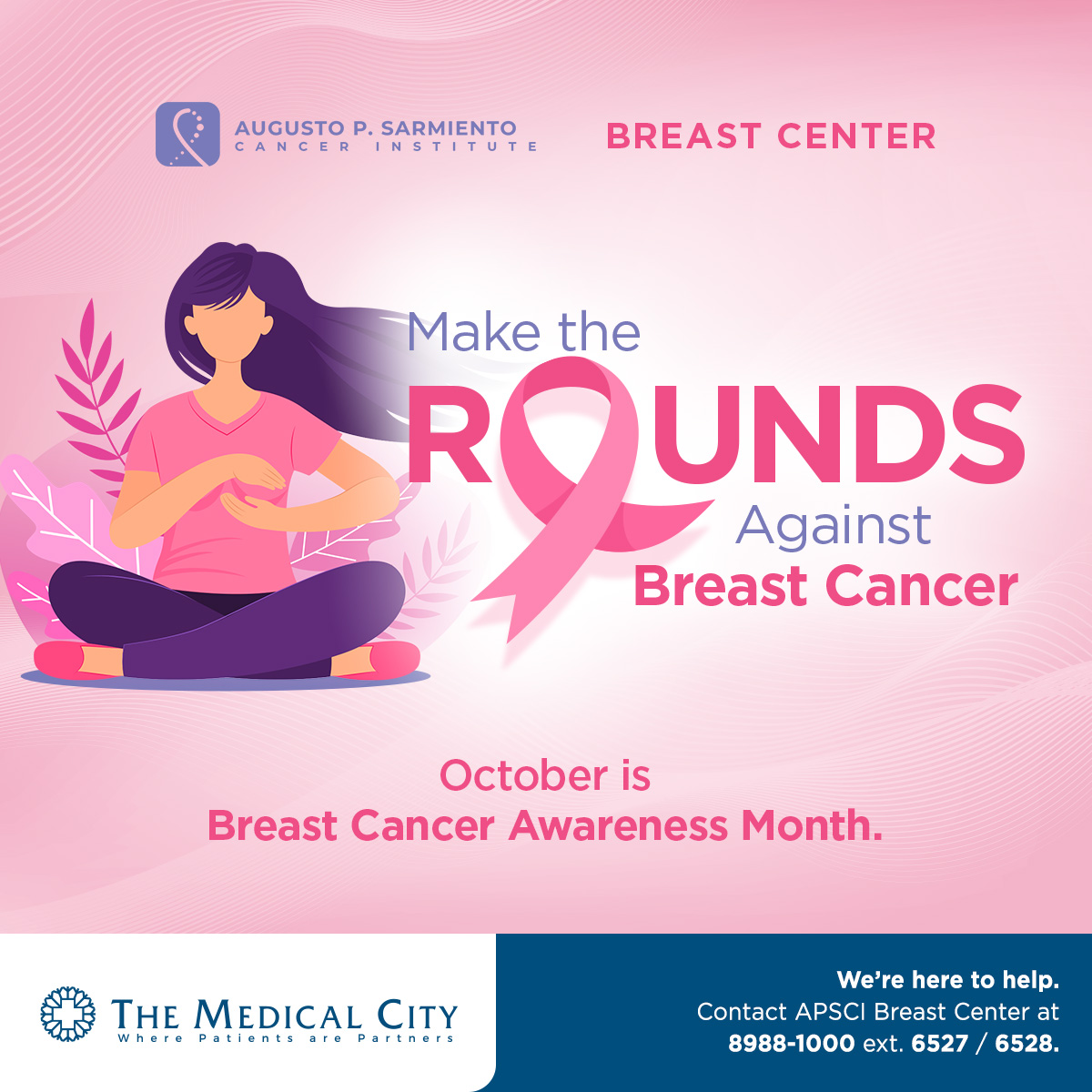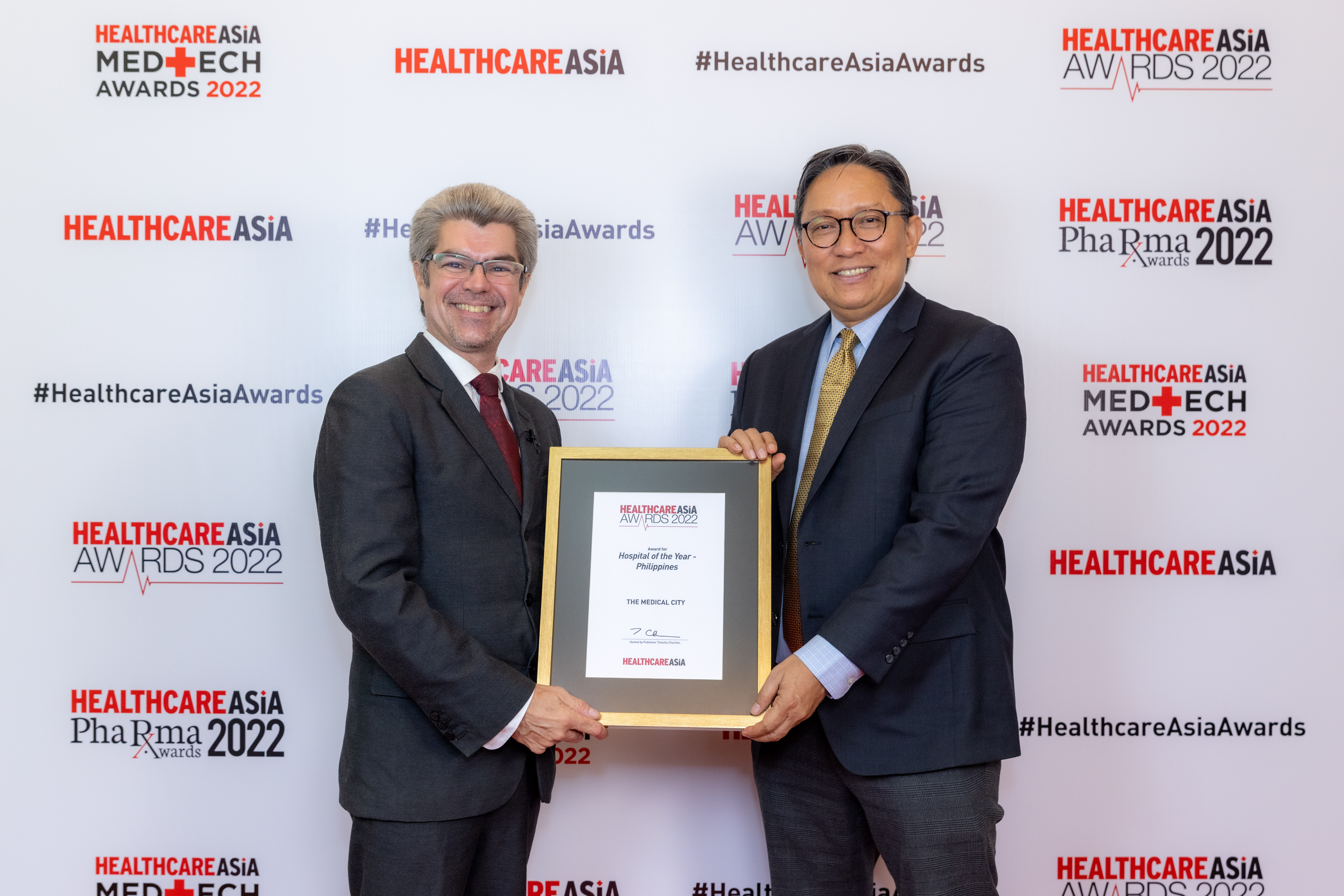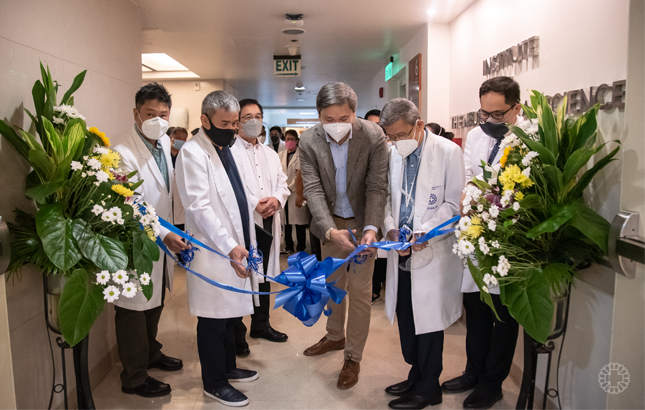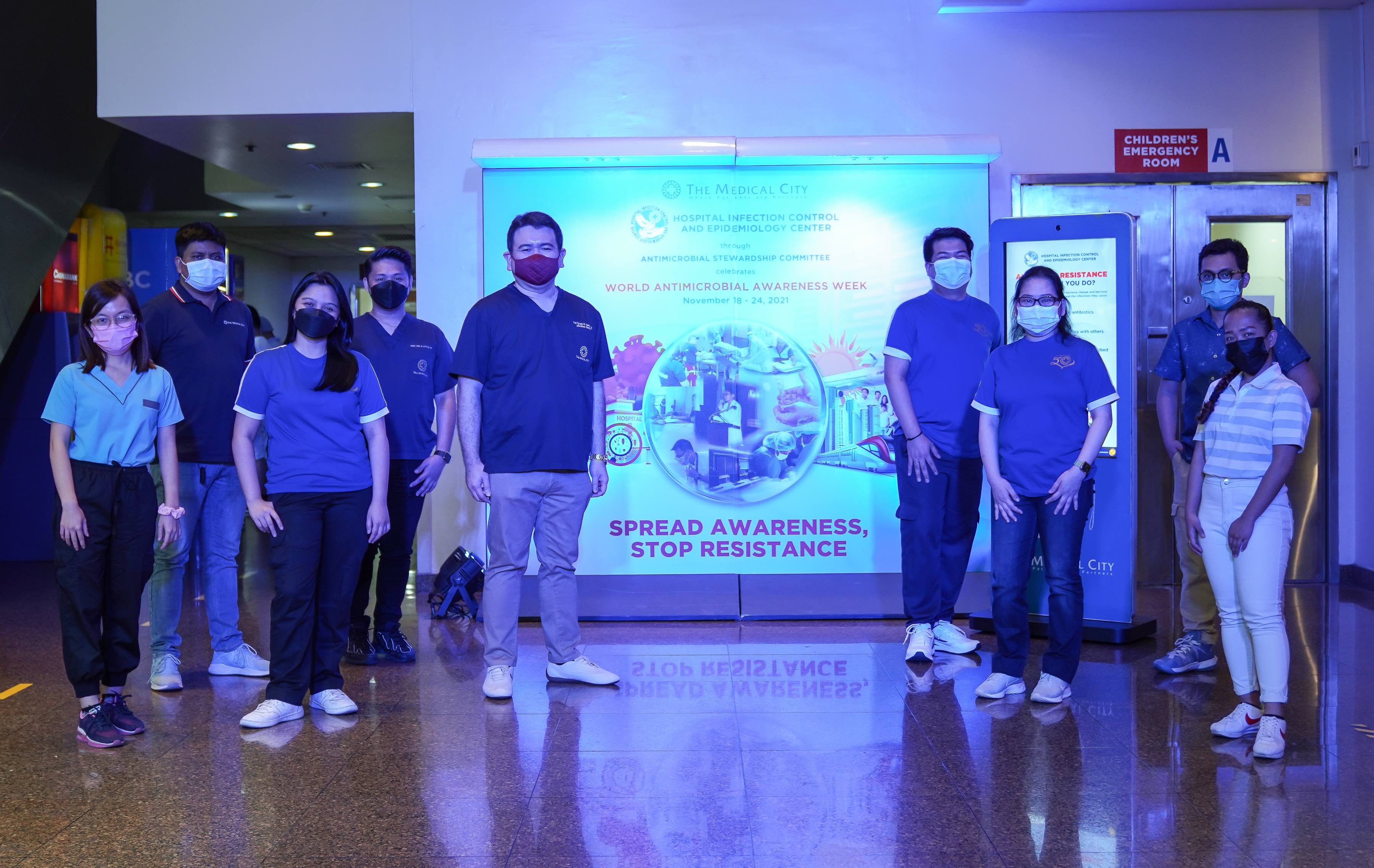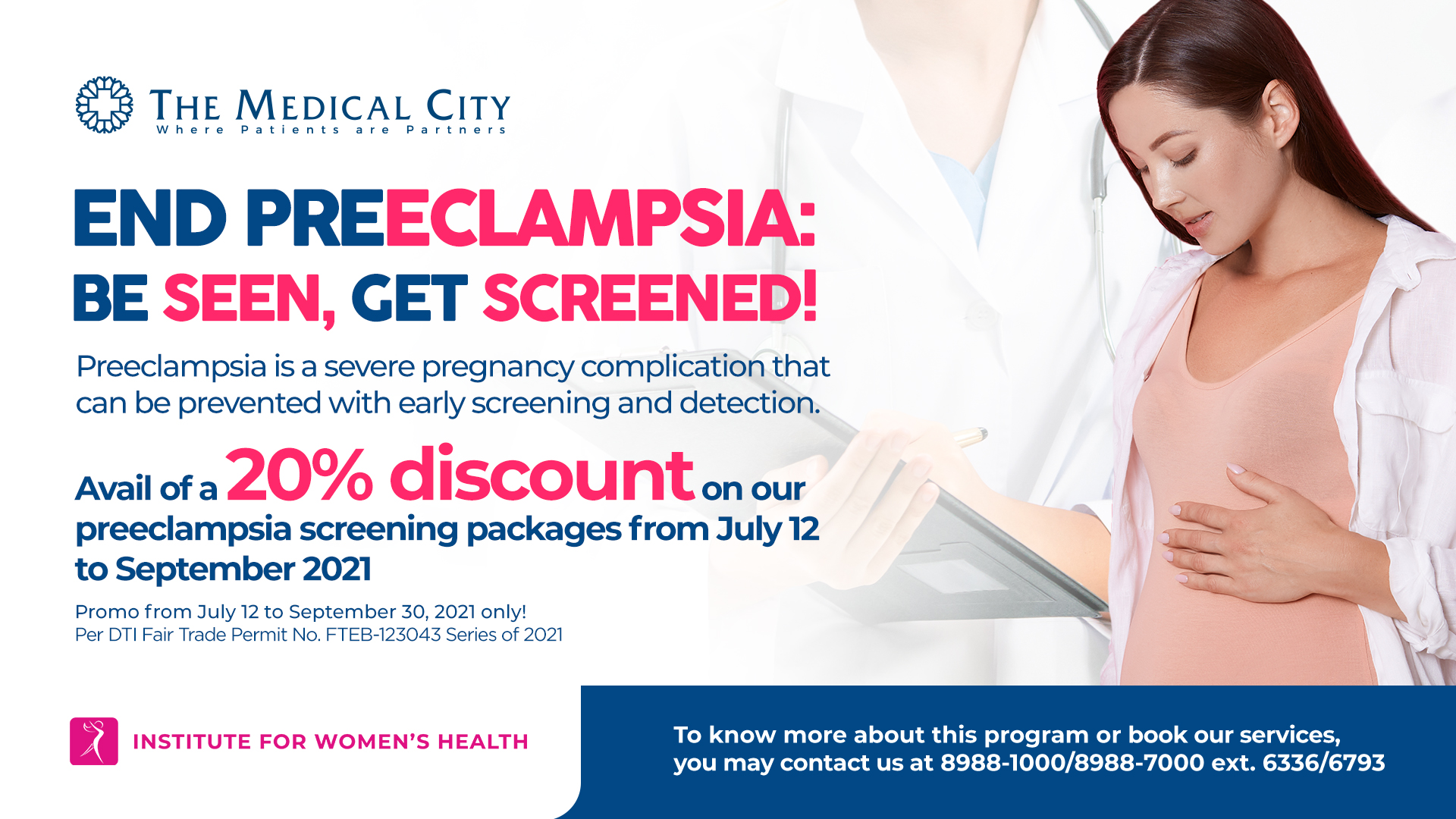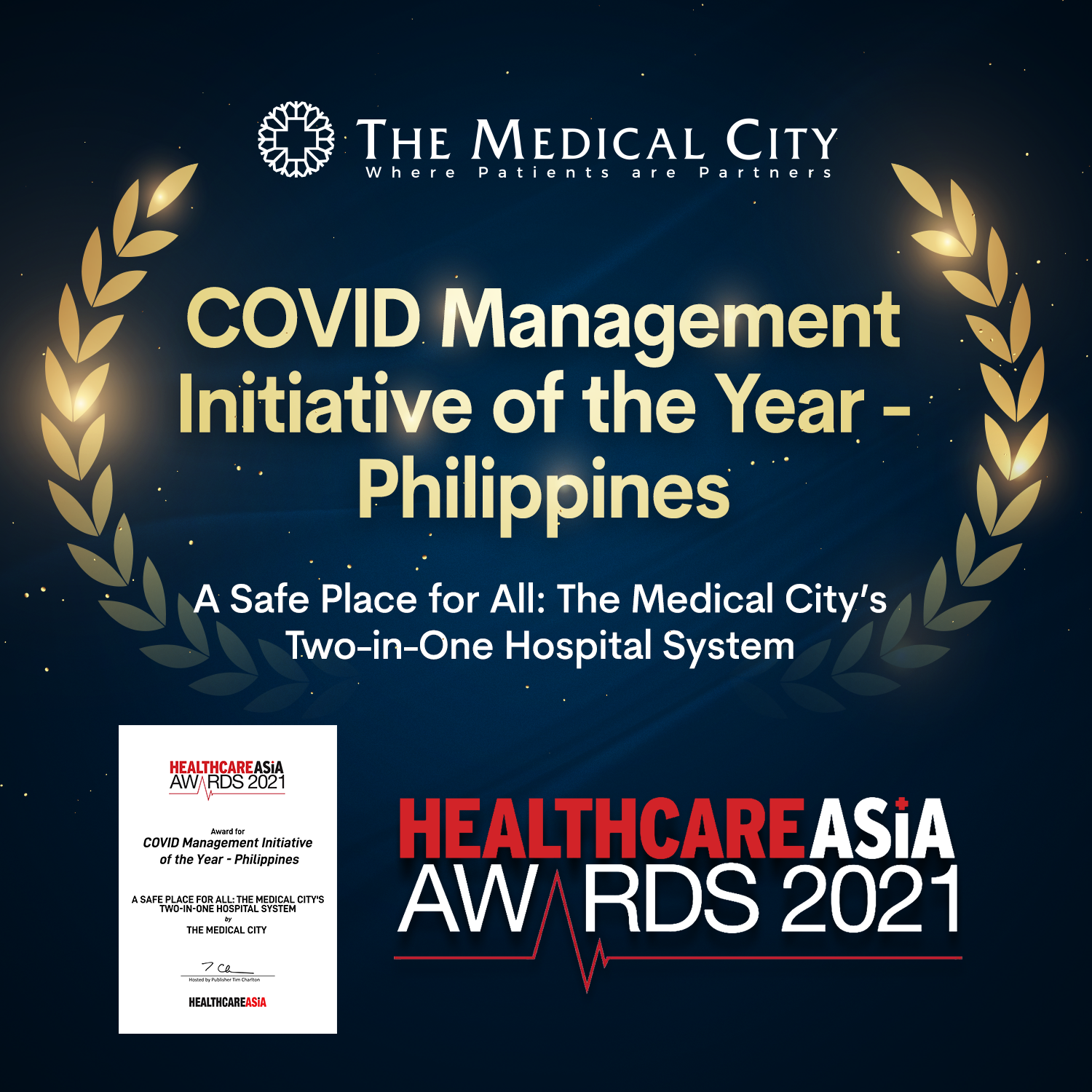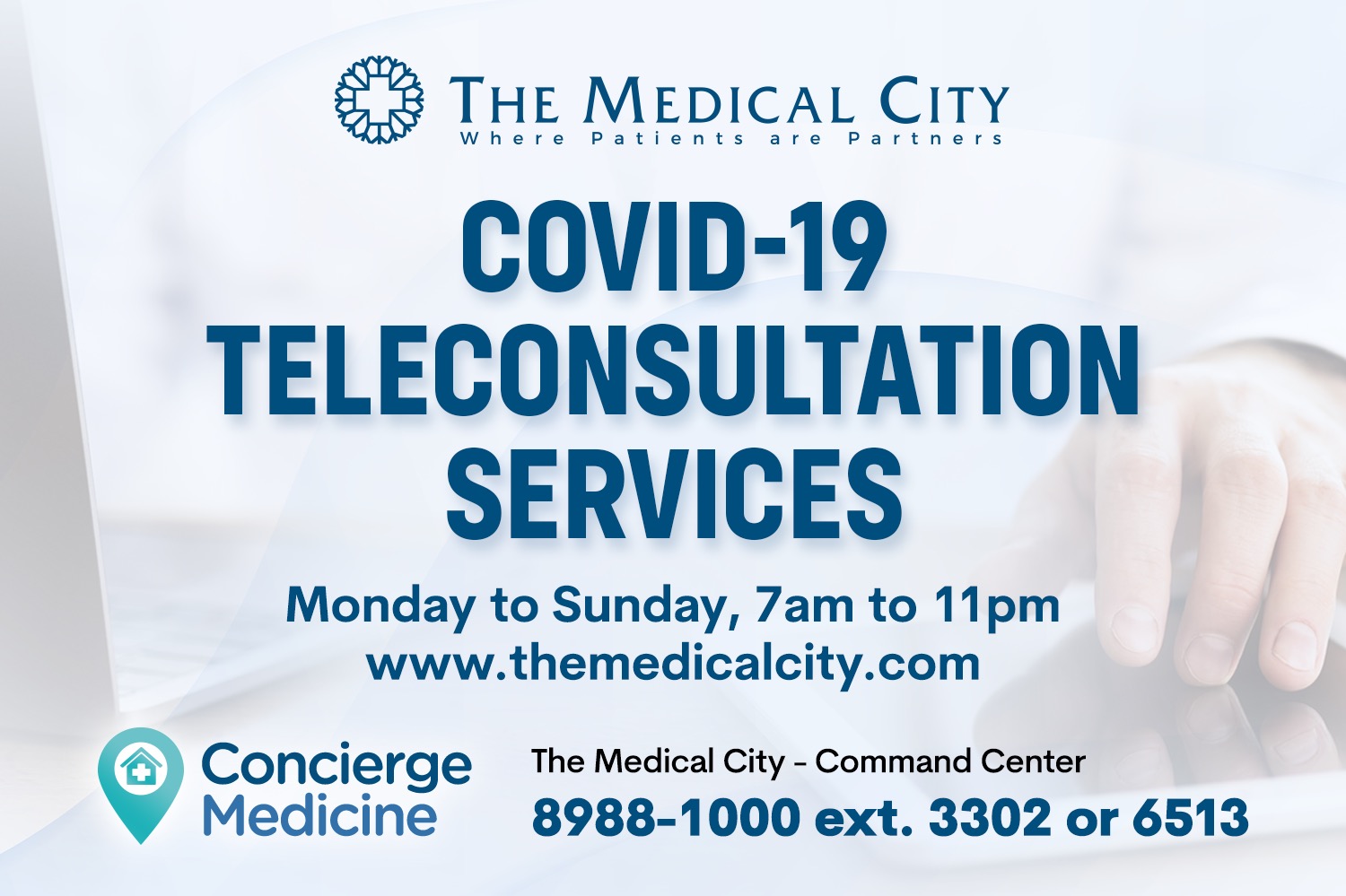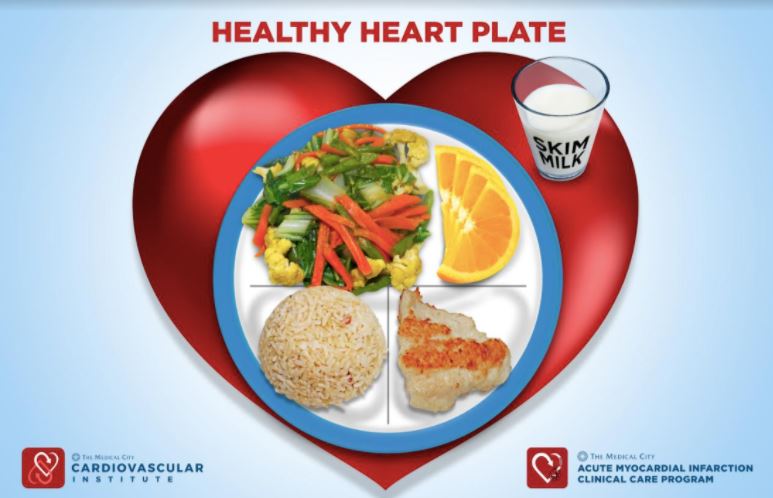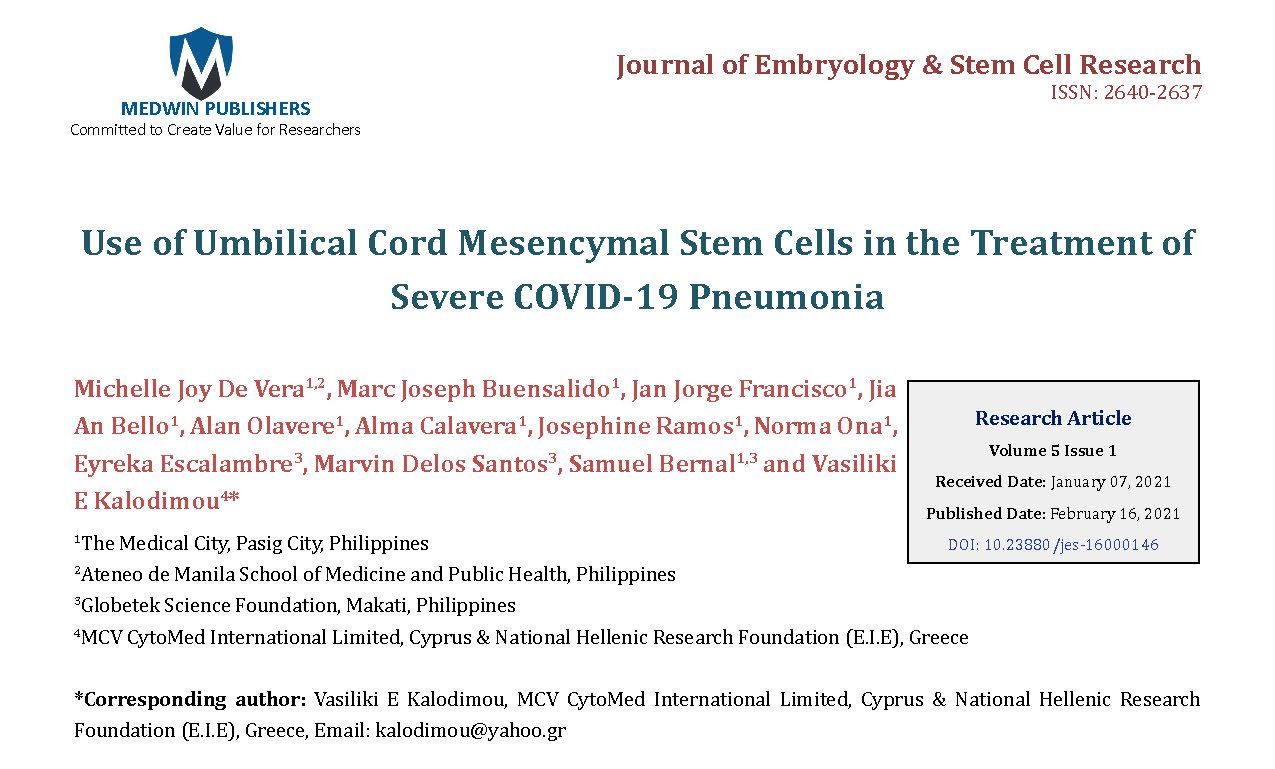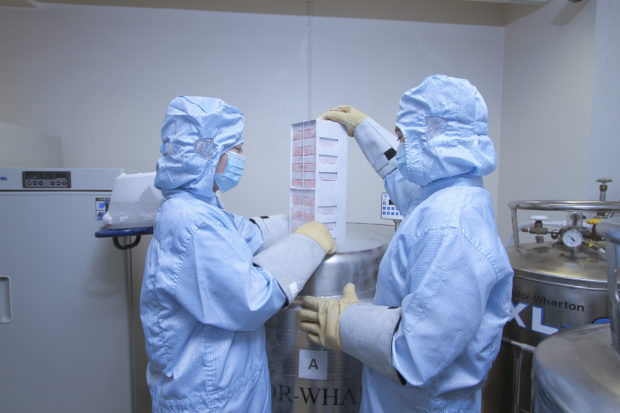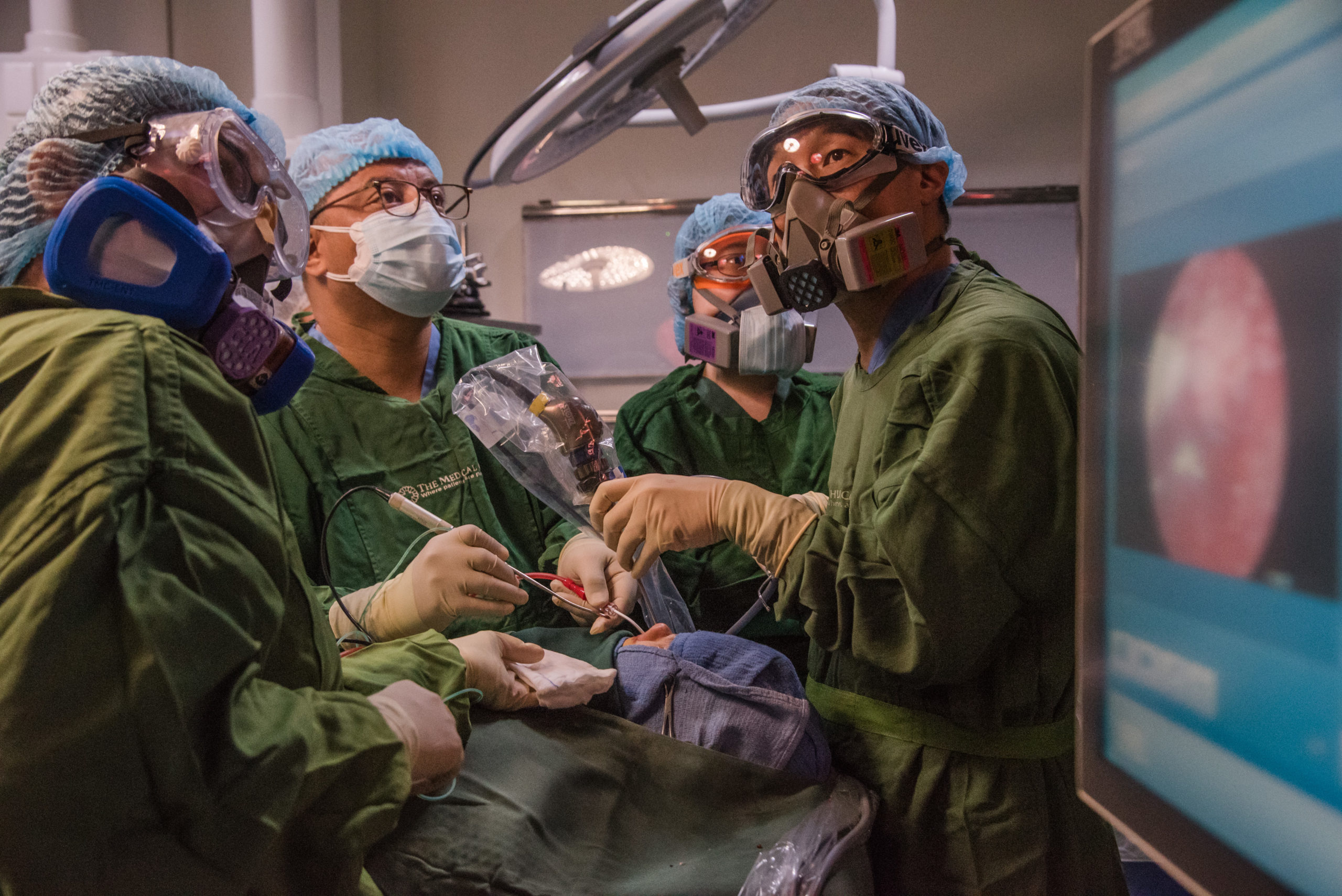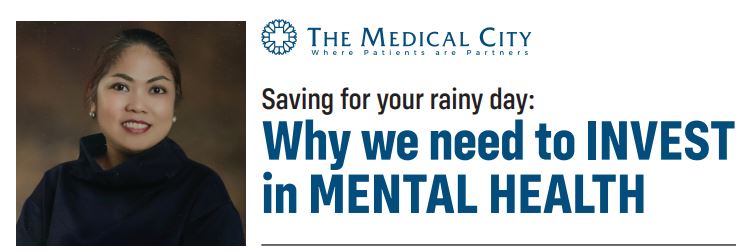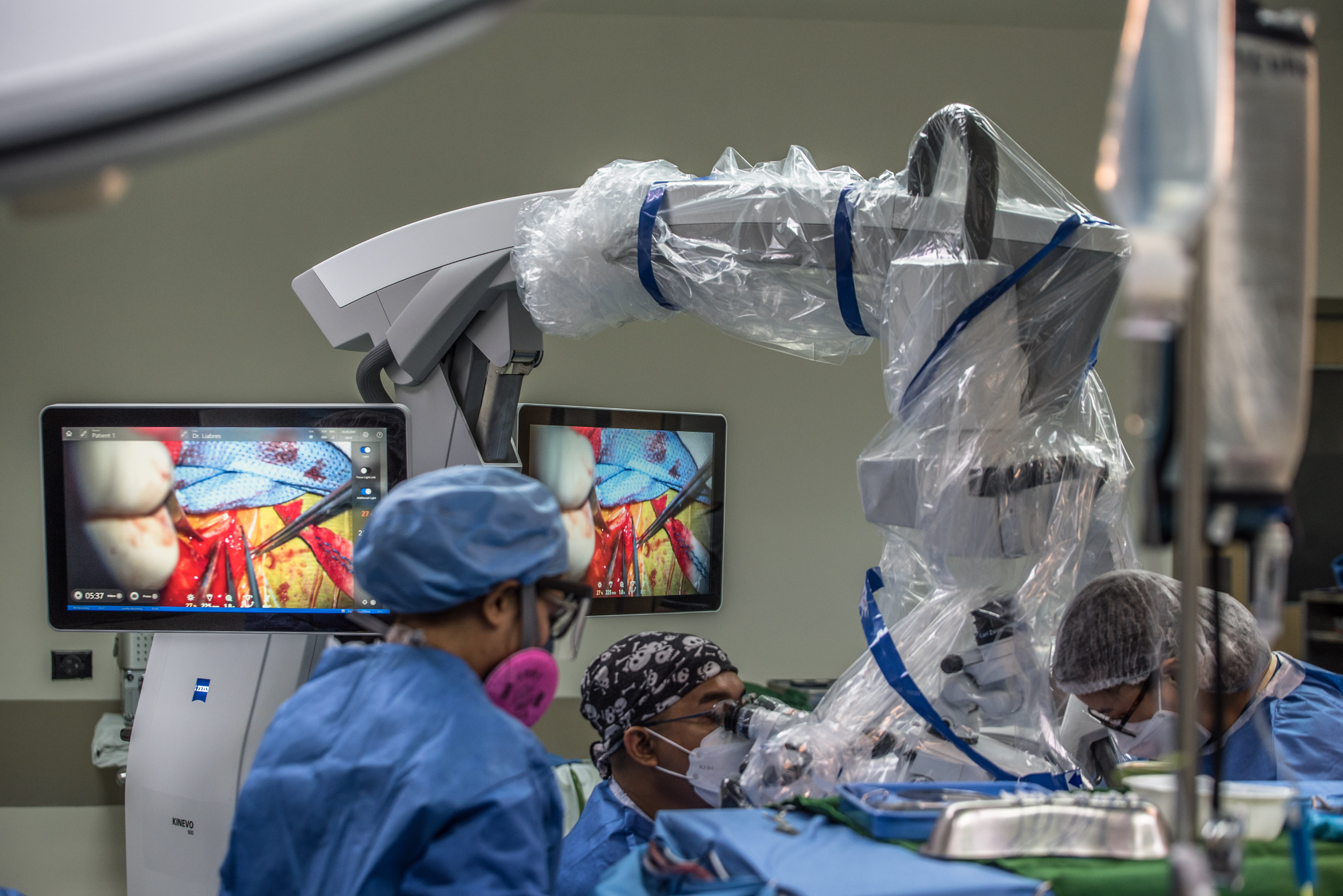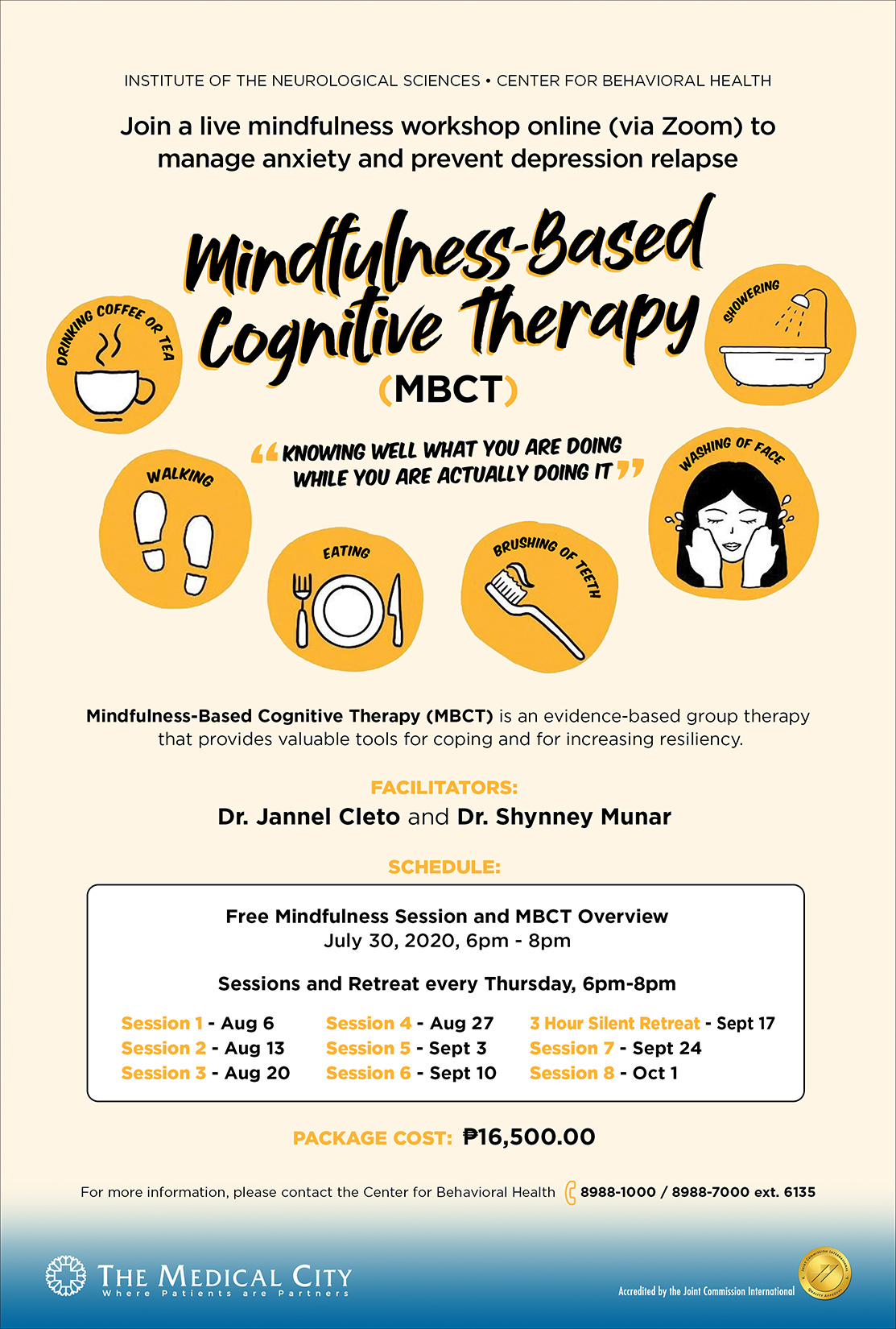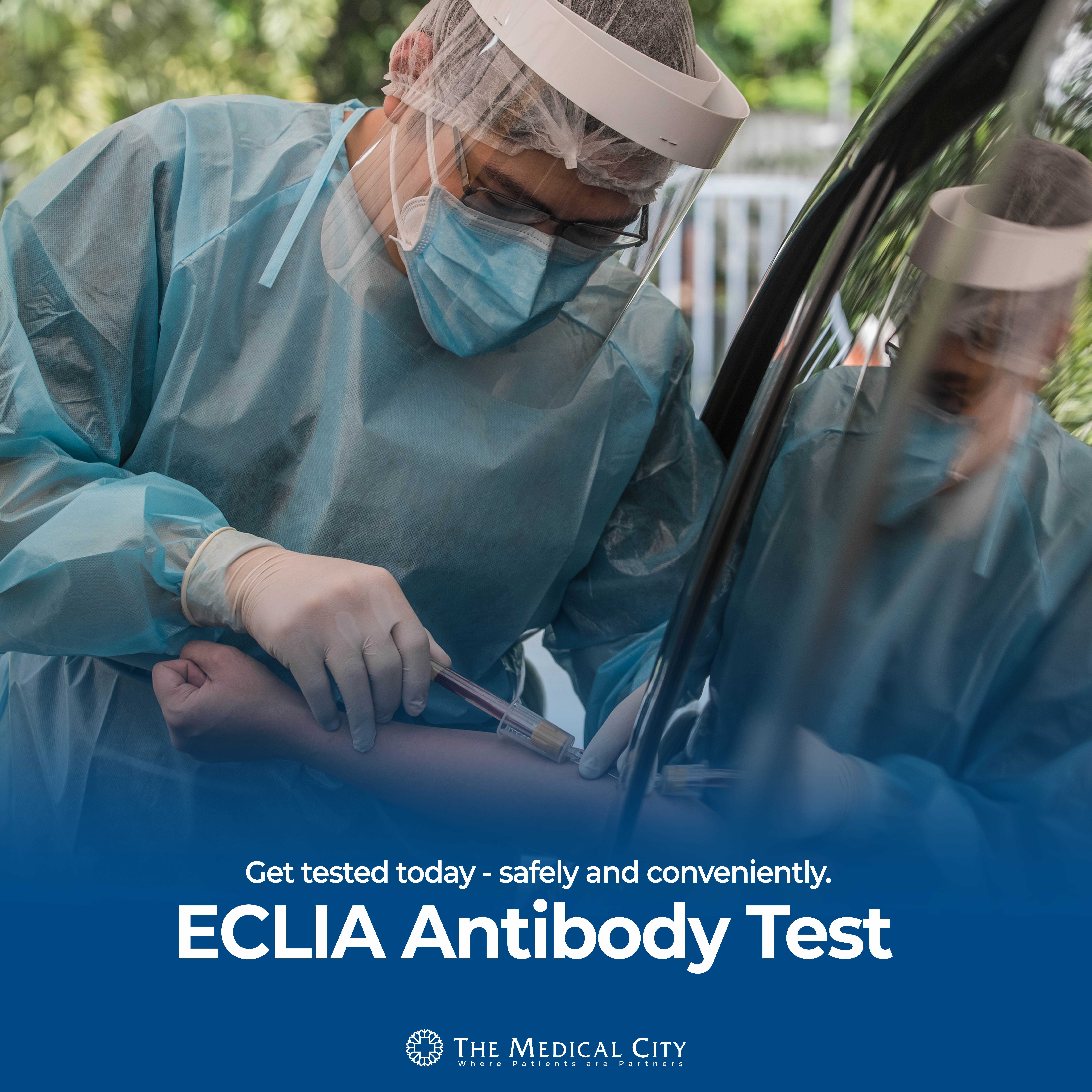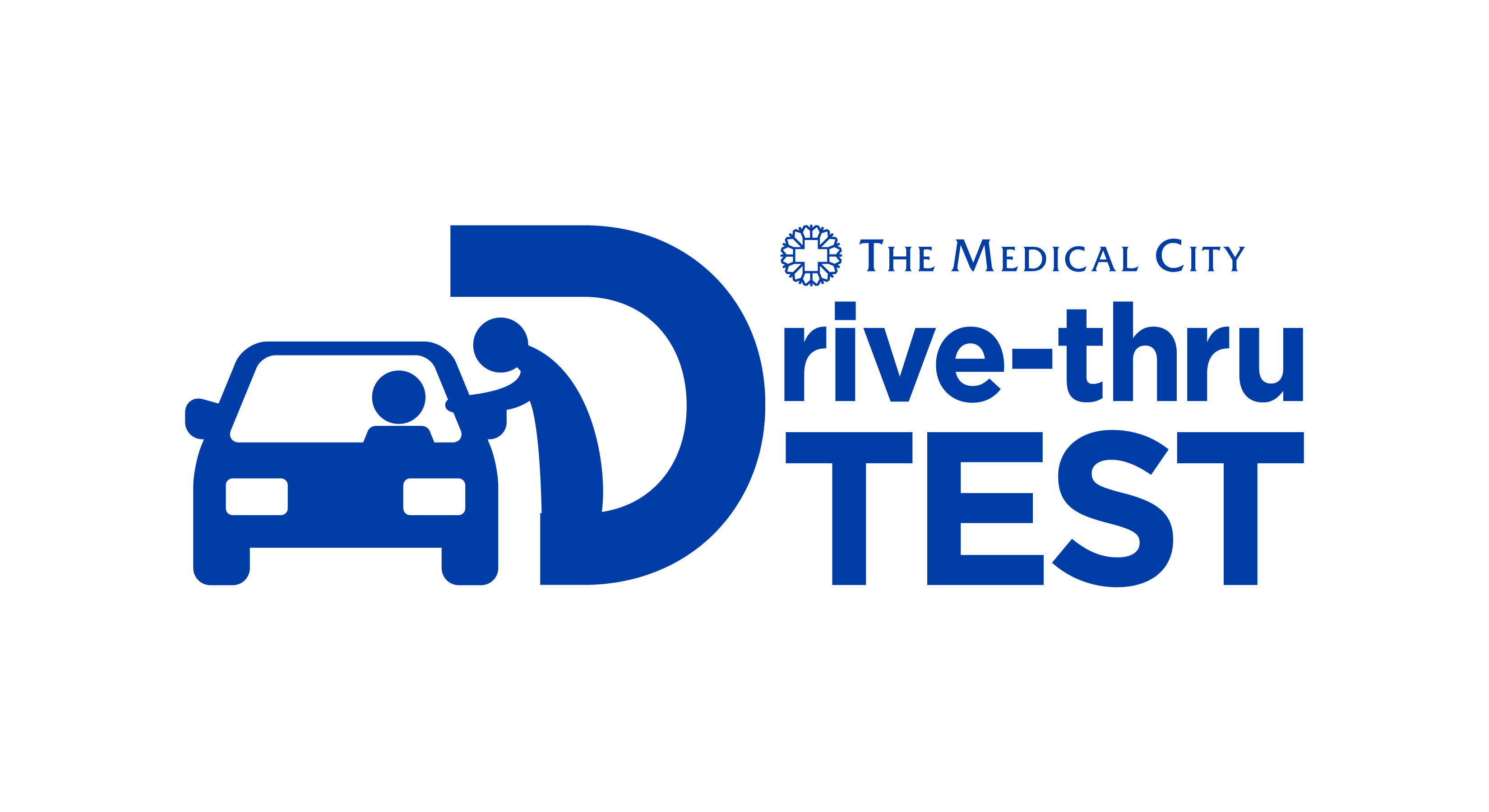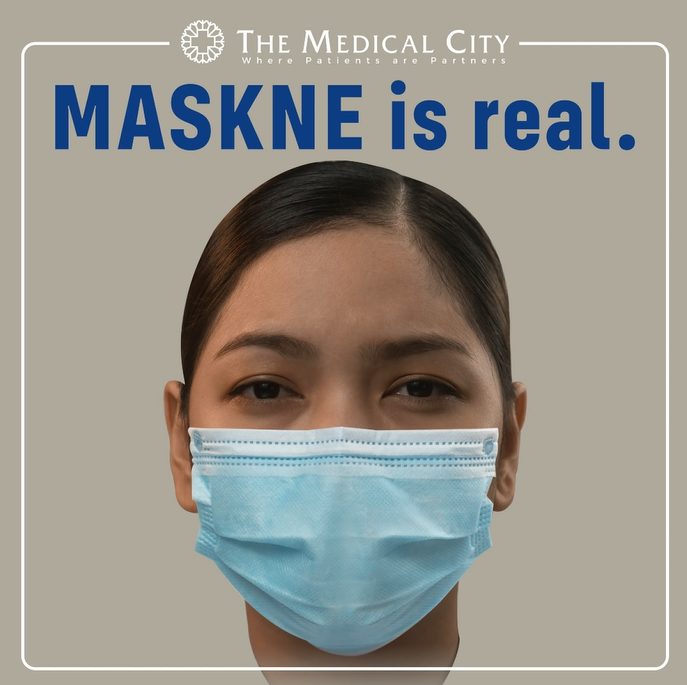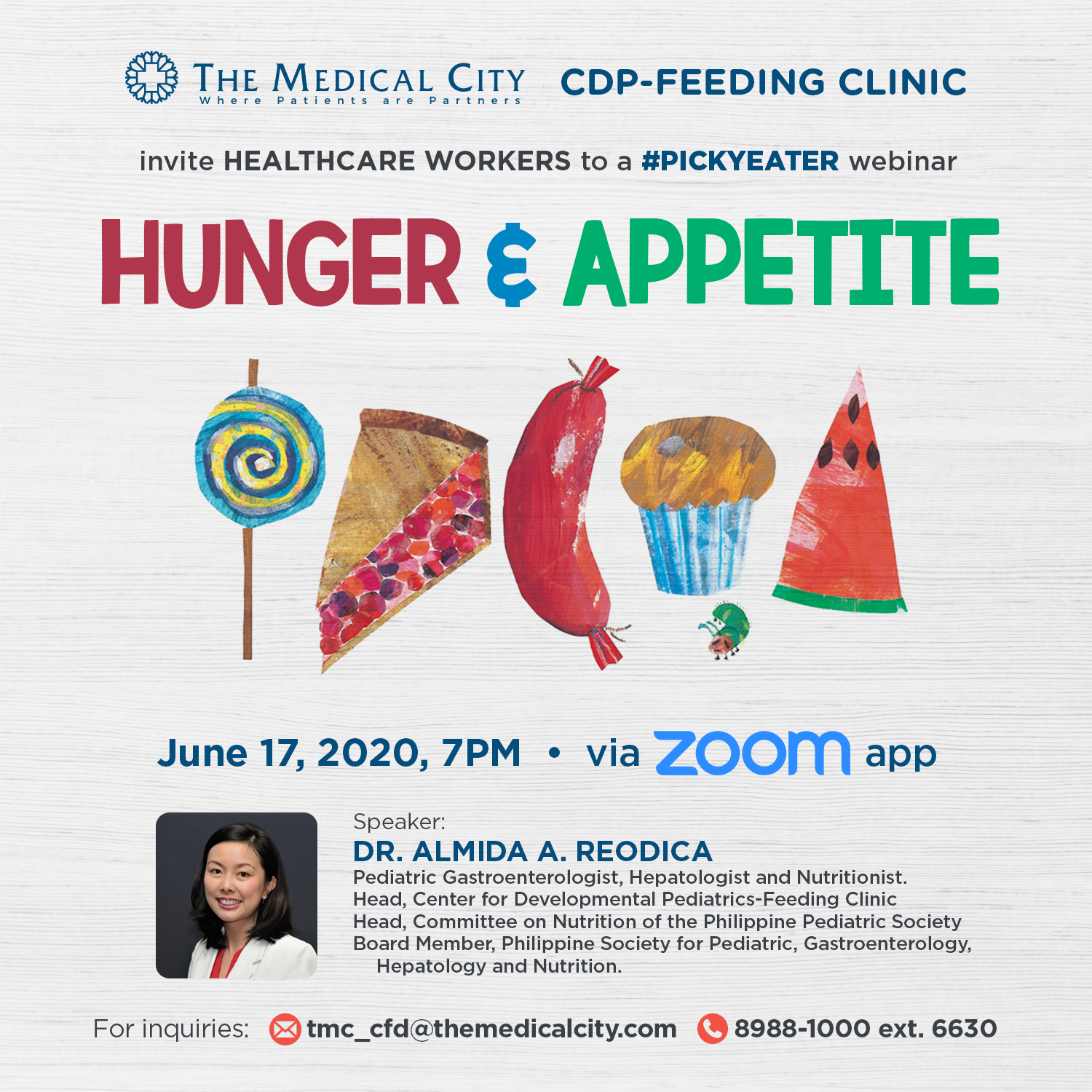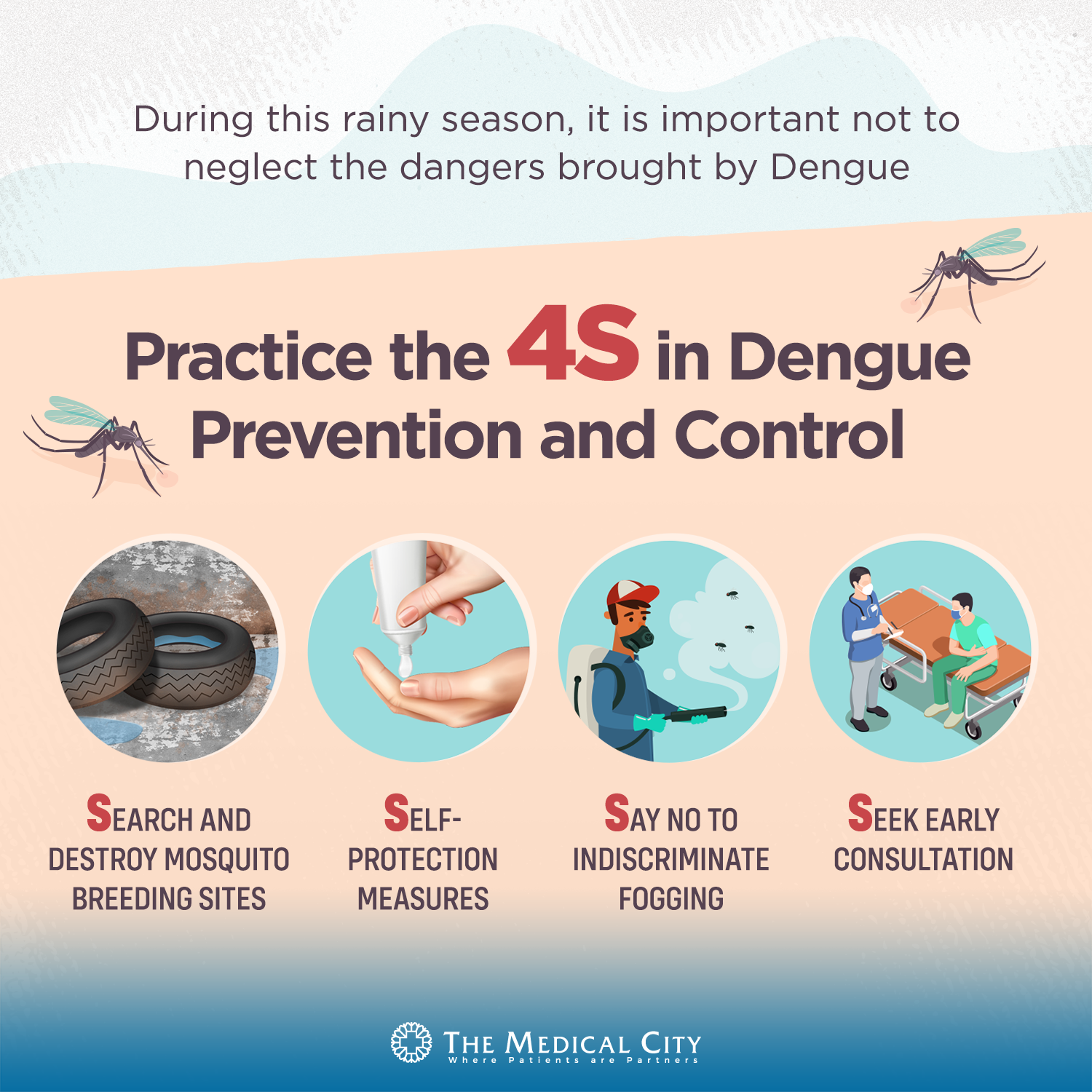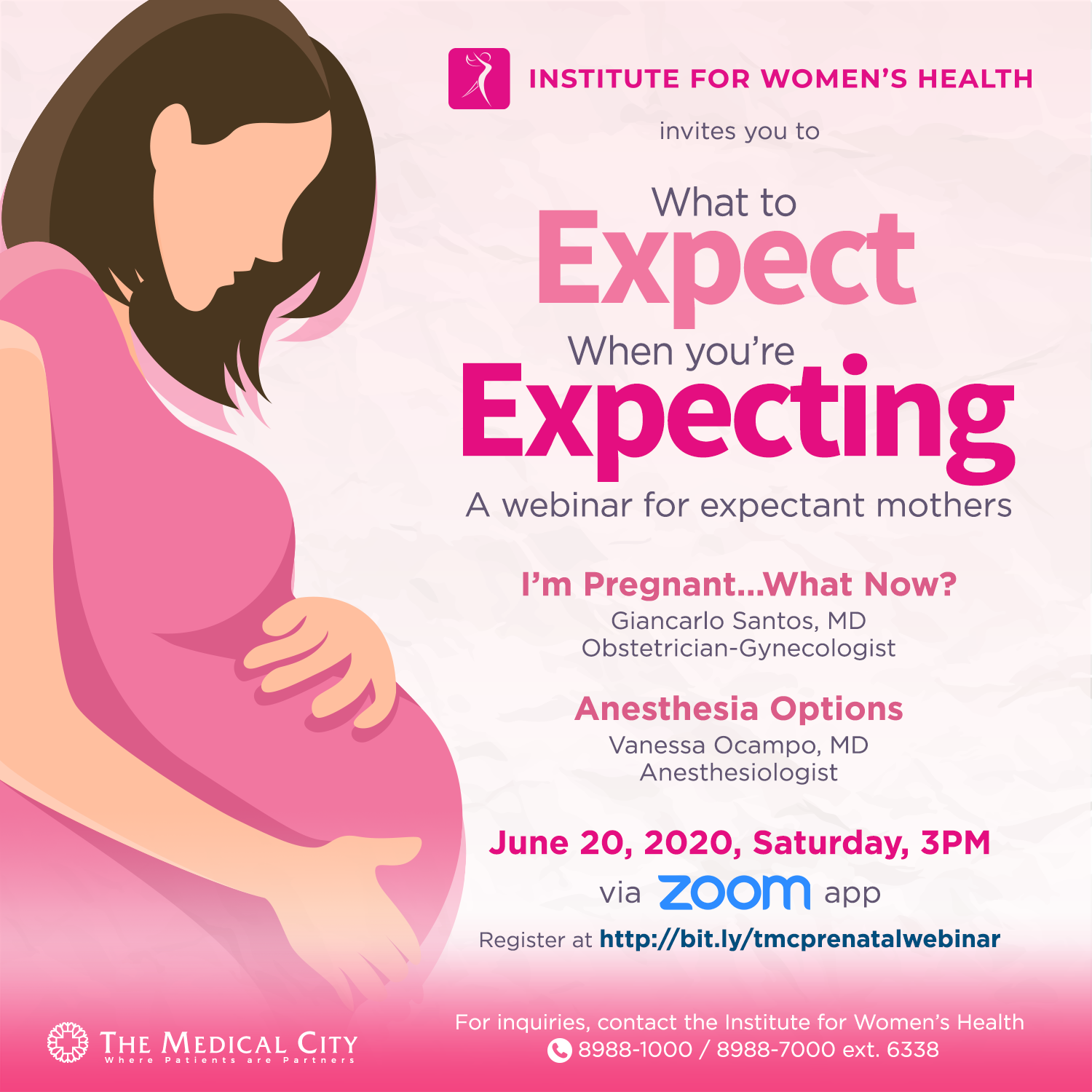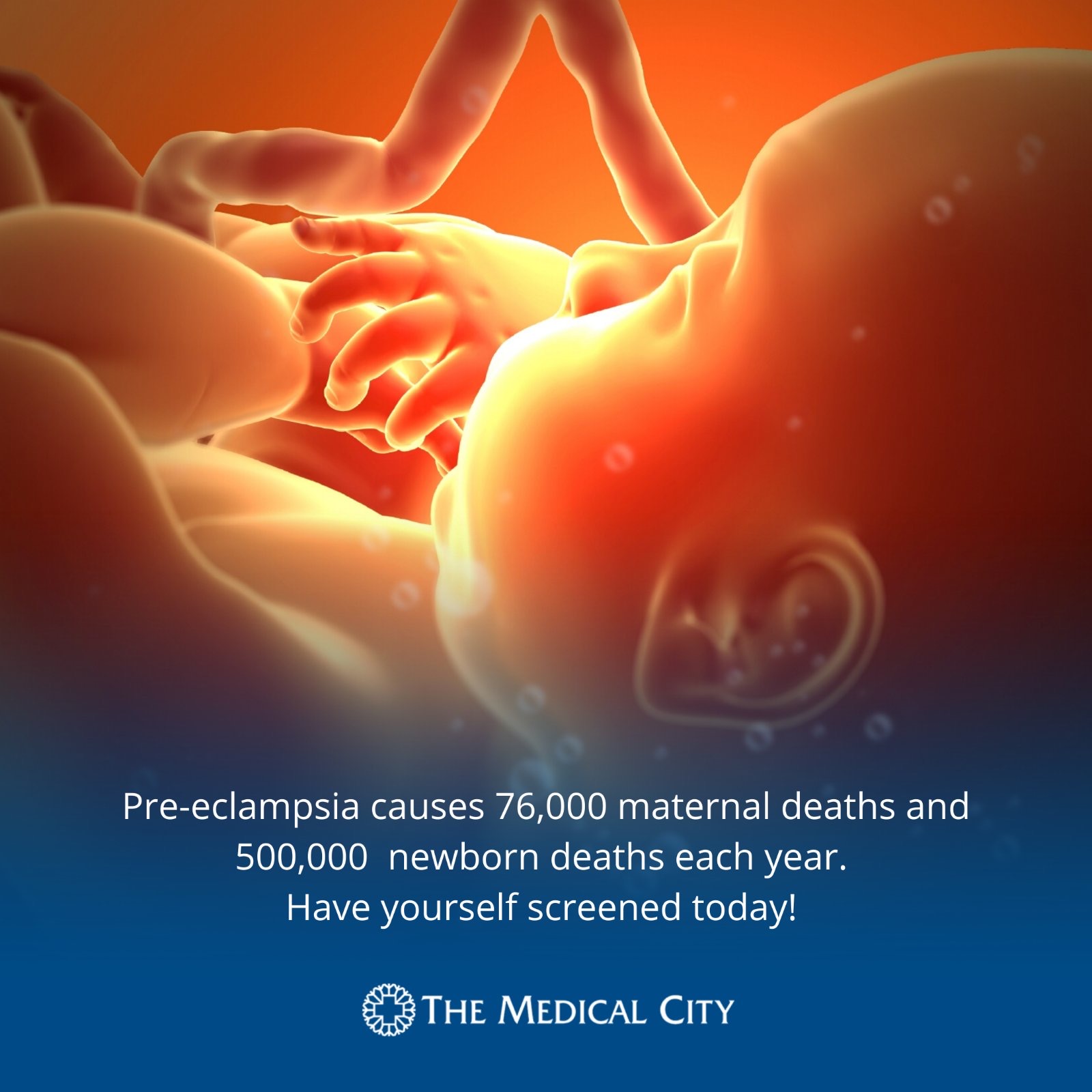COVID-19 Online Screening Tool: Answer on your smartphones or computers within 24 hours prior to your visit to The Medical City.
95% Survival Rate: TMC’s AMI Program by the Numbers
By The Medical City (TMC), Ortigas | July 16, 2025
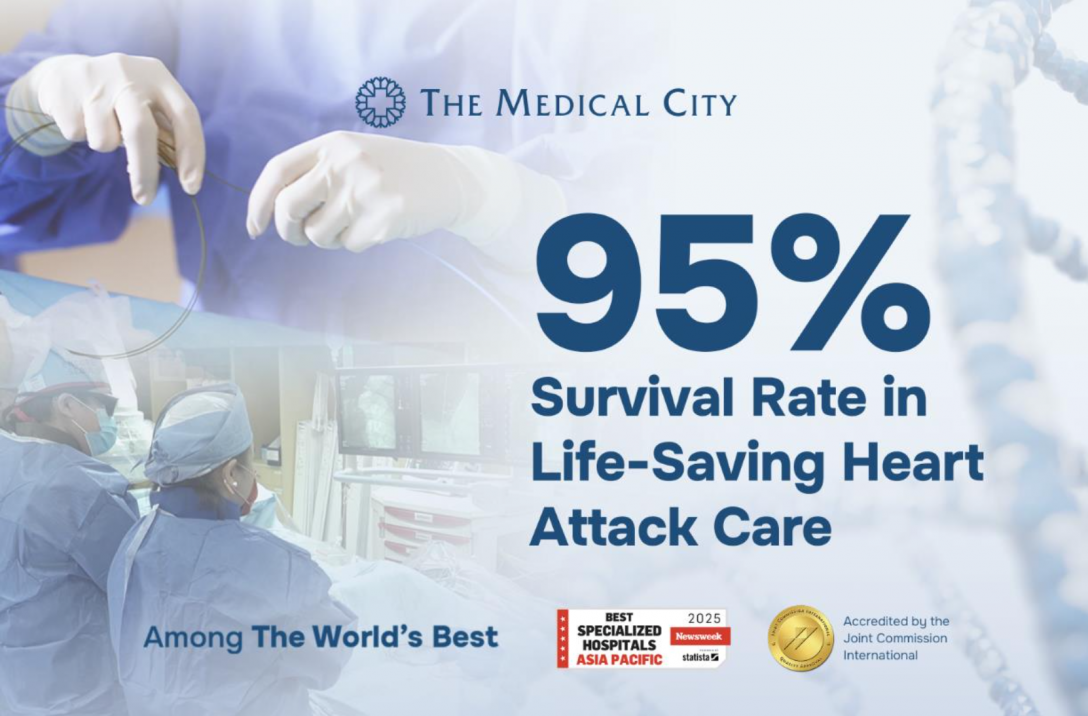
The Medical City’s Heart Attack Care Program is a recipient of Joint Commission International’s Gold Seal of Excellence and is ranked with Asia’s best hospitals for Cardiology and Cardiac Surgery.
When a 45-year-old patient came to The Medical City (TMC) with obvious signs of a heart attack earlier this year, her story could have ended like so many others—suddenly, and far too soon. But thanks to the coordinated work of TMC’s Acute Myocardial Infarction (AMI) team, she’s alive, recovering, and thriving.
She’s also part of a larger milestone: patients treated under TMC’s AMI program from 2022 to 2023 achieved a 95% one-year survival rate—a figure that marks not just a clinical breakthrough, but a new benchmark in Philippine cardiac care.
The Numbers Tell a Story
Ischemic heart disease remains the leading cause of death in the country, according to the Philippine Statistics Authority’s November 2024 data. Yet survival rates after a major cardiac event can and do improve when systems work.
TMC has tracked one-year survival outcomes since 2016. The latest data show that 95 out of every 100 heart attack patients are treated promptly, significantly improving their chances of survival.
-
2016–2018: 73%
-
2019–2021: 79%
-
2022–2023: 95%
This is not a lucky trend. It is the result of an orchestrated model of care that places speed, teamwork, and evidence-based medicine at the center of everything.
Time Is Muscle: The Critical First Hour
A heart attack occurs when blood flow to the heart is blocked, often suddenly. Not all patients experience the same symptoms, making early action critical. The most effective treatment for severe heart attacks, especially ST-Elevation Myocardial Infarction (STEMI), is emergency angioplasty, also known as Percutaneous Coronary Intervention (PCI). The goal is to open the artery and restore blood flow within 60 minutes of diagnosis.
At TMC, that standard is not aspirational—it’s routine. The AMI Rapid Response Protocol ensures a streamlined, multidisciplinary approach within the “golden hour,” improving survival and reducing long-term heart damage.
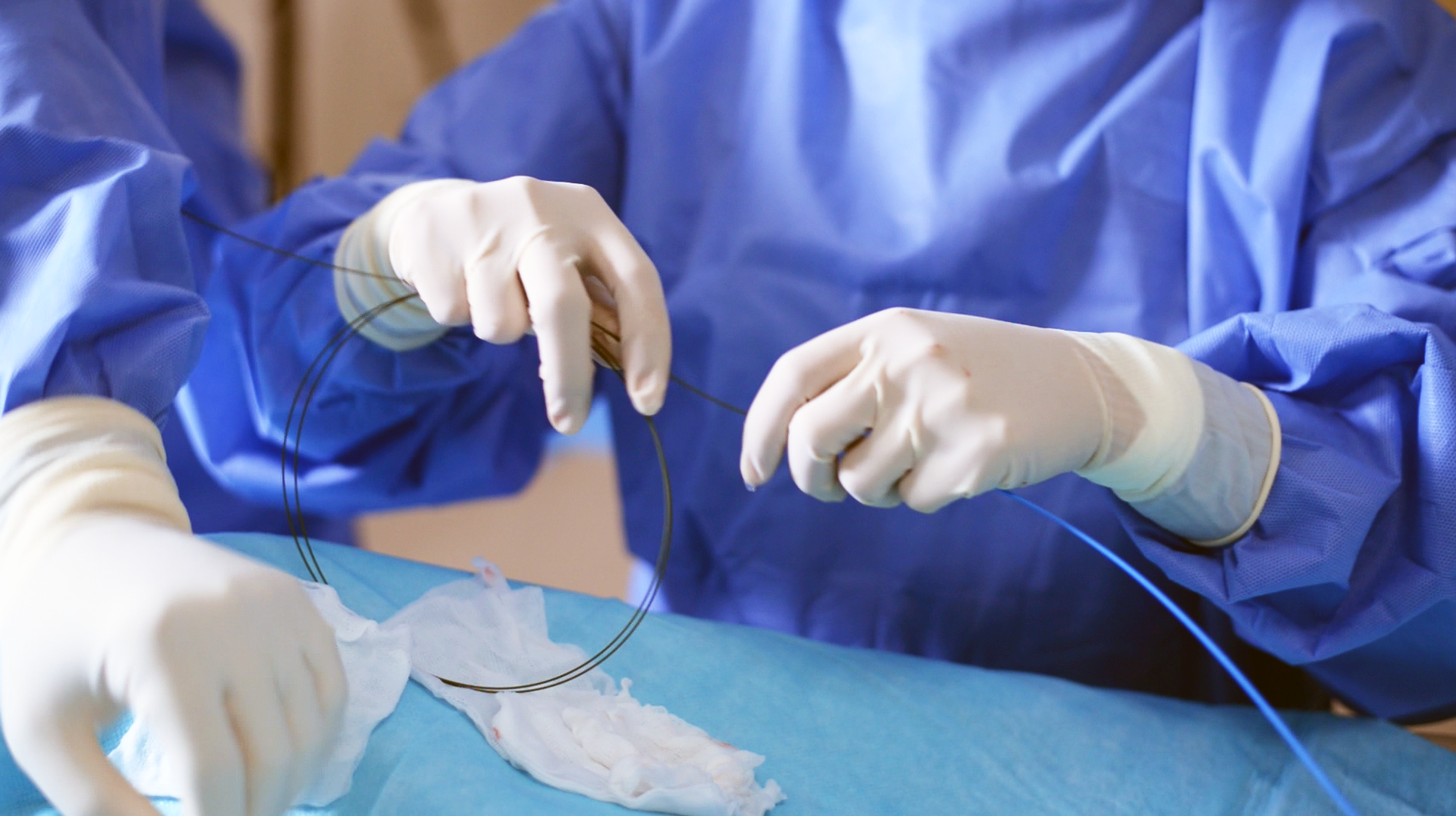
TMC’s Acute Myocardial Infarction or Heart Attack Care Program is designed to open a blocked artery within one hour.
One Team, One Standard: A Program with International Backing
The Medical City’s AMI Program was the first in Southeast Asia to receive Joint Commission International (JCI) Clinical Care Program Certification in 2015. It has since been recertified three times, including in 2024. Fewer than 20 hospitals worldwide maintain this standard for heart attack care.
At TMC, the standard is clear: patients are assessed and stabilized immediately upon arrival. Within 60 minutes, they are wheeled into the catheterization laboratory (cath lab) for percutaneous coronary intervention (PCI)—a procedure more commonly known as angioplasty—where doctors work quickly to open the blocked artery and restore blood flow to the heart. But care doesn’t end there. A dedicated multidisciplinary team stays engaged throughout the patient’s journey, from hospital discharge to rehabilitation and structured follow-ups over the course of a full year.
The interventional cardiologist and program lead, Dr. Jose Paolo Prado, leads this system where lives are measured in minutes and saved because of it.
From STAT to Stable
When the patient was rushed to the Emergency Department, the AMI team recognized her as a STAT or emergent case. After the successful angioplasty, she later enrolled in cardiac rehab and accessed full benefits under PhilHealth's AMl package.
Her outcome is one of many, but it underscores something profound: behind every data point is a life, a family, and a second chance.
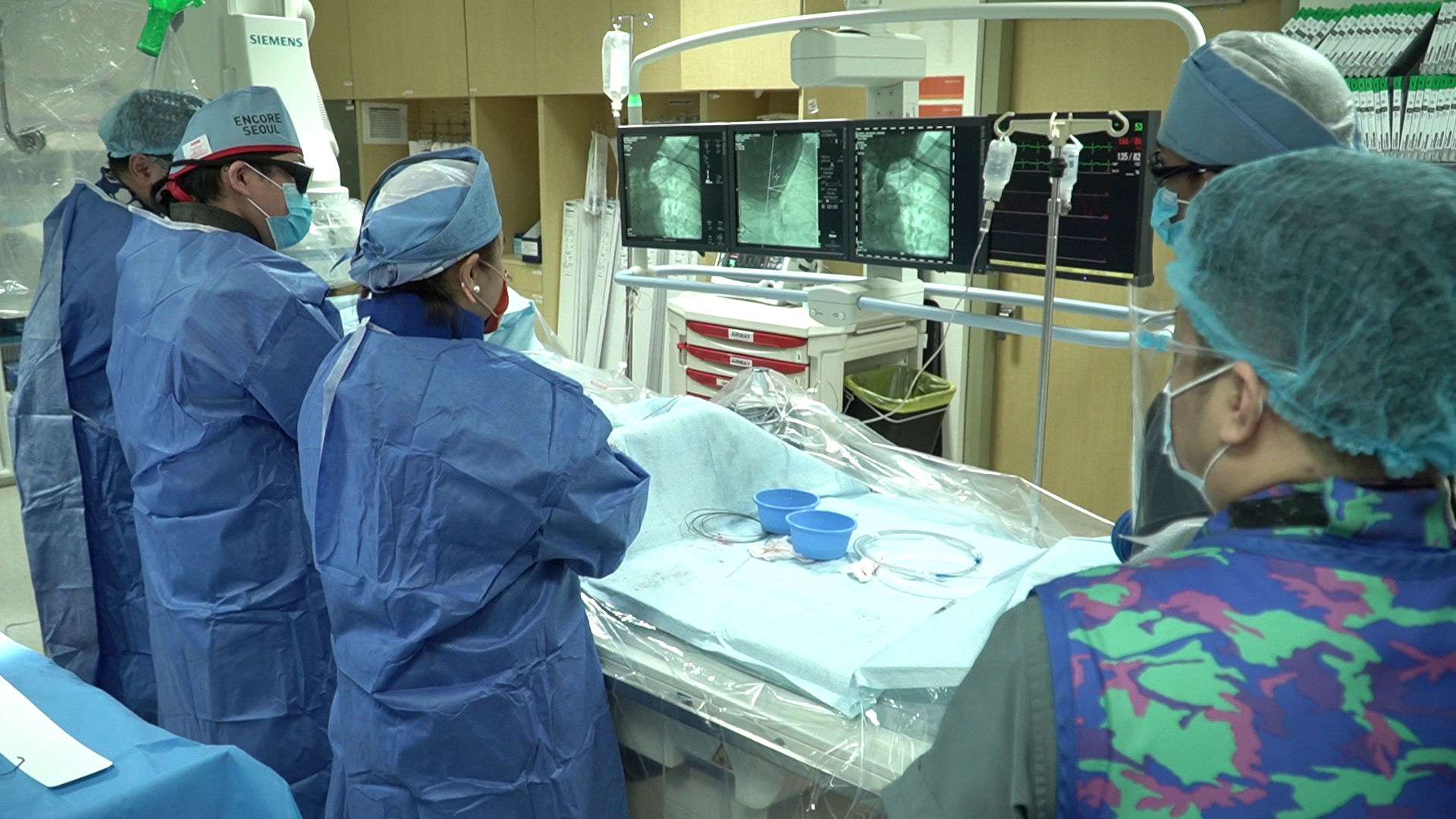
TMC’s Heart Attack team performing angioplasty procedure.
Sustaining Results Across the Network
TMC is extending this gold standard beyond its flagship in Ortigas. Through a hub-and-spoke model, training and protocols are being rolled out in TMC Clark, Iloilo, South Luzon, and Pangasinan to ensure more Filipinos receive the same life-saving care, regardless of geography.
Why This Matters Now
In an era saturated with data and desensitized by statistics, a 95% survival rate after a heart attack offers clarity and hope. It is a number that reminds us that behind complex care pathways and certifications is a simple promise: we will do everything we can to give you a second chance.
And sometimes, that second chance is all that’s needed.
If You Suspect a Heart Attack
Every second counts. Know the symptoms:
-
Chest pain or pressure that extends to the jaw and neck
-
Shortness of breath
-
Cold sweat, nausea, lightheadedness
Call (02) 8988-1000 or proceed to The Medical City Emergency Department.
Related News SEE ALL NEWS

Health
The Gift of a Second Life

Health #MyTMCExperience Press Room
She Thought It Was Just Heartburn—It Was Actually a Heart Attack
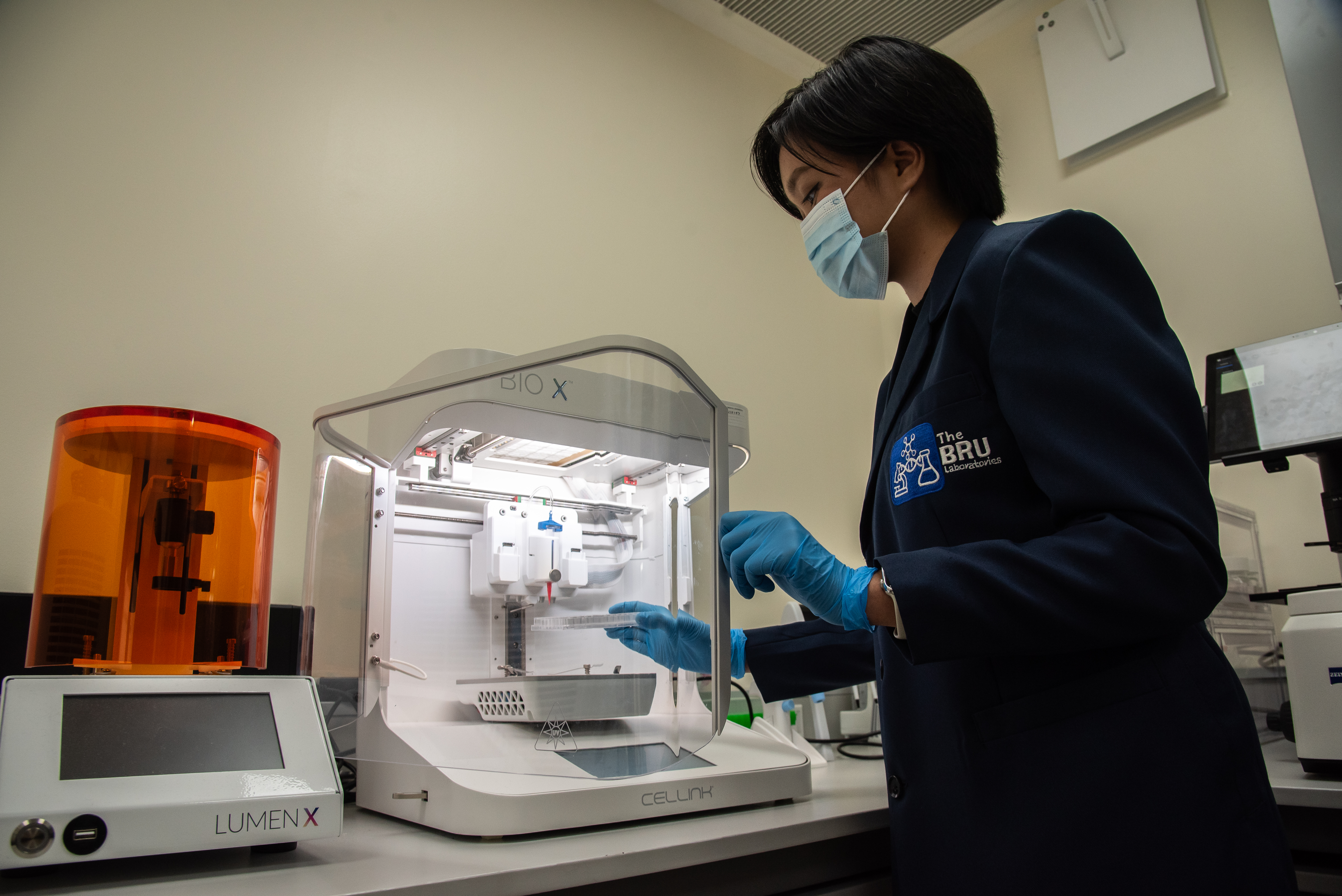
Health Research
Tissue Engineering for a Future without Organ Shortages
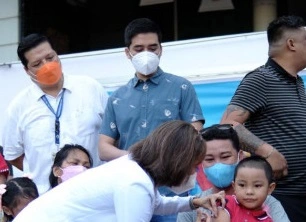
Health Press Room
Chikiting Ligtas: Addressing the Gap in Immunization Coverage

Health Corporate
Notice to the Shareholders of Professional Services Inc. (PSI)

Health Corporate
Notice to the Shareholders of Professional Services Inc. (PSI)

Health Corporate
Notice to the Shareholders of Professional Services, Inc. (PSI)

Health #MyTMCExperience
Friendship goals: See the world better, TOGETHER

Health #MyTMCExperience
#MyTMCexperience: Rod Cruz
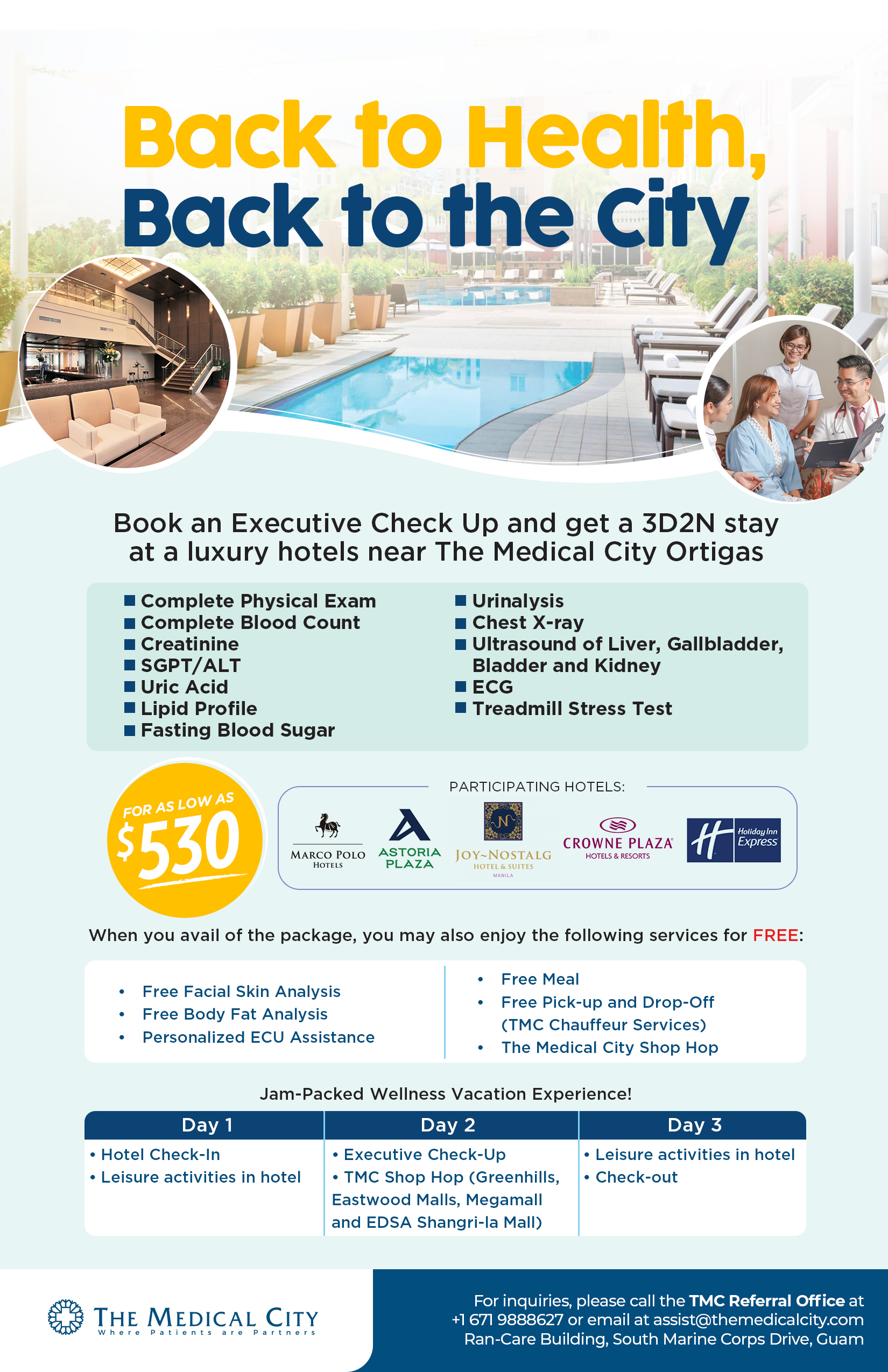
Health TeleHealth COVID-19
Back to Health, Back to the City
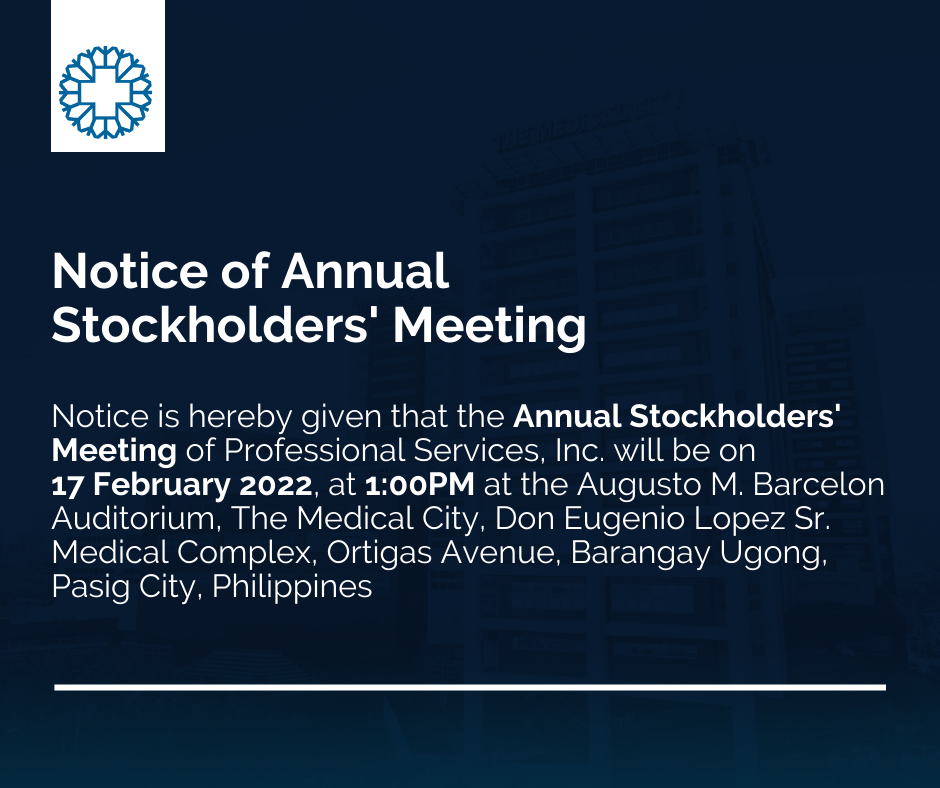
Health Corporate Advisories
Notice of Annual Meeting of Stockholders

Health Corporate
Pedalling through Safety

Health
Diabetes and COVID-19

Health
FAQs on Patient Portal

Health
2021 Holy Week Schedule
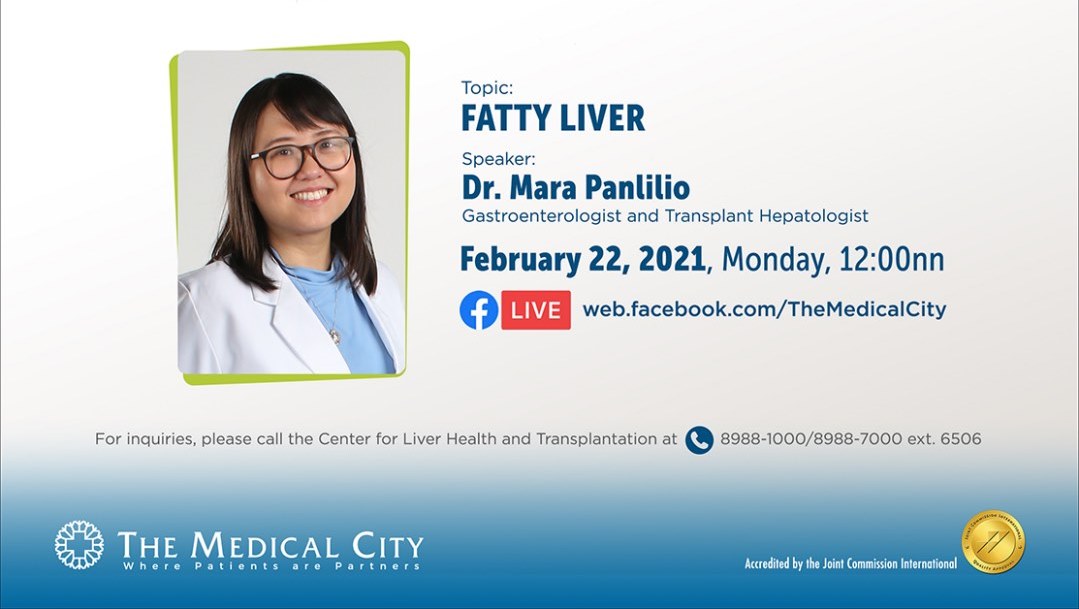
Health
How serious is fatty liver?

Health Desk of the President
Oxford Business Group: The Report 2021 - Addressing the Gaps
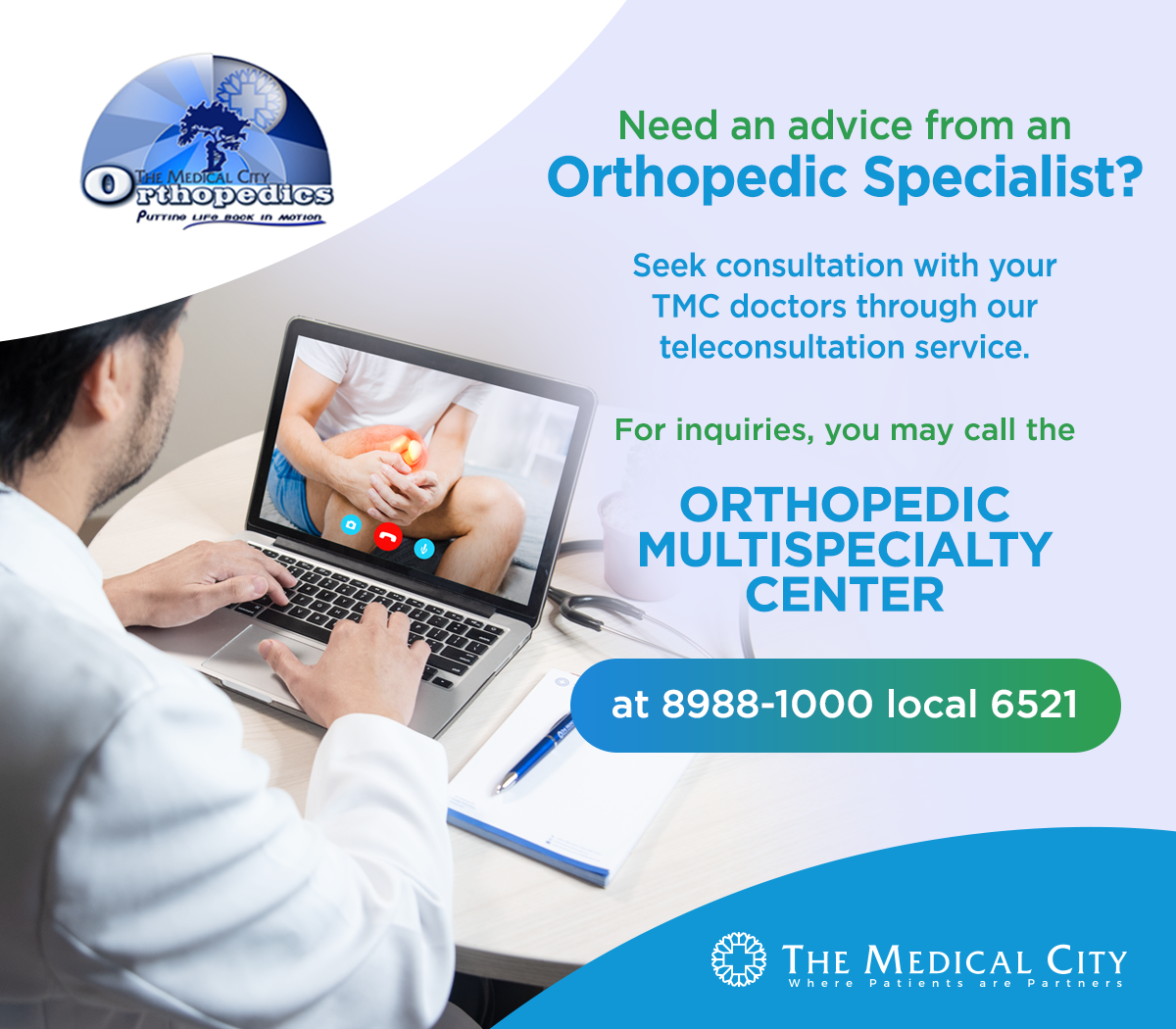
Health TeleHealth
Need an advice from an Orthopedic Specialist?

Health
Welcome 2021 in good health
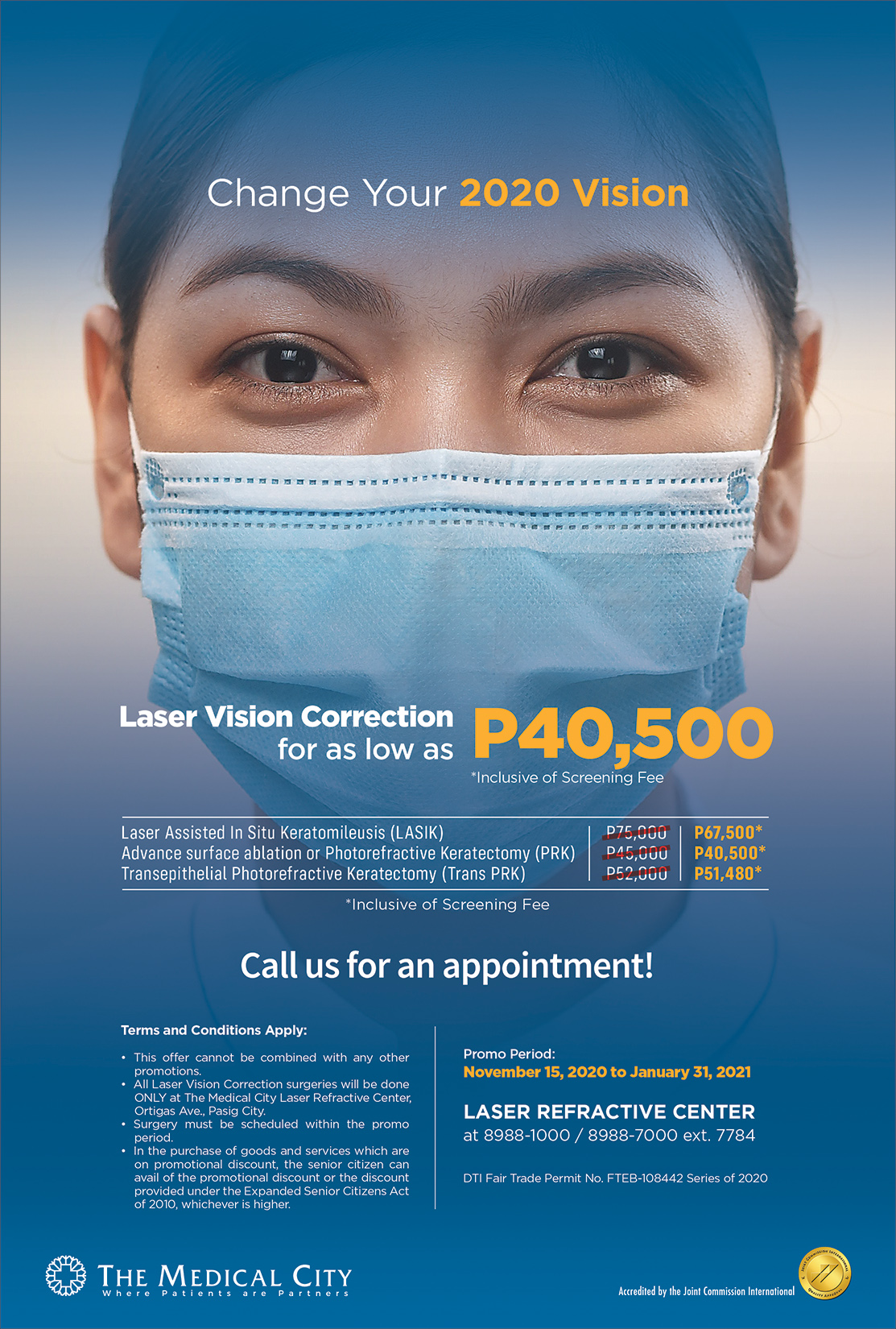
Health
Change Your 2020 Vision

Health COVID-19
Convalescent Plasma Donation for COVID–19 Survivors
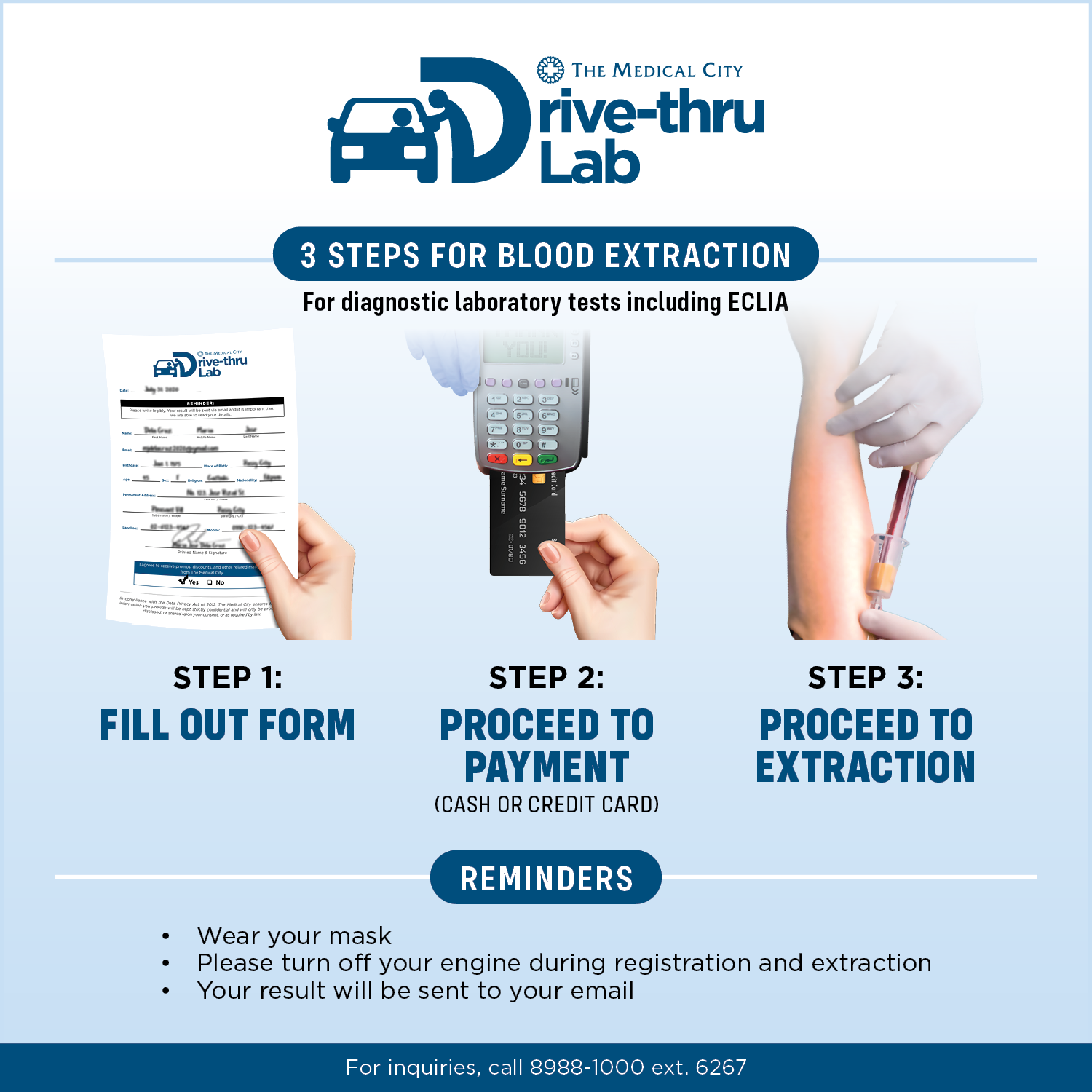
Health
FAQs on TMC Drive-thru Lab
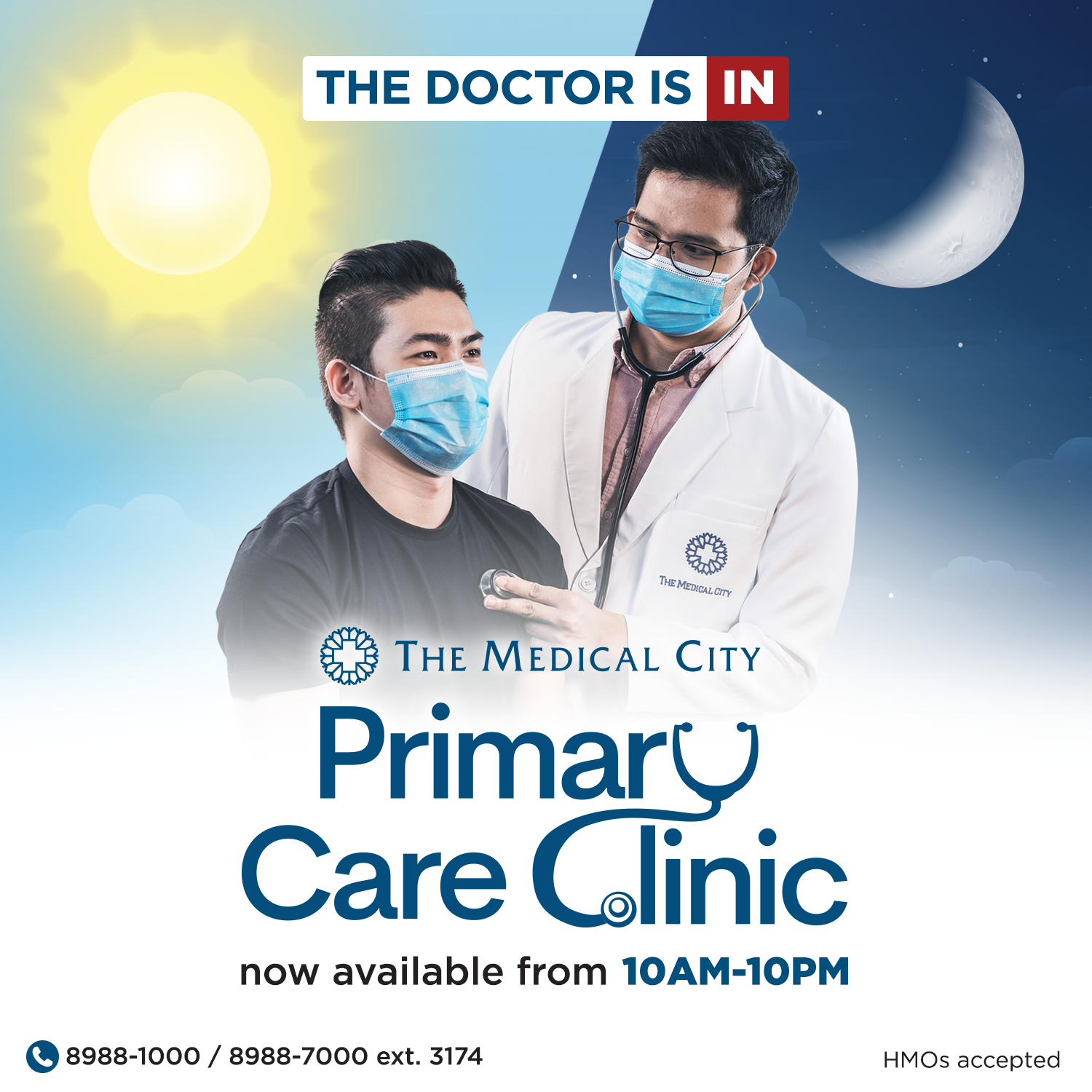
Health
Be in and out in 90 minutes

Health
Schooling in the New Normal
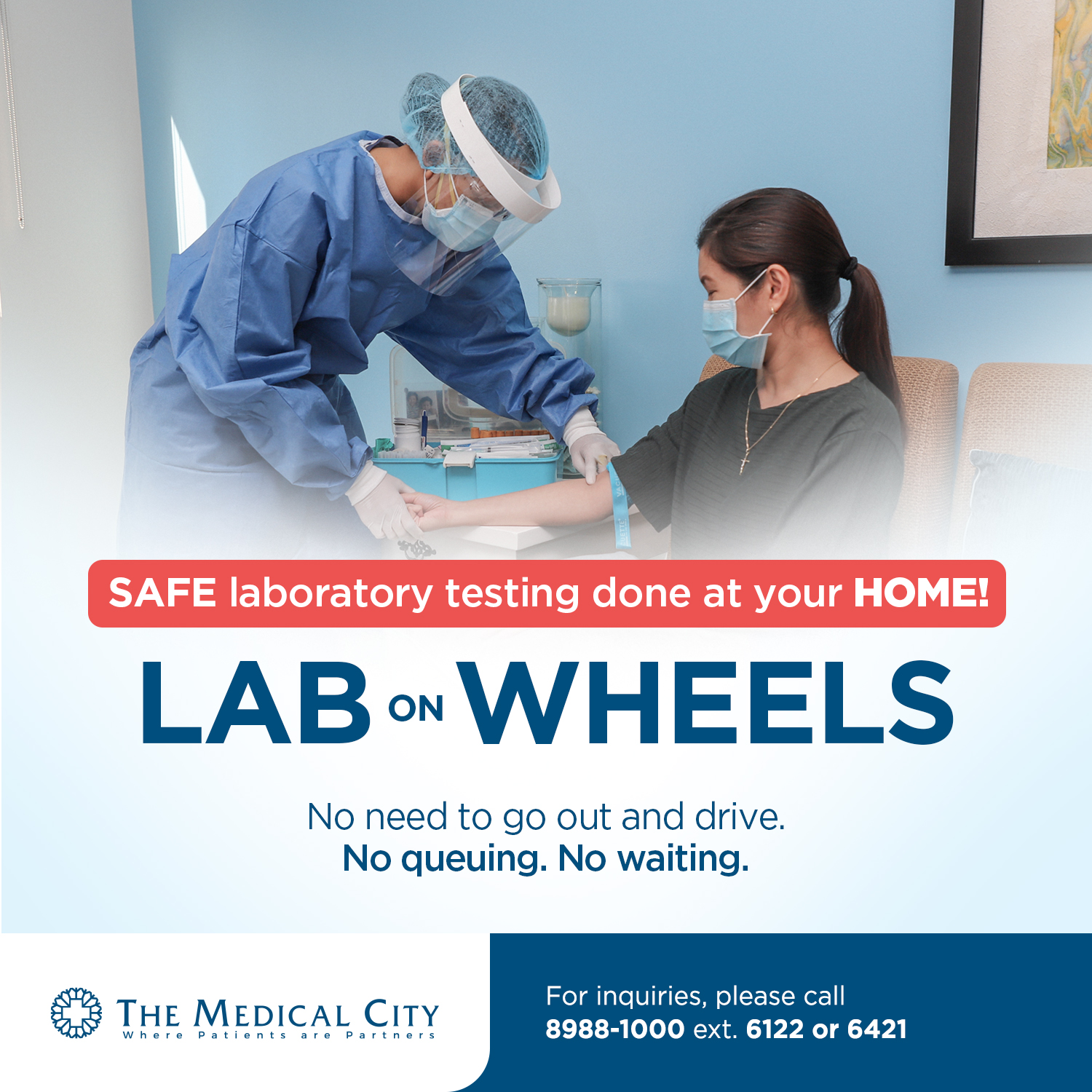
Health
TMC Lab on Wheels

Health
Autism

Health
Eye Health in Computer Work

Health
Speech Delay
Copyright © 2020 The Medical City. All rights reserved.

